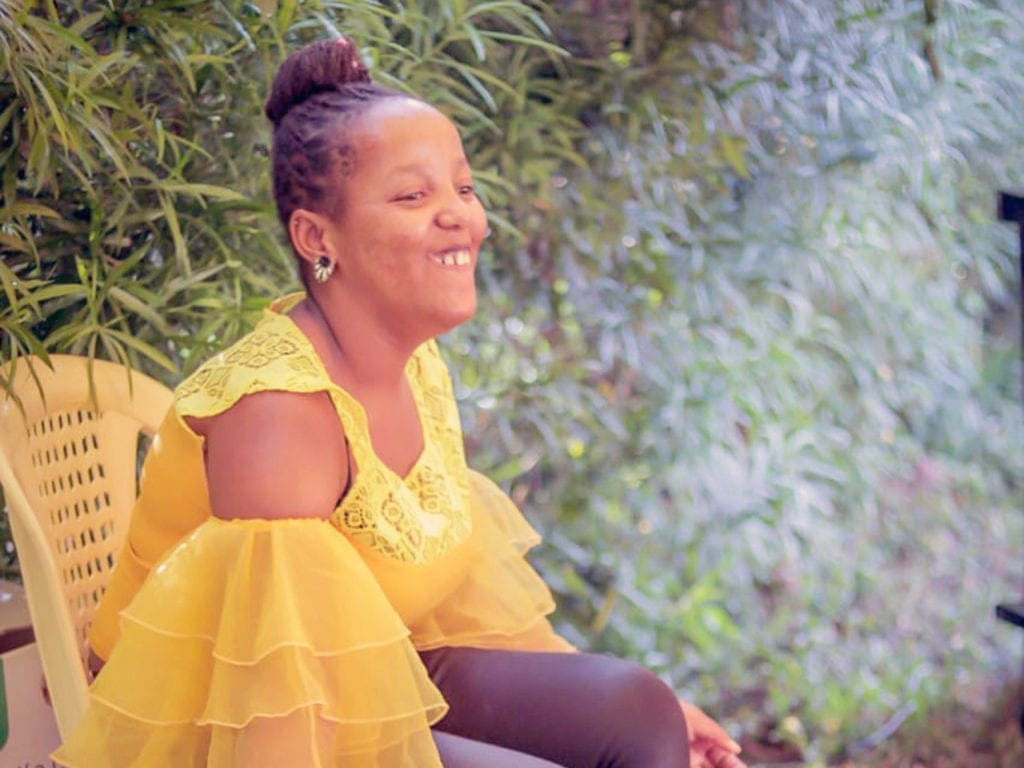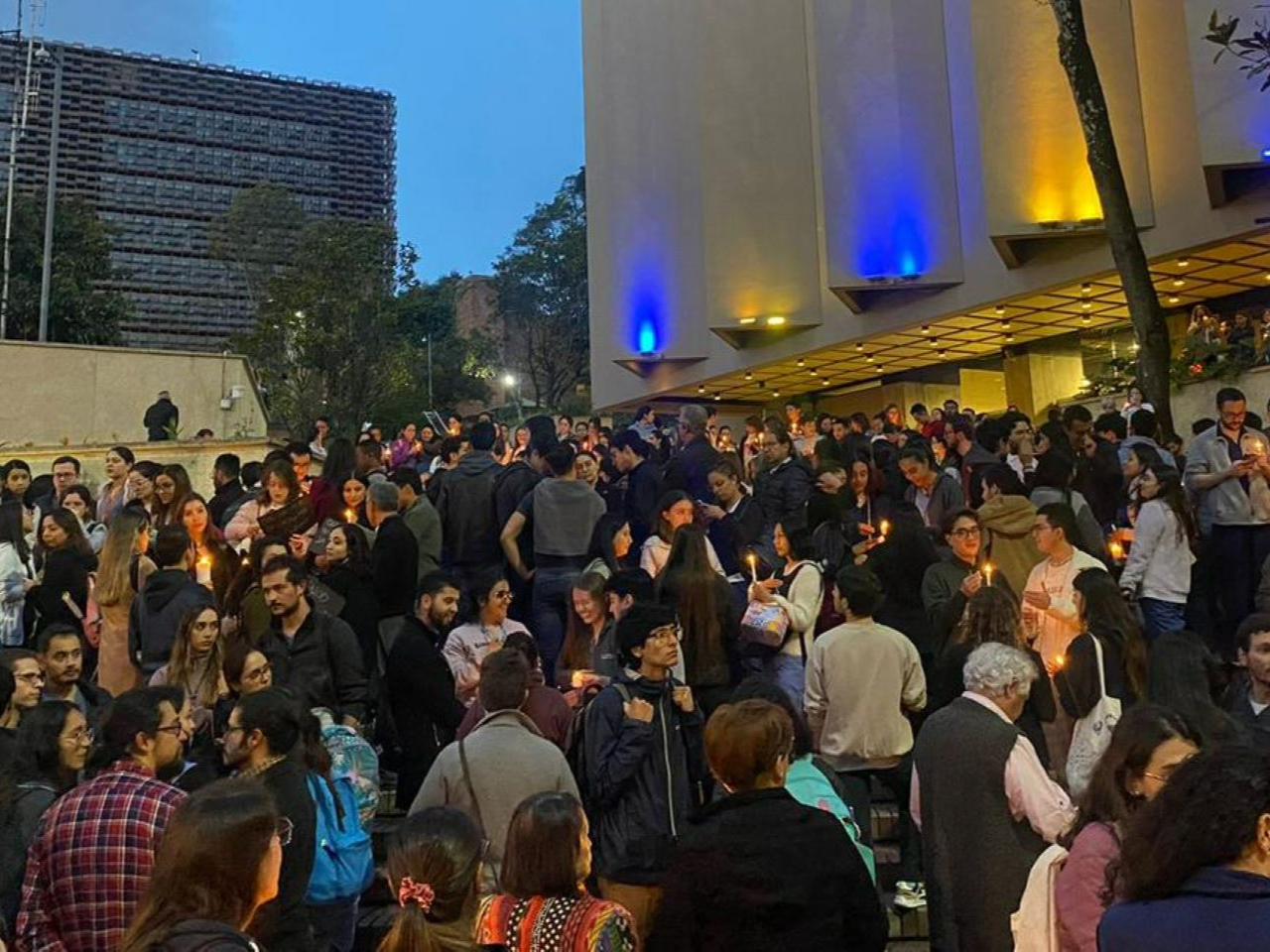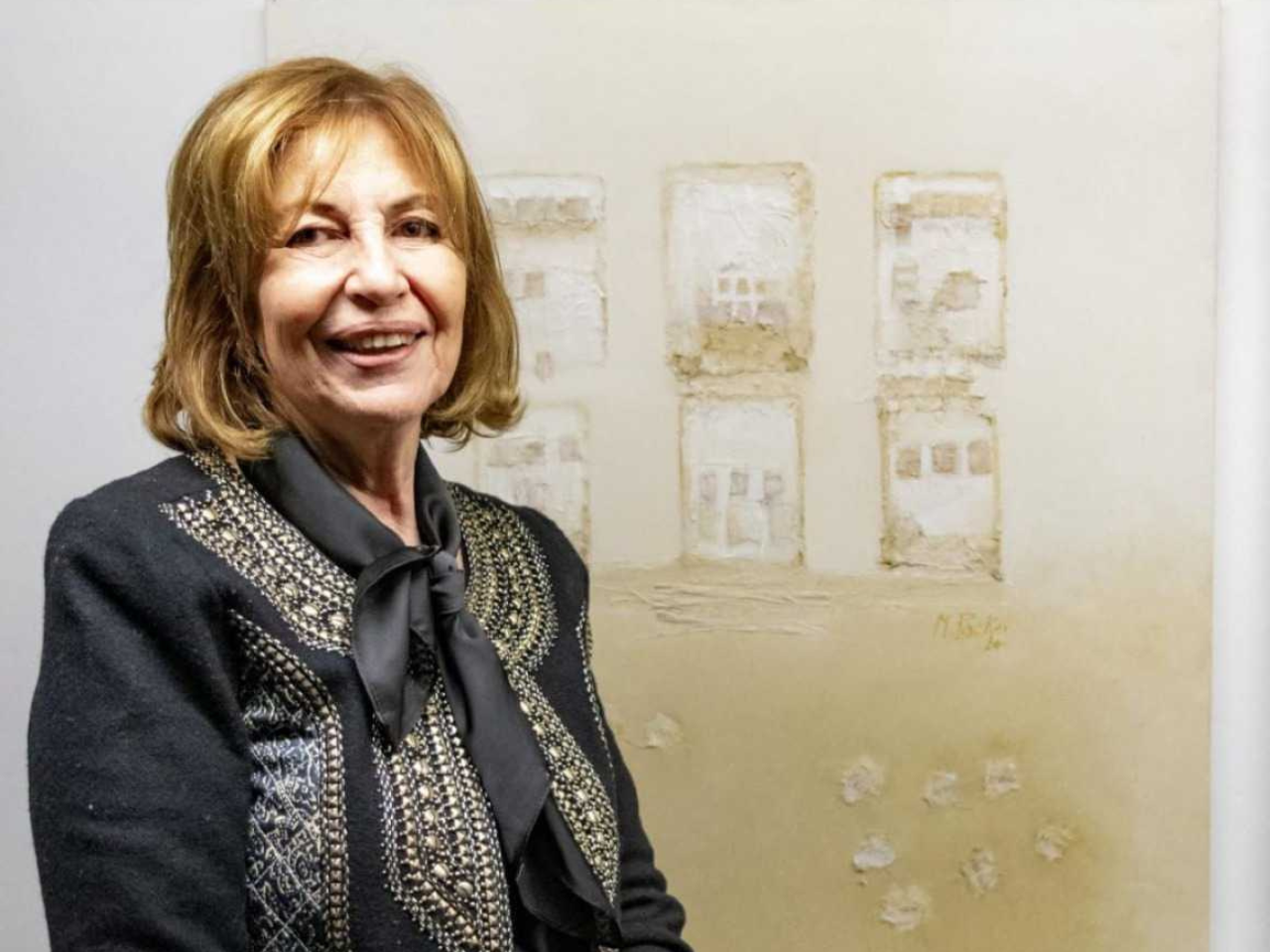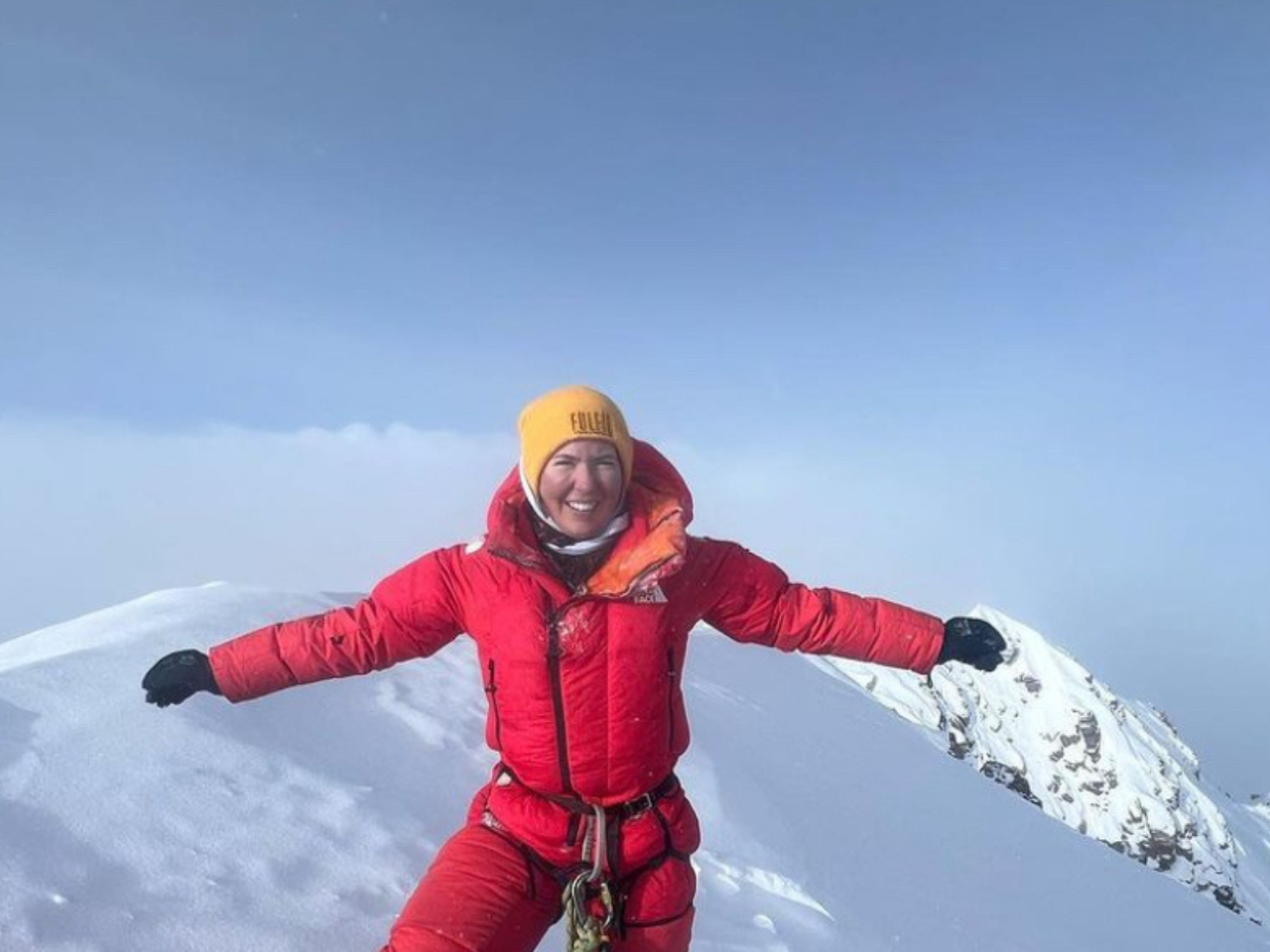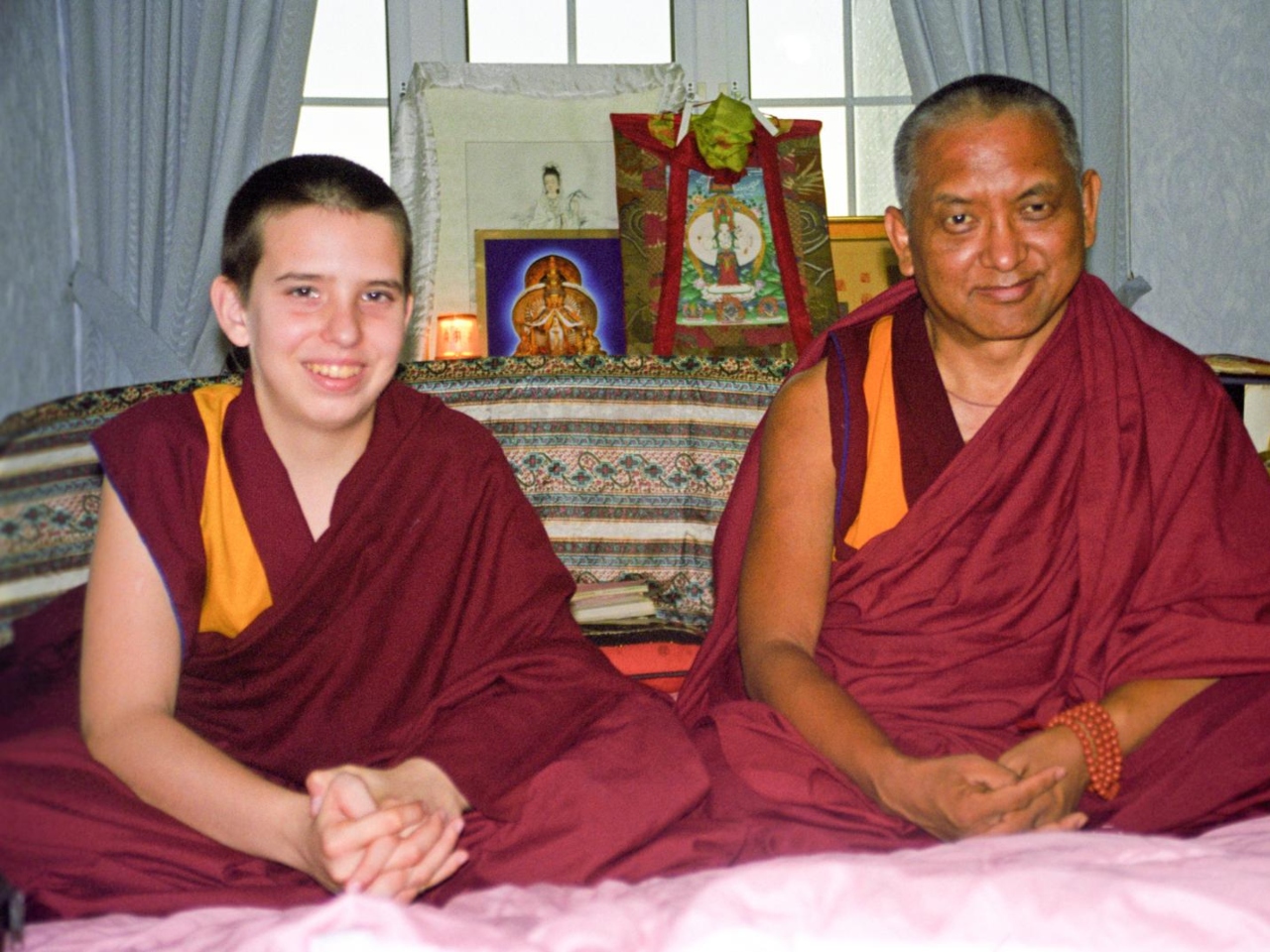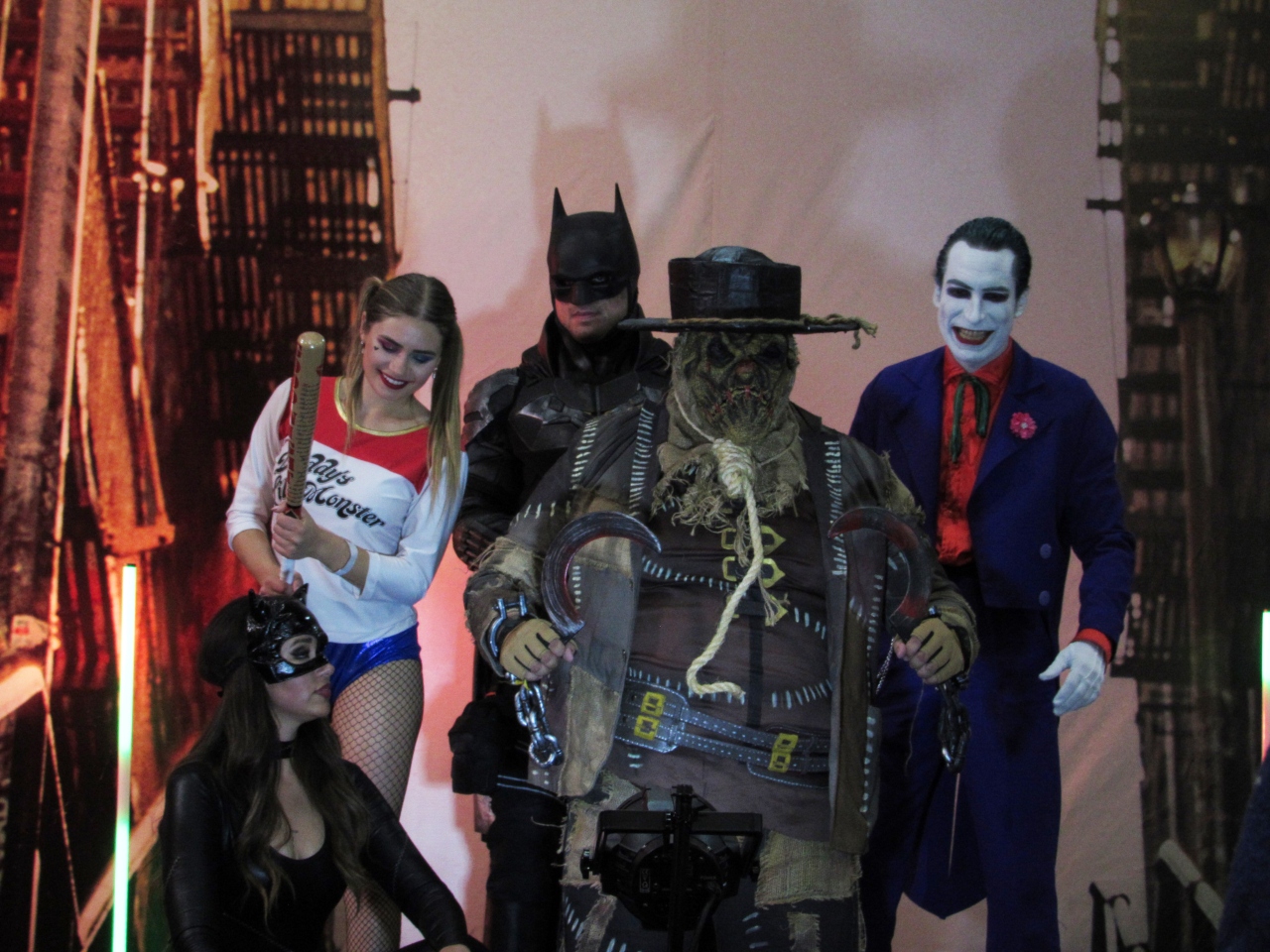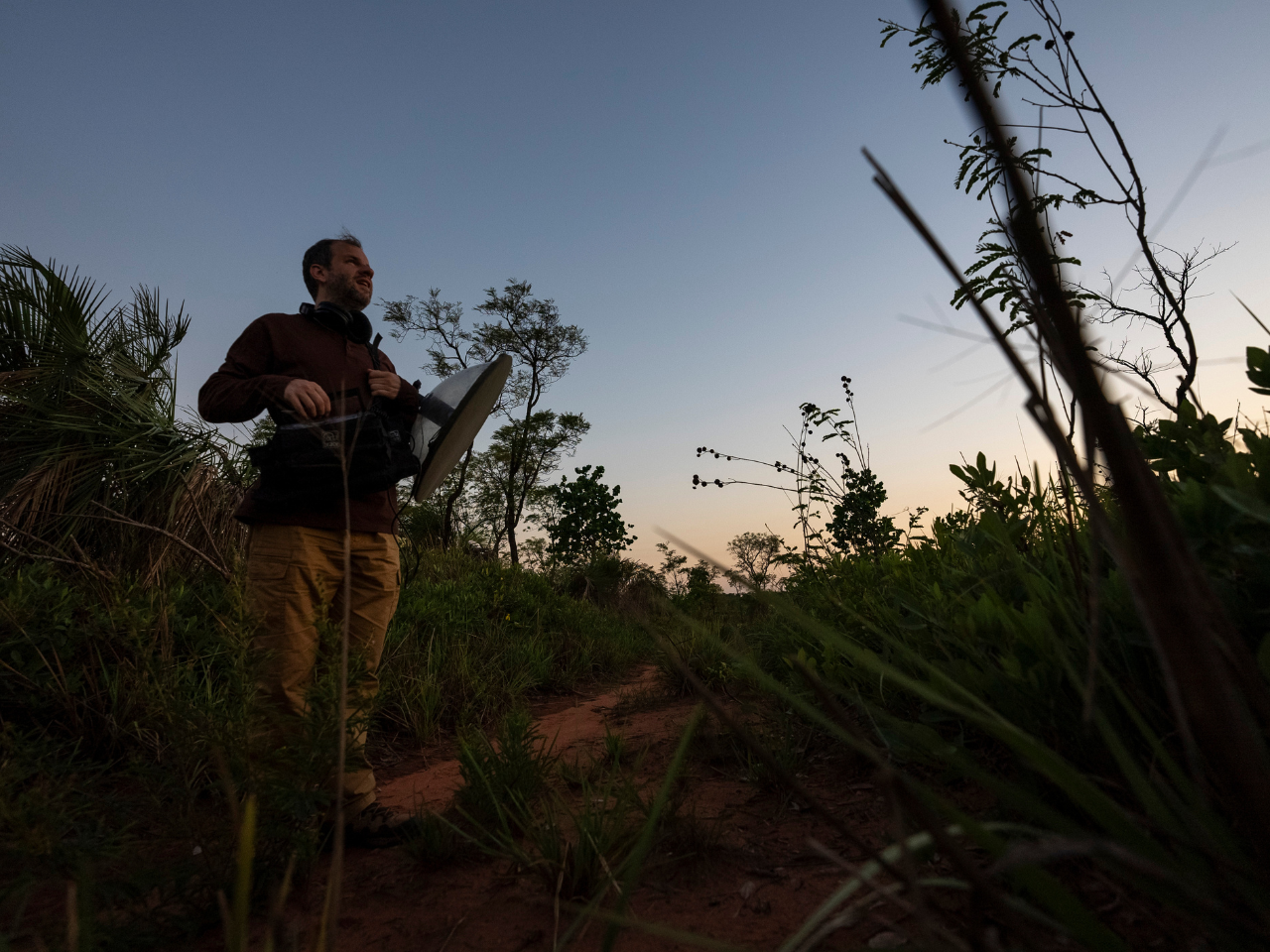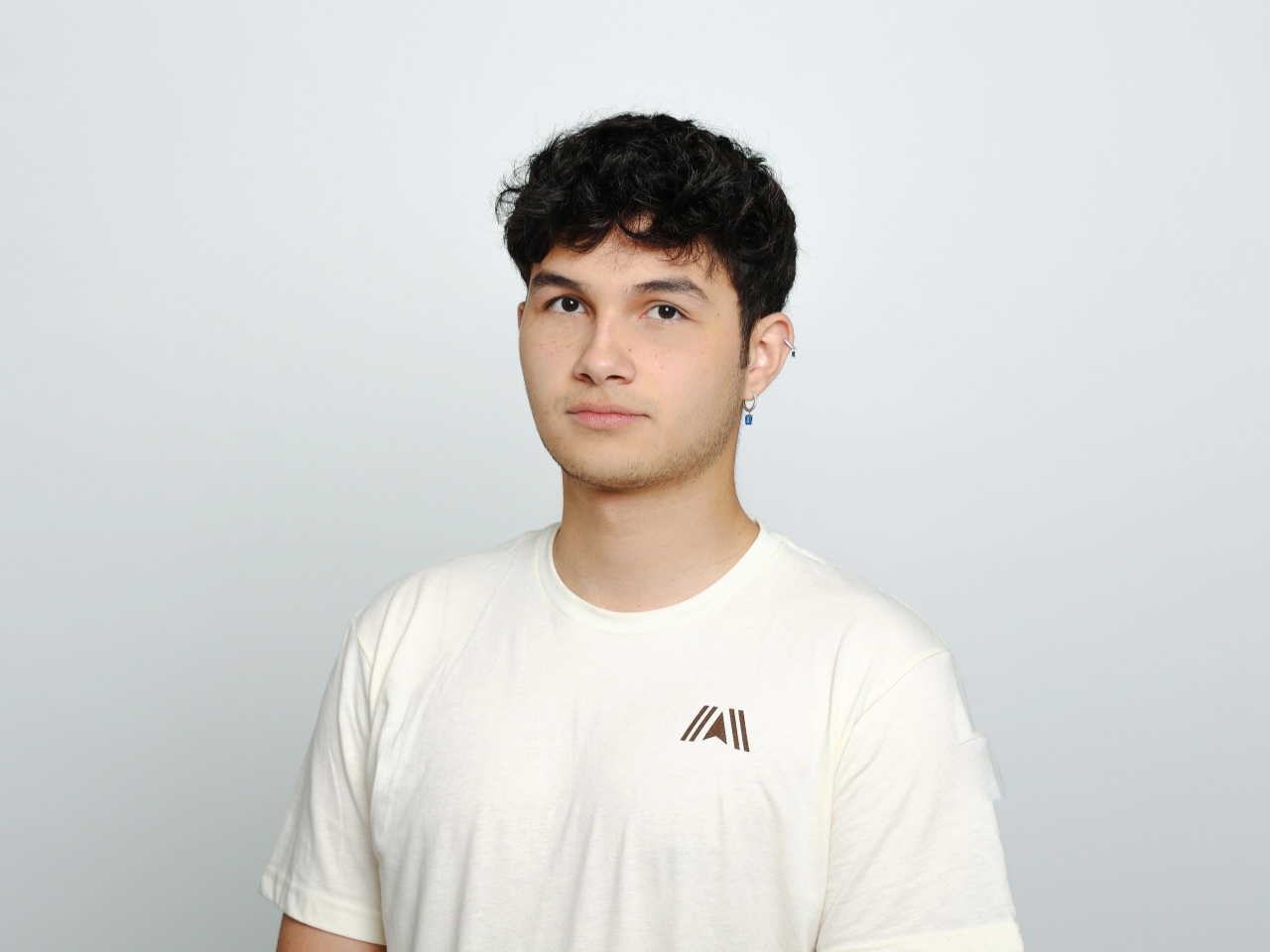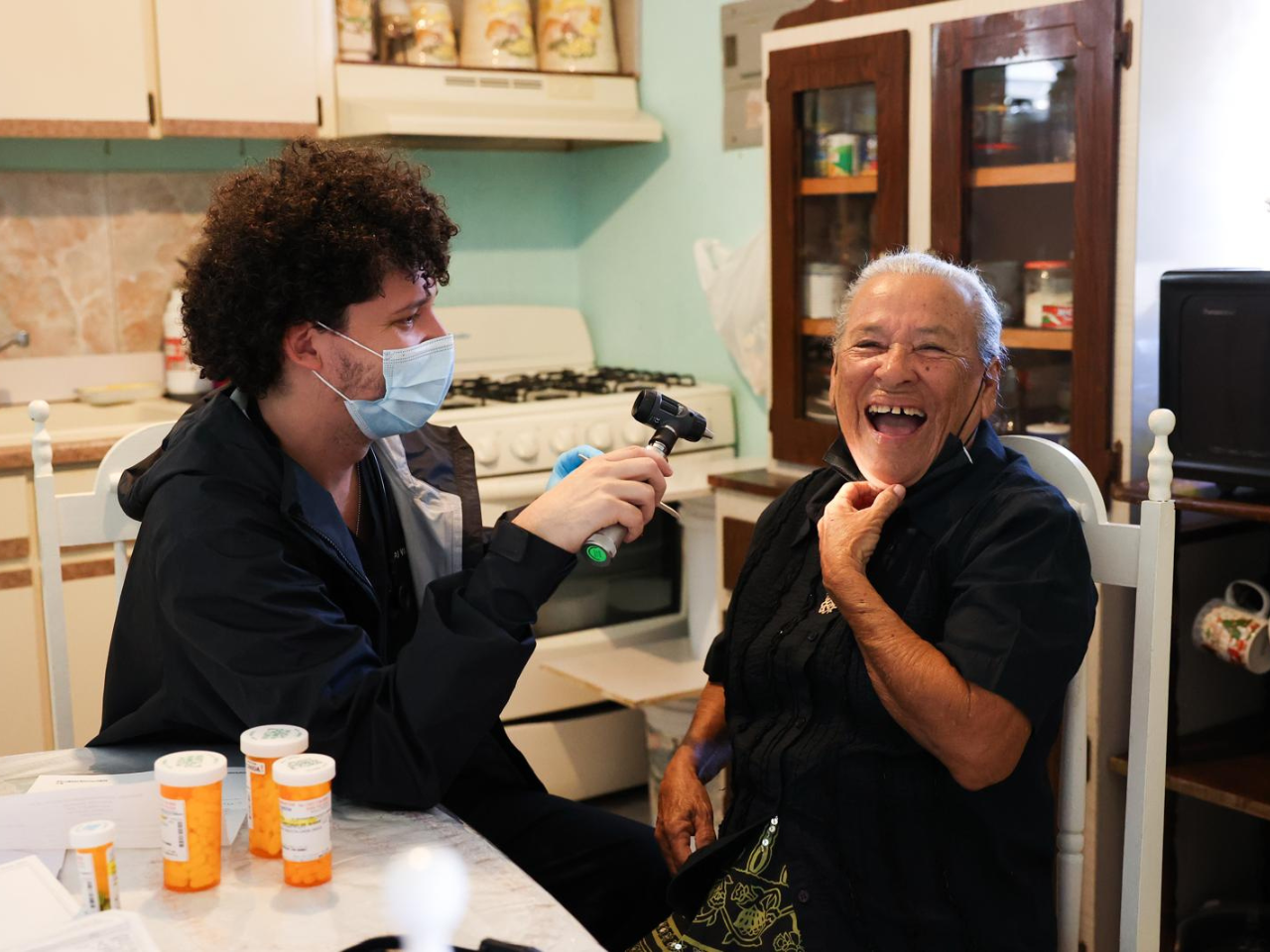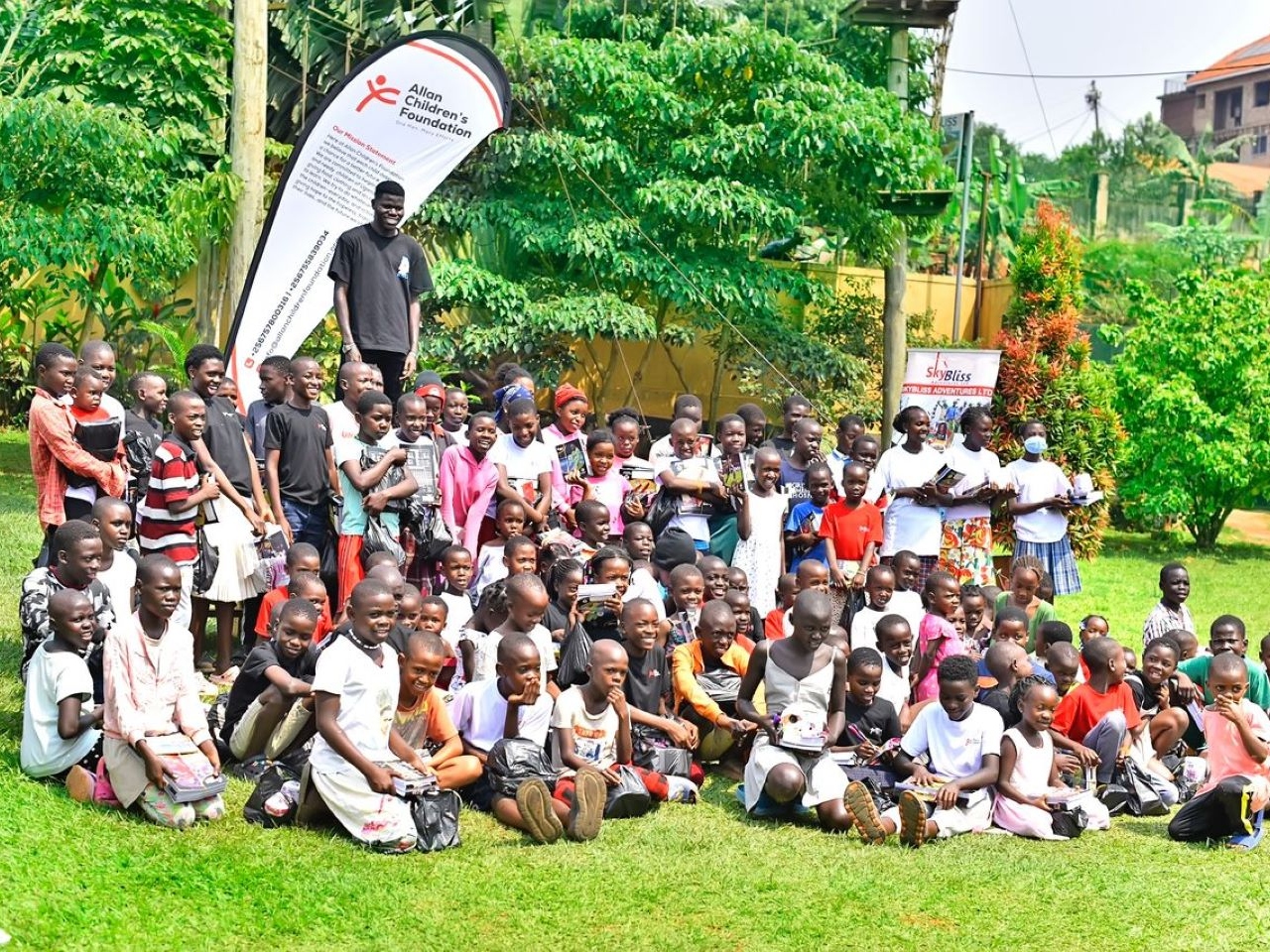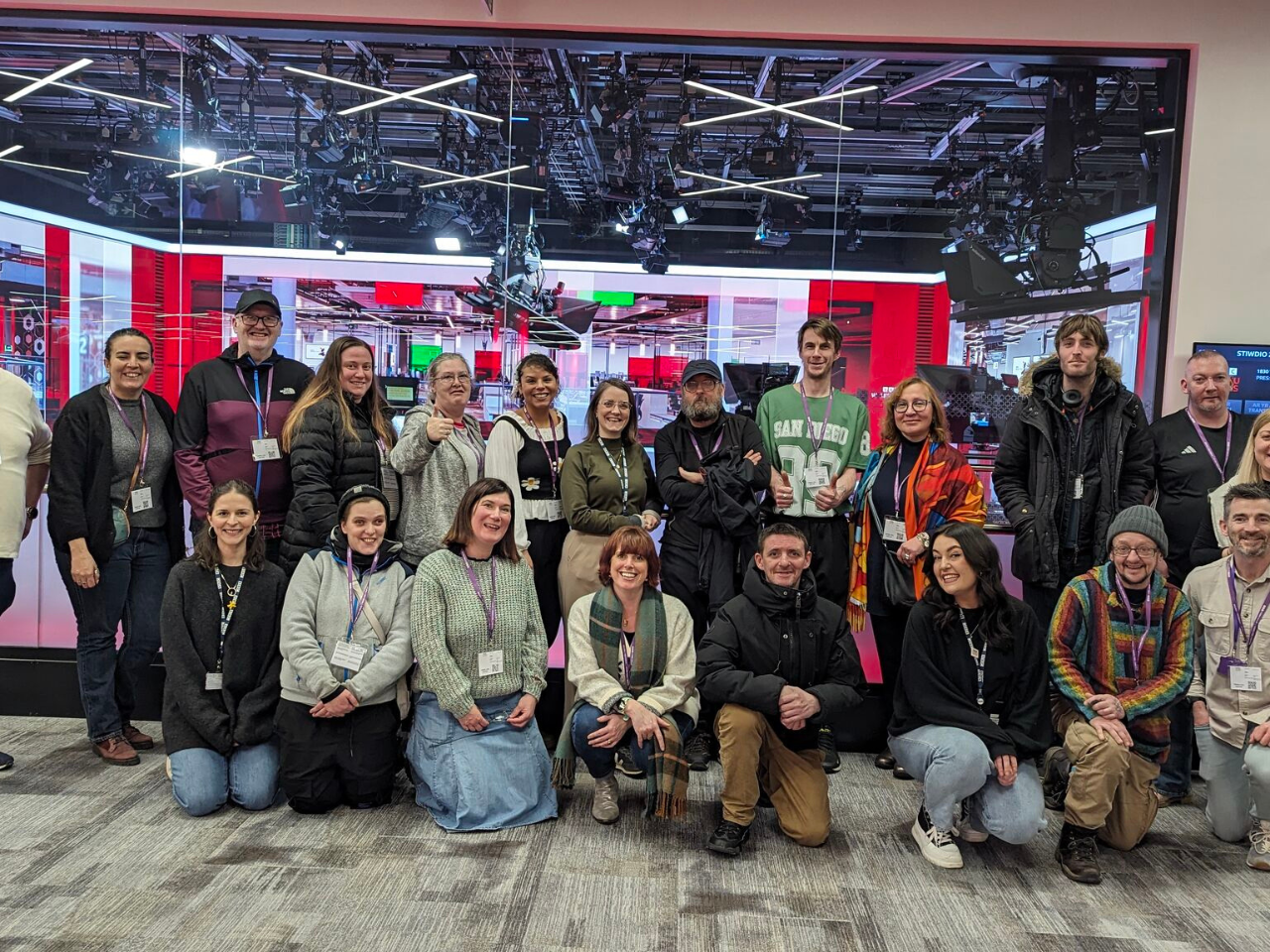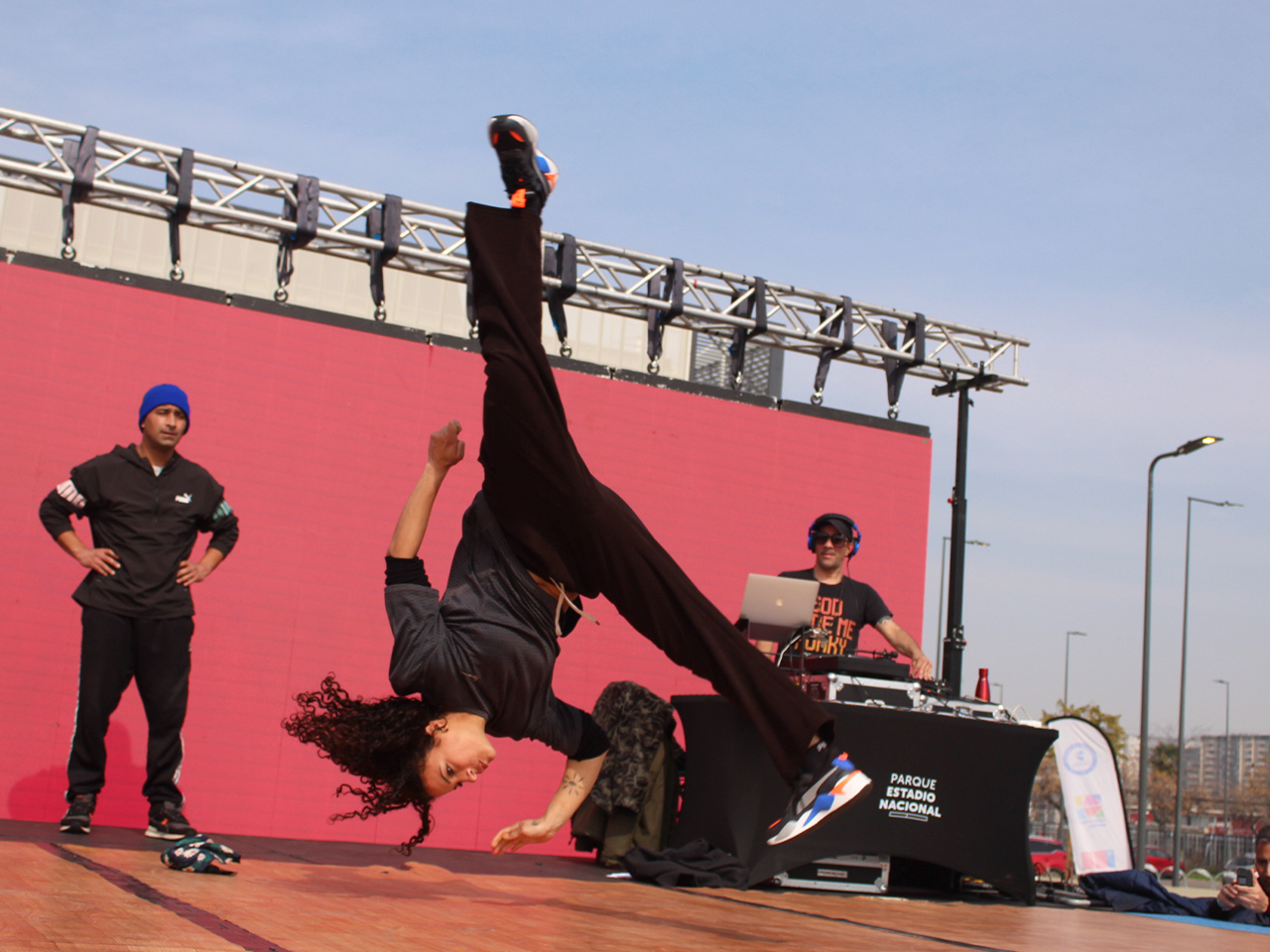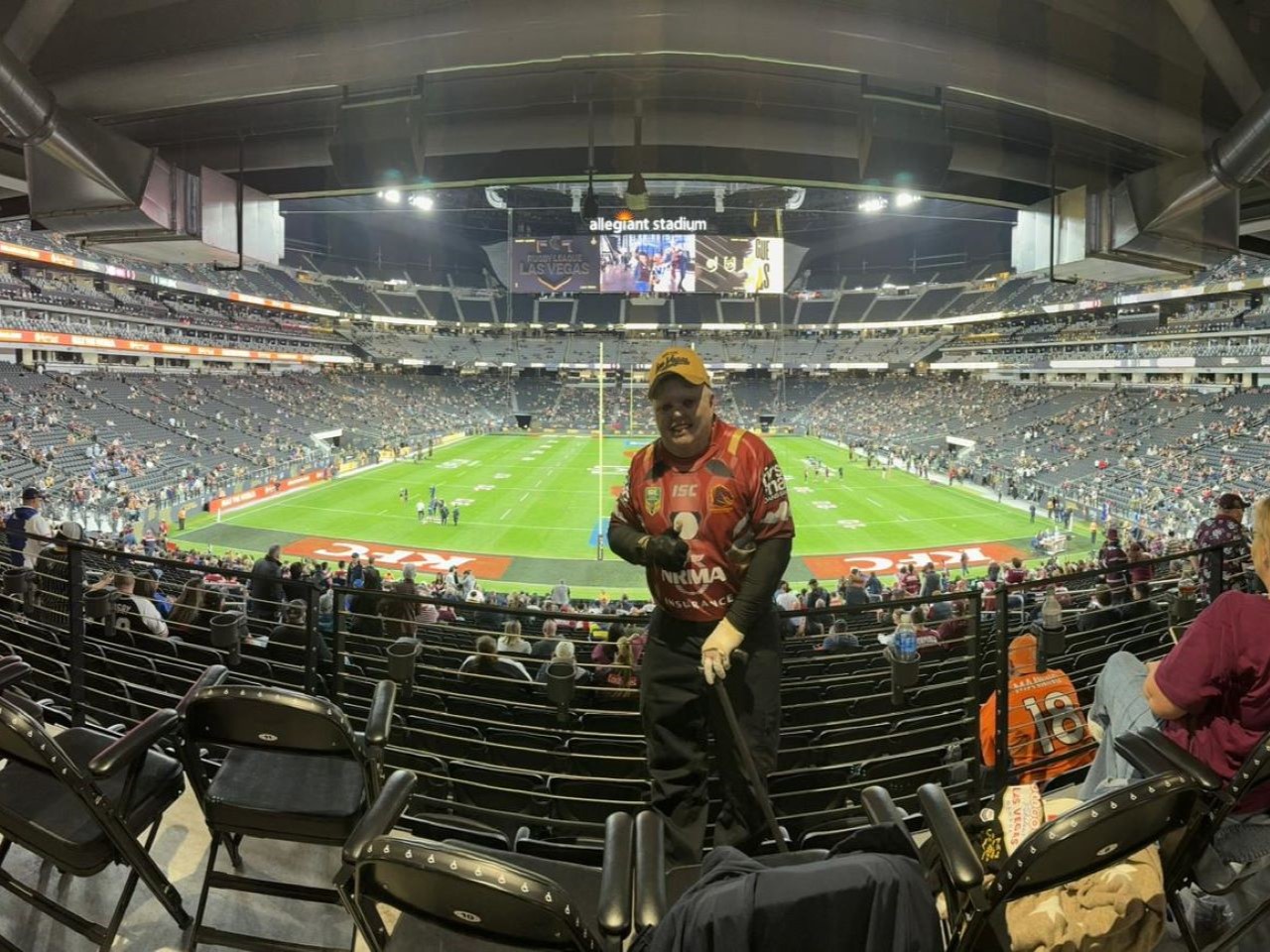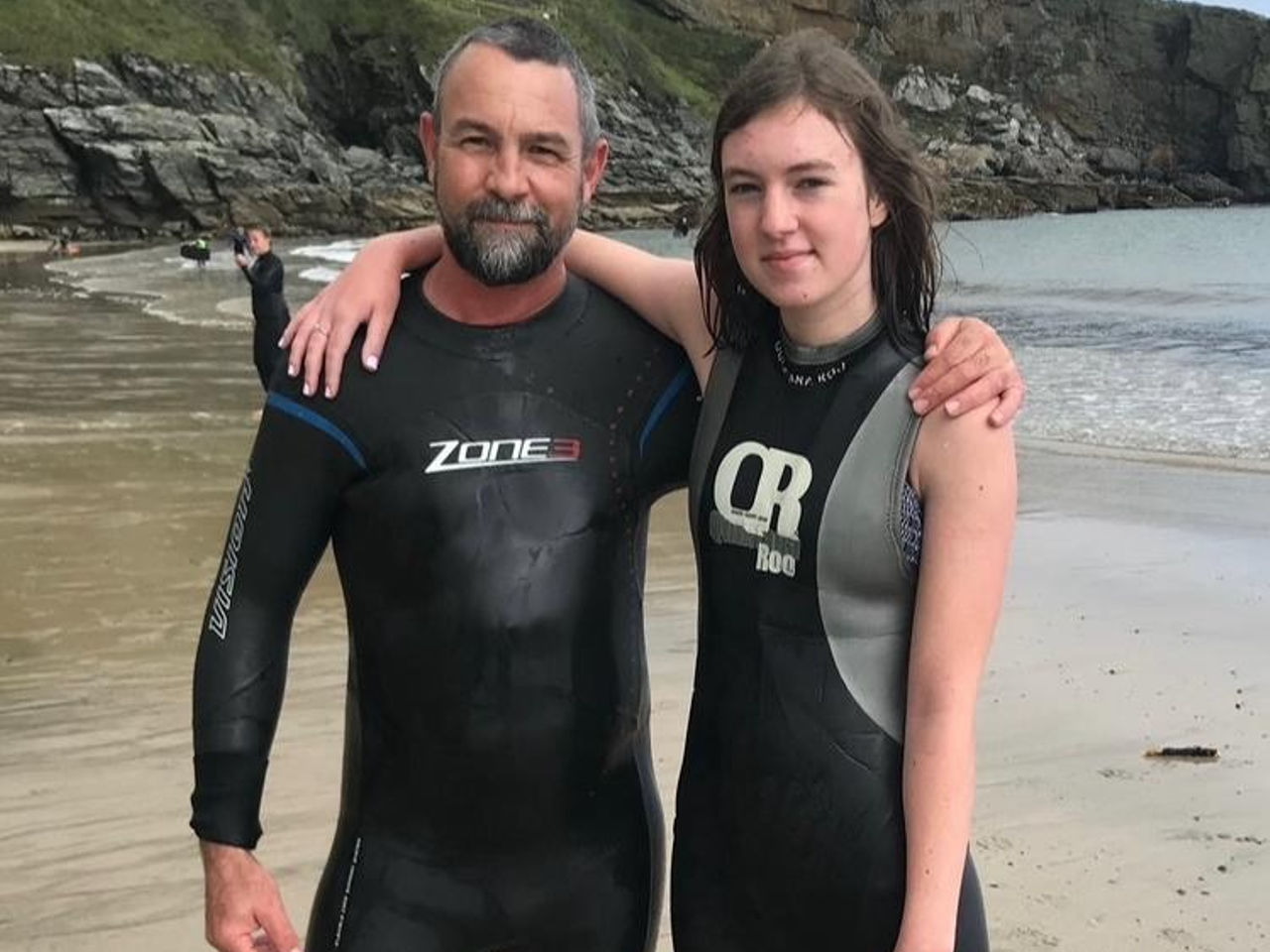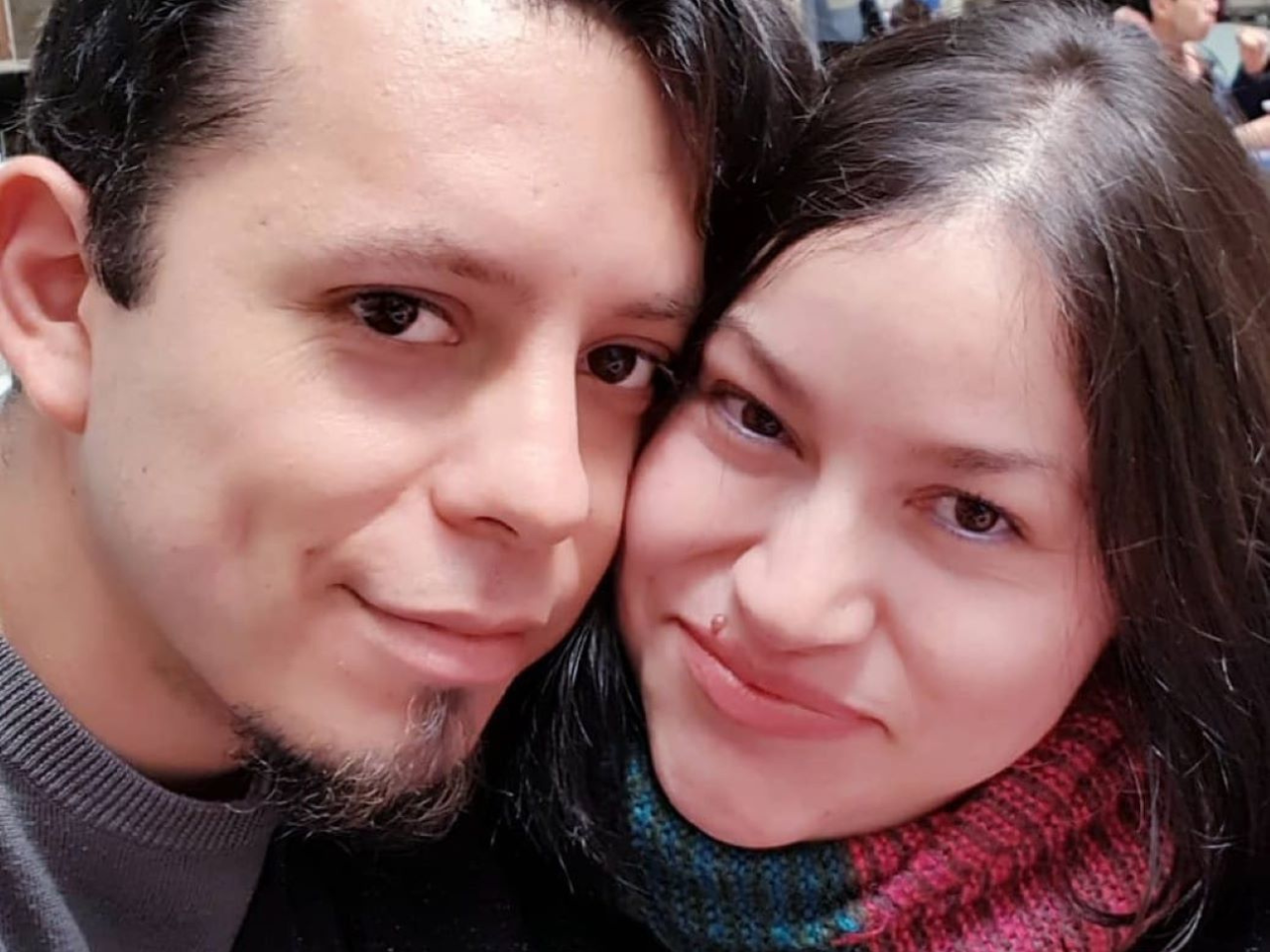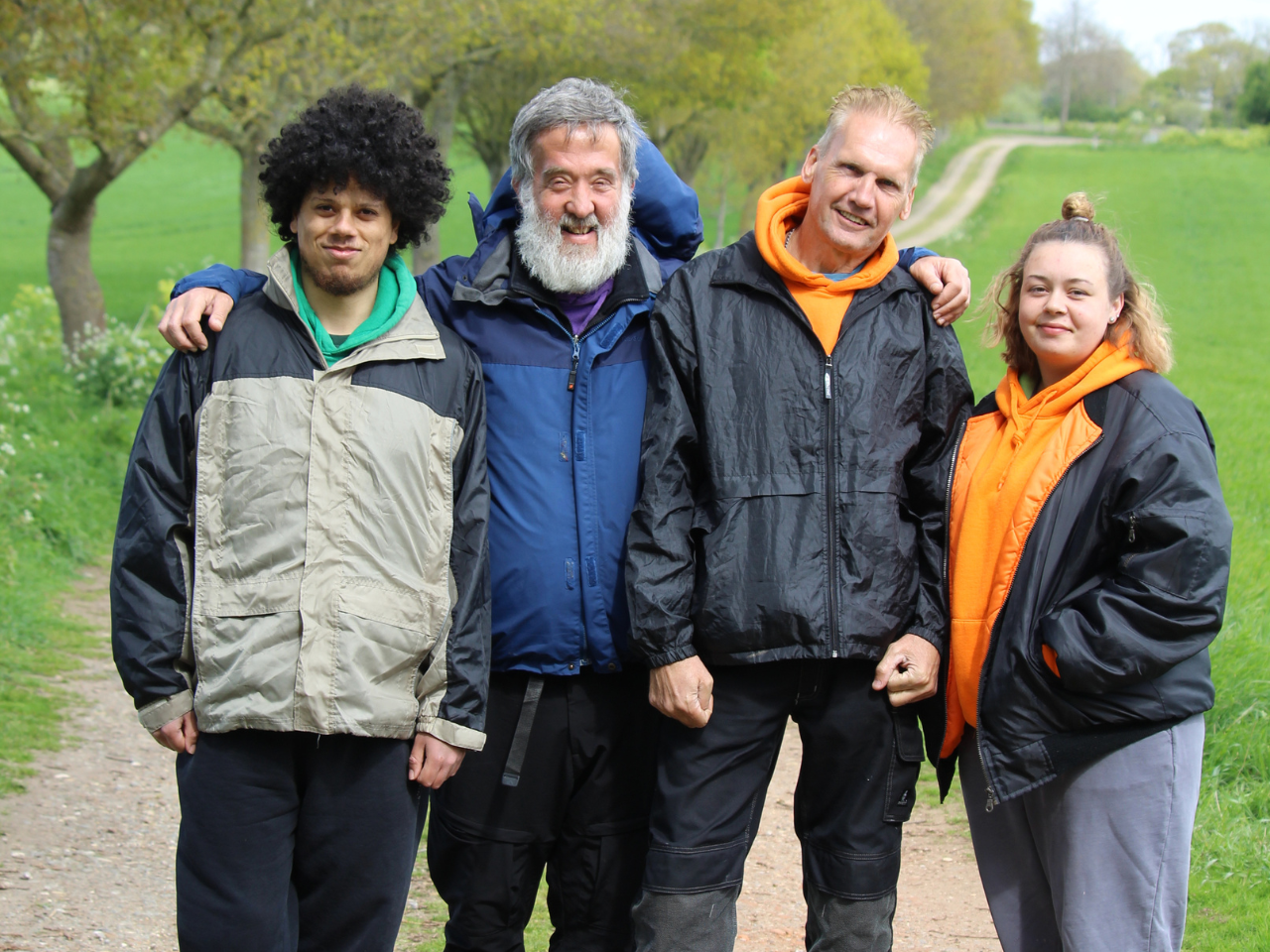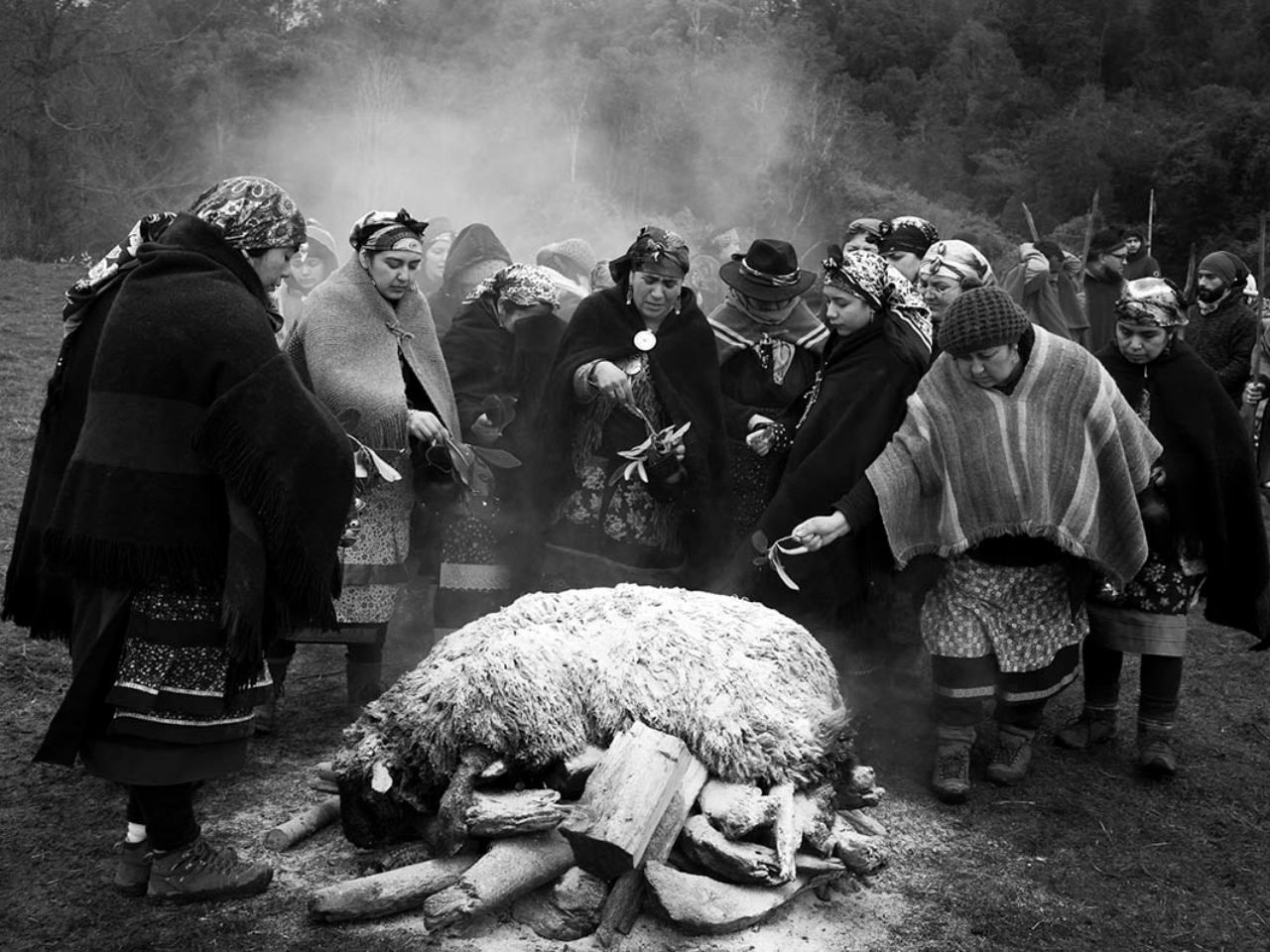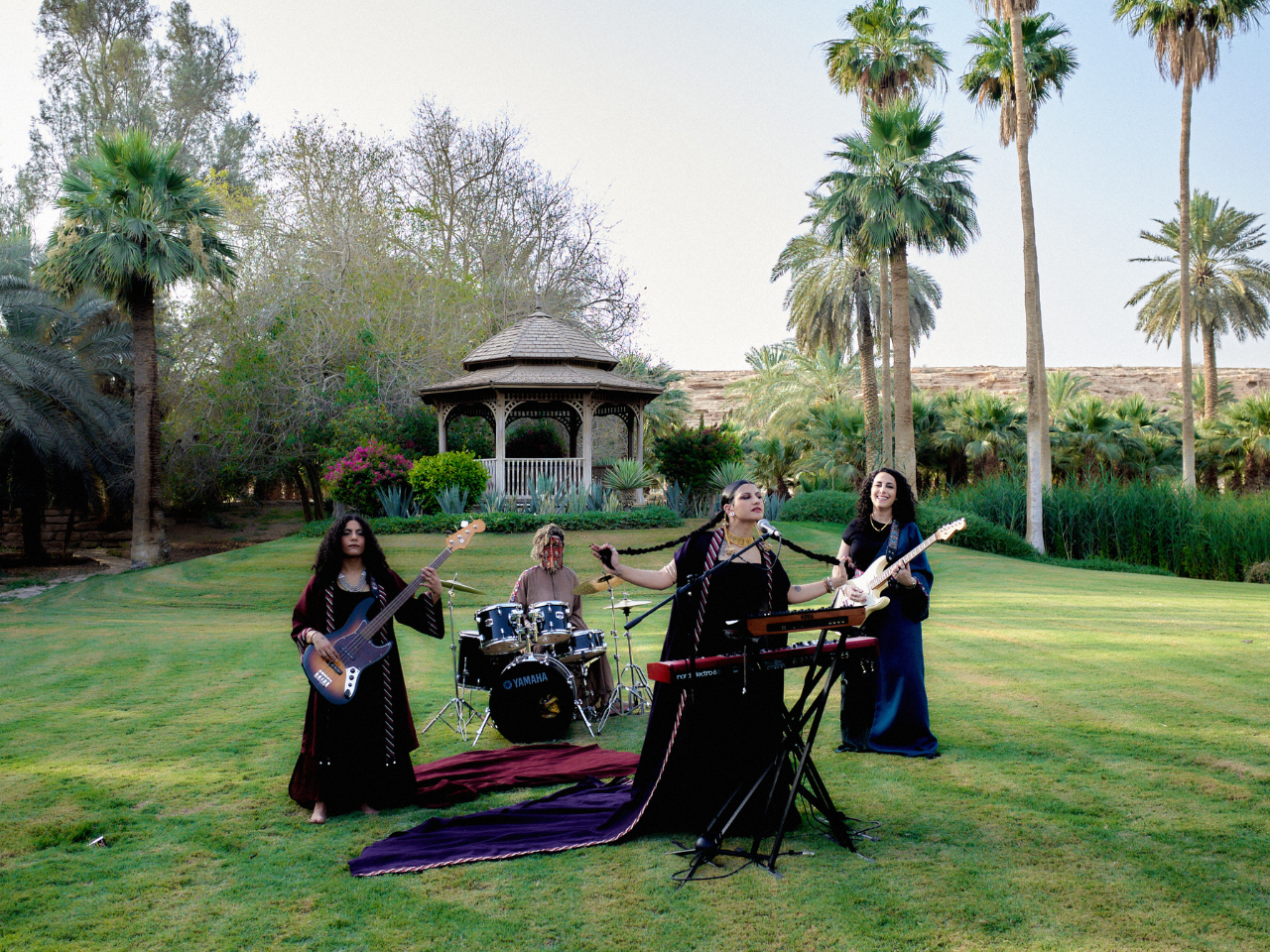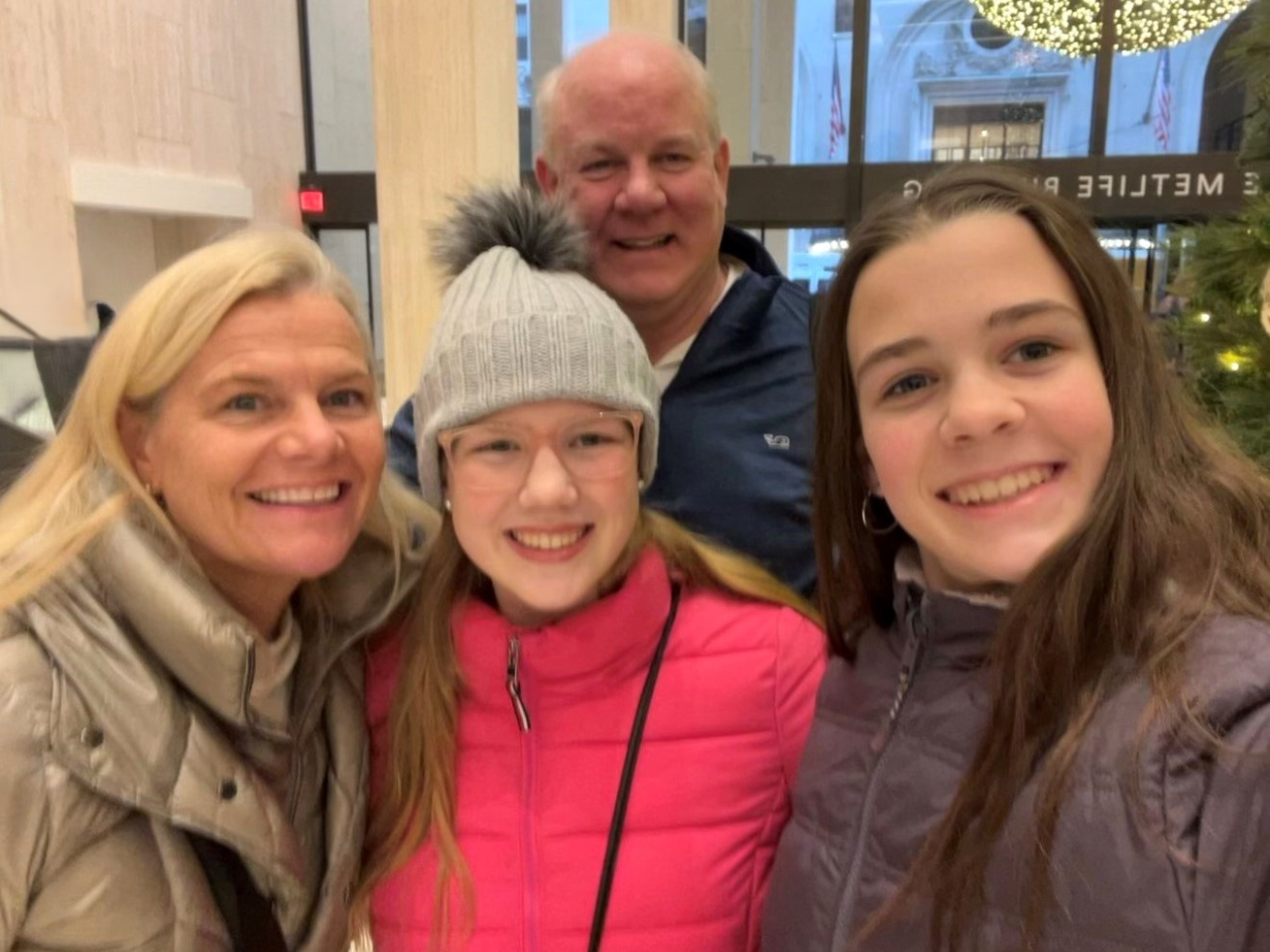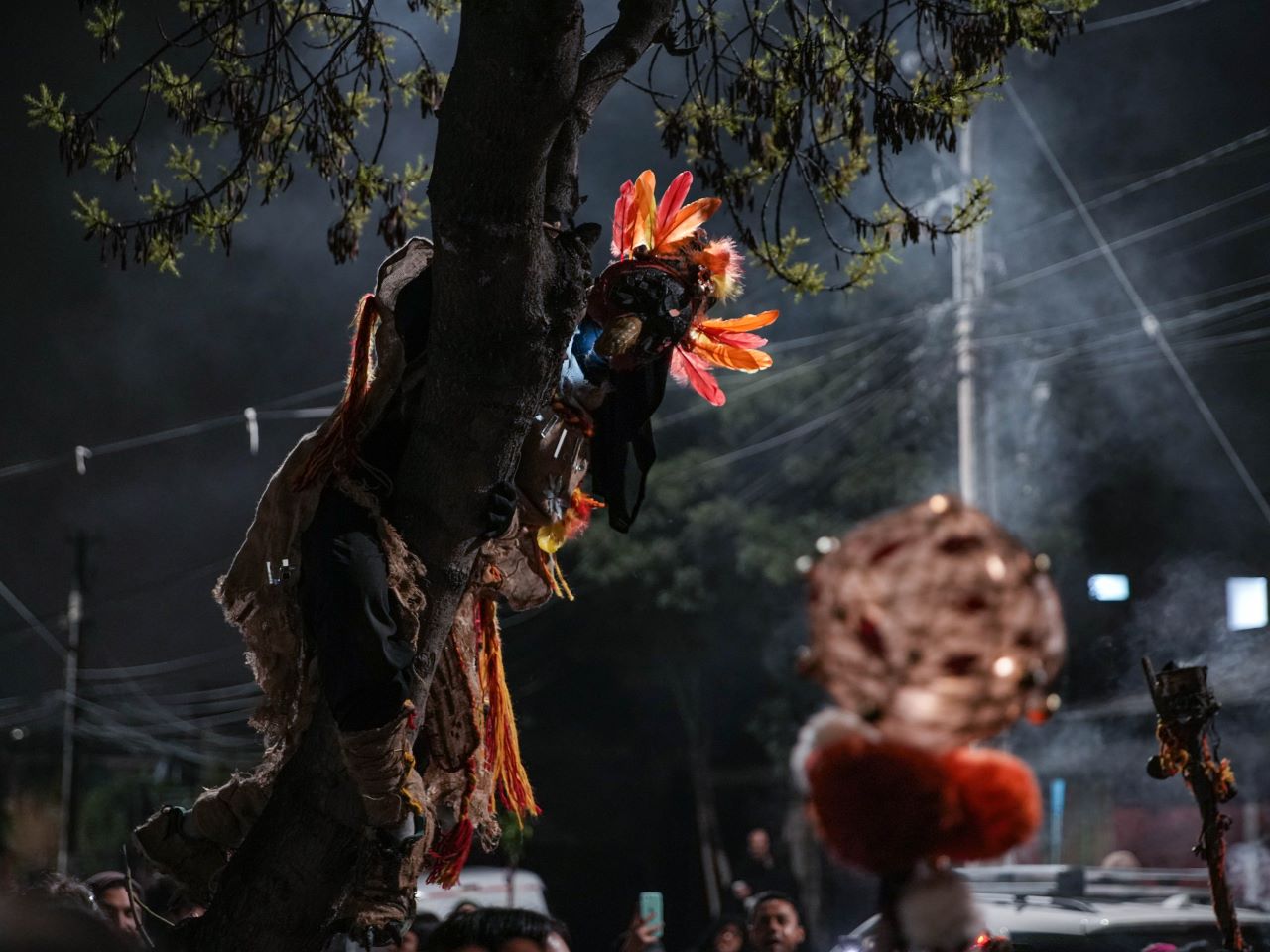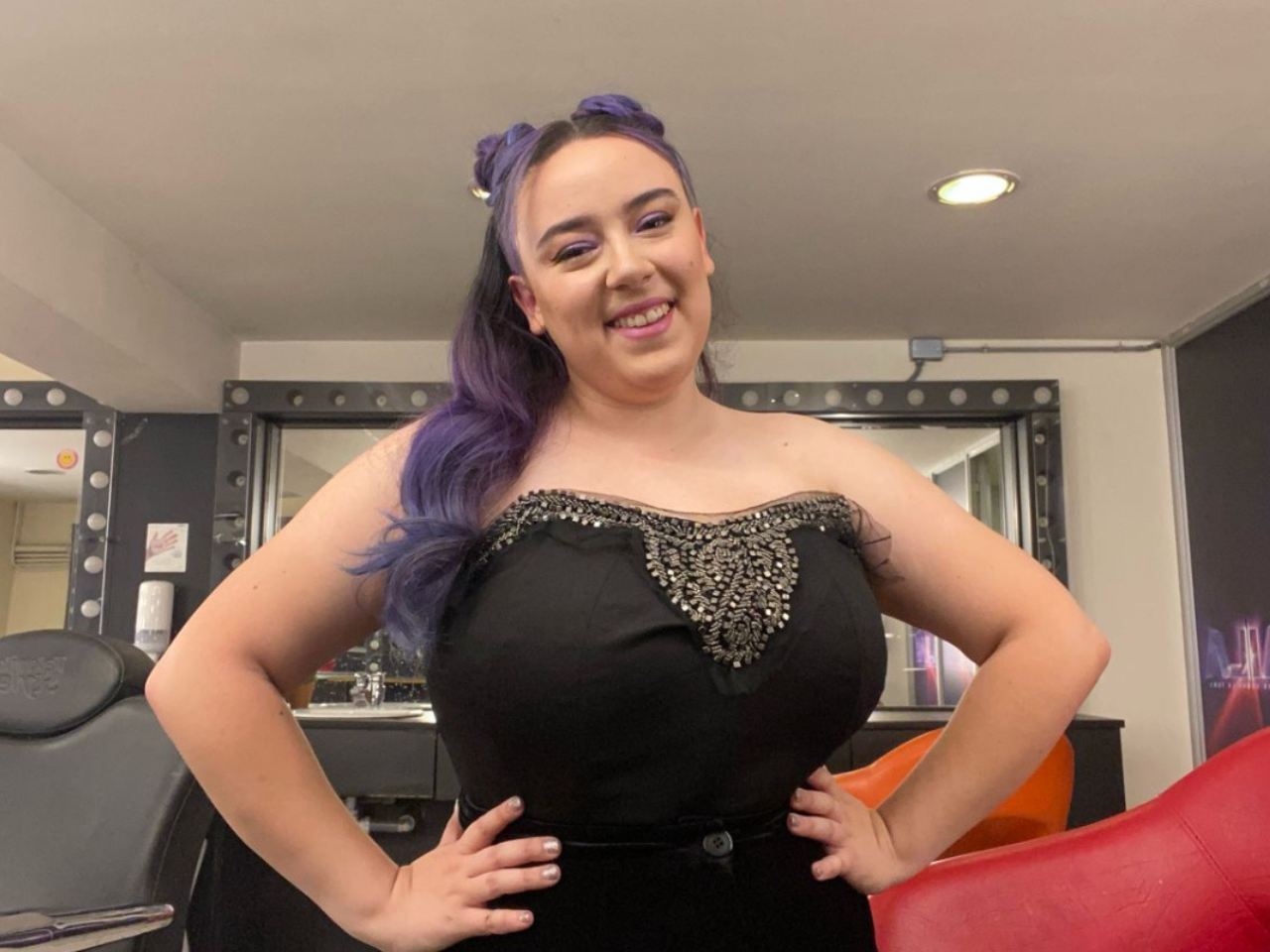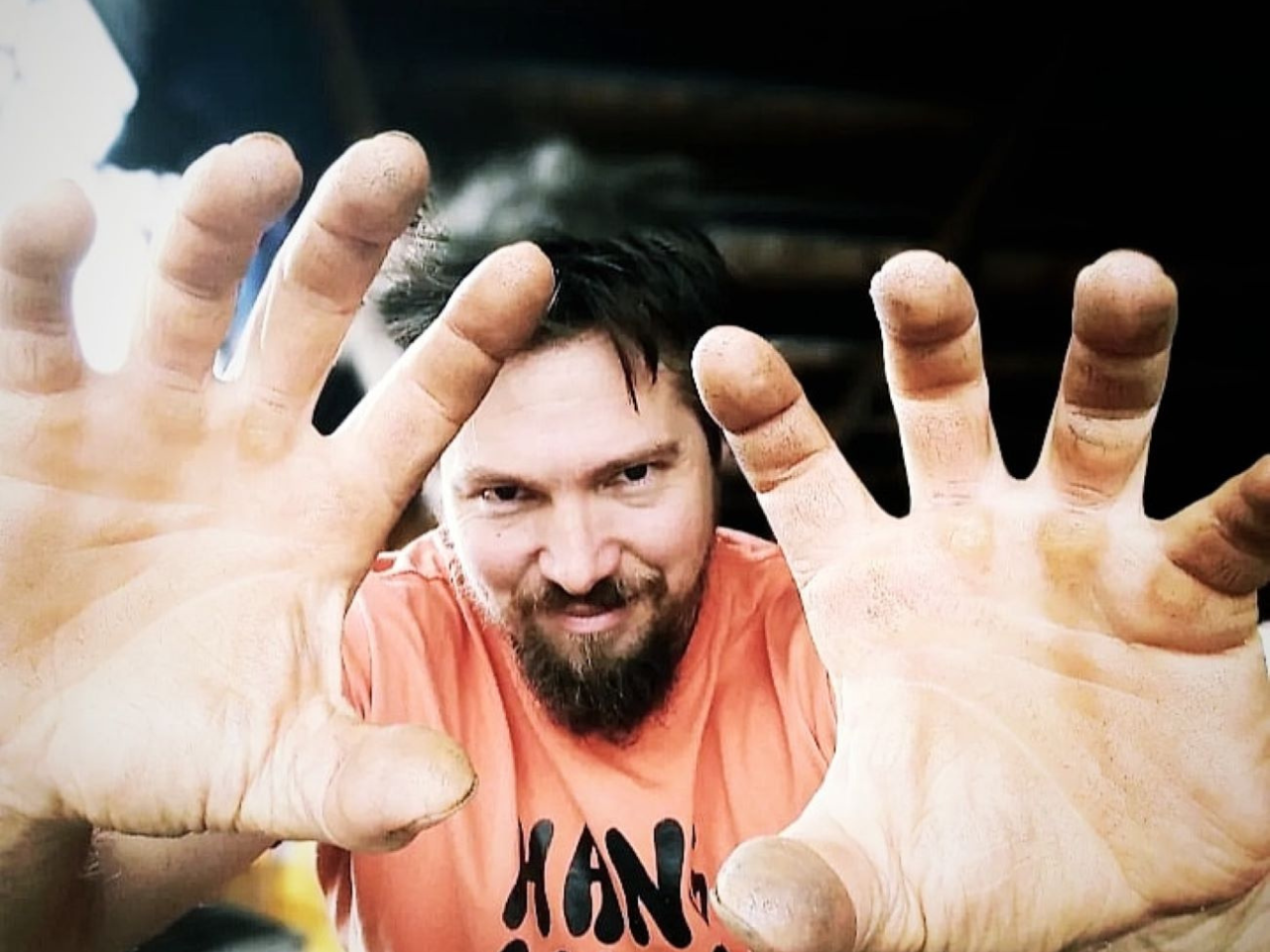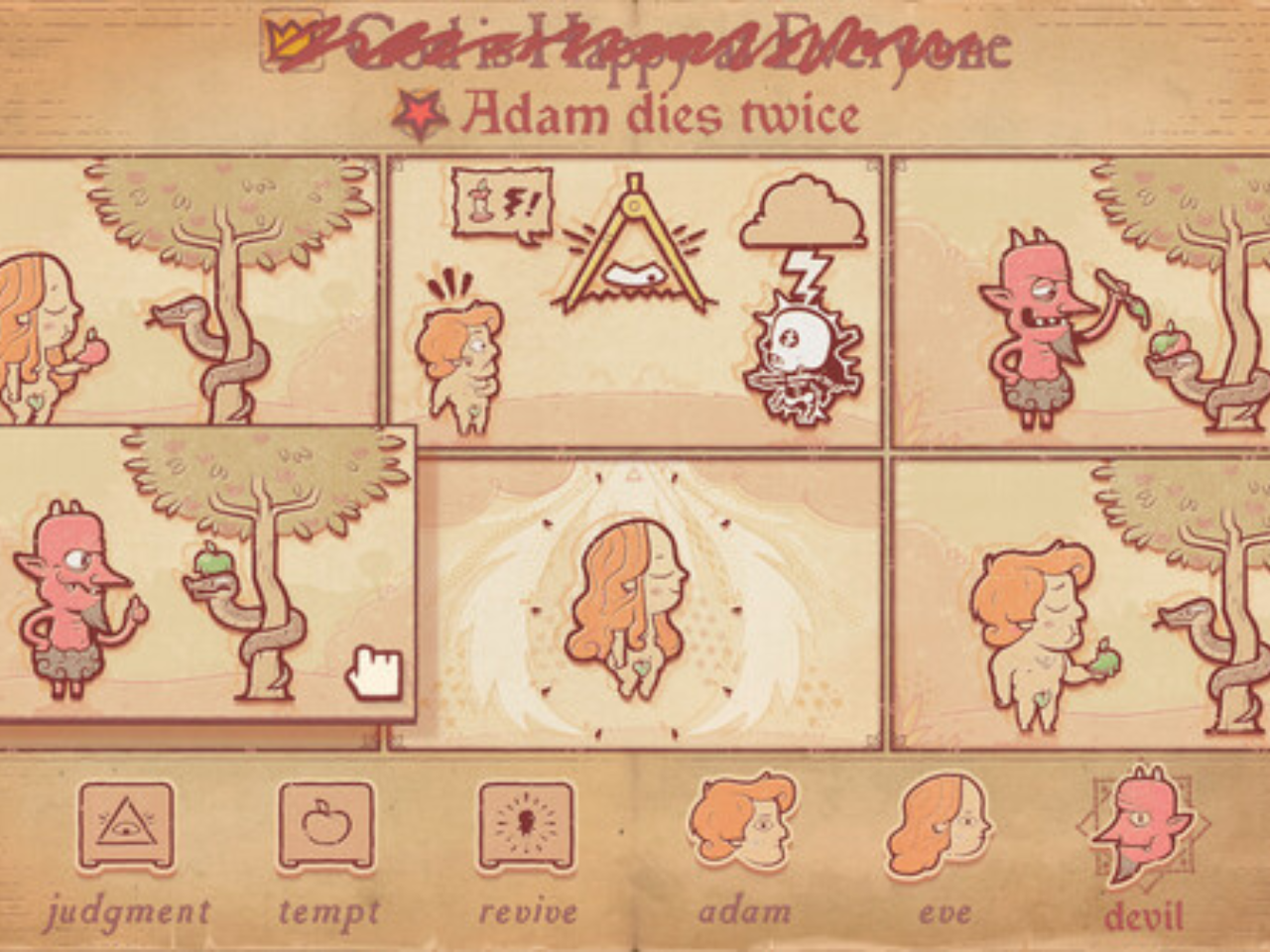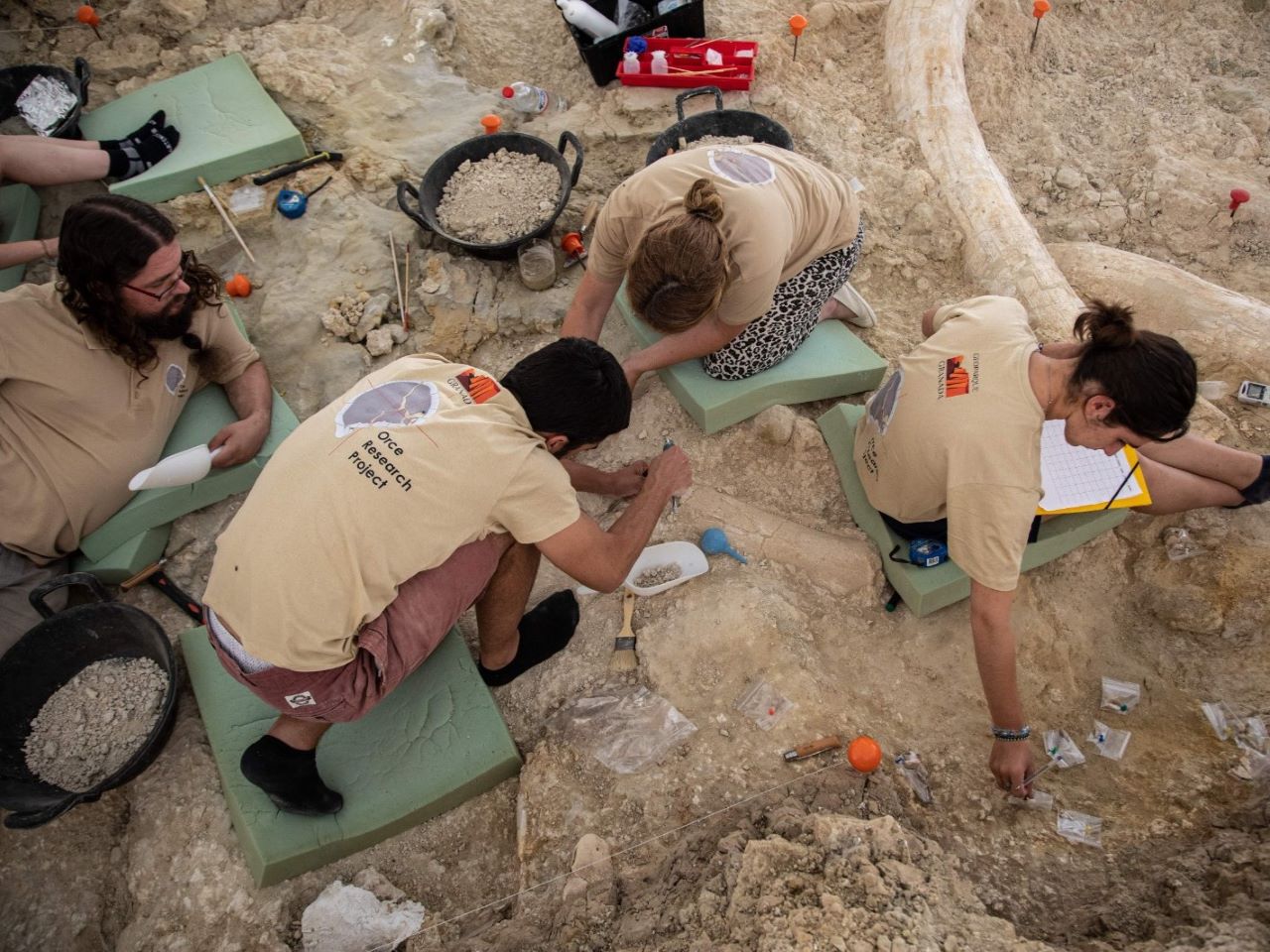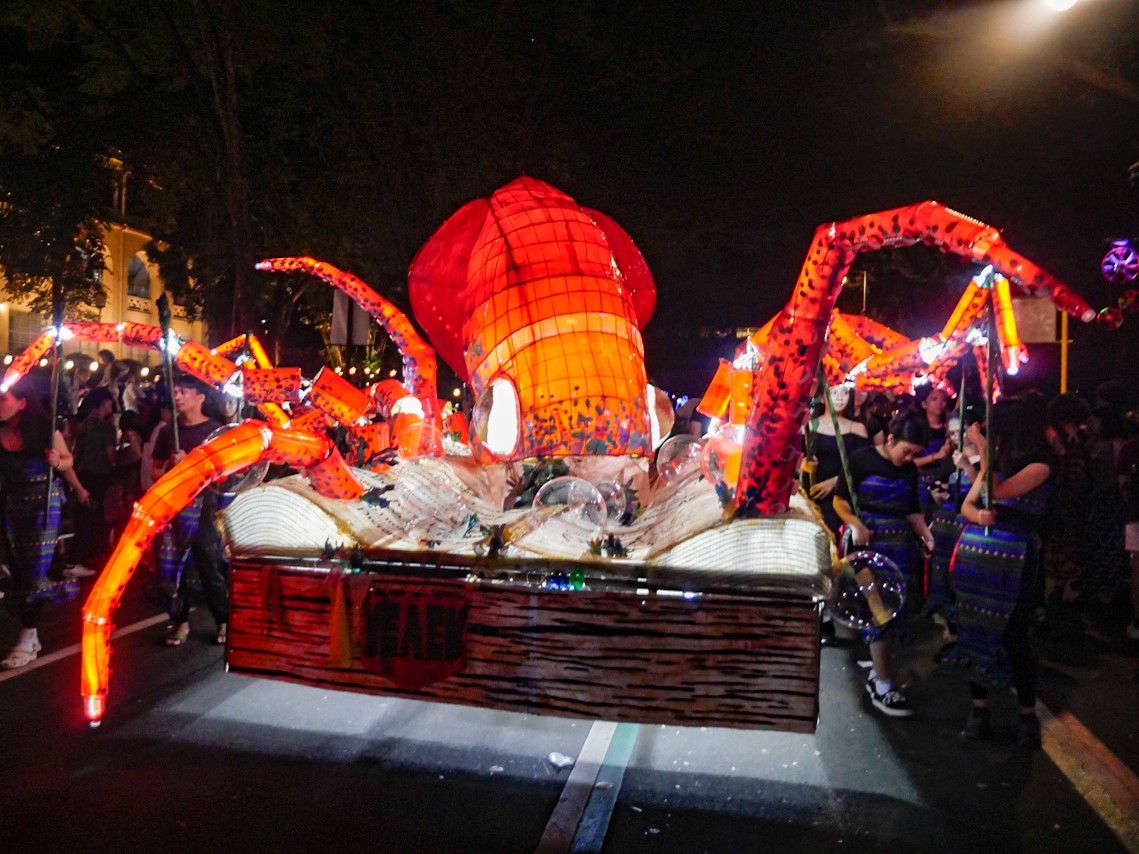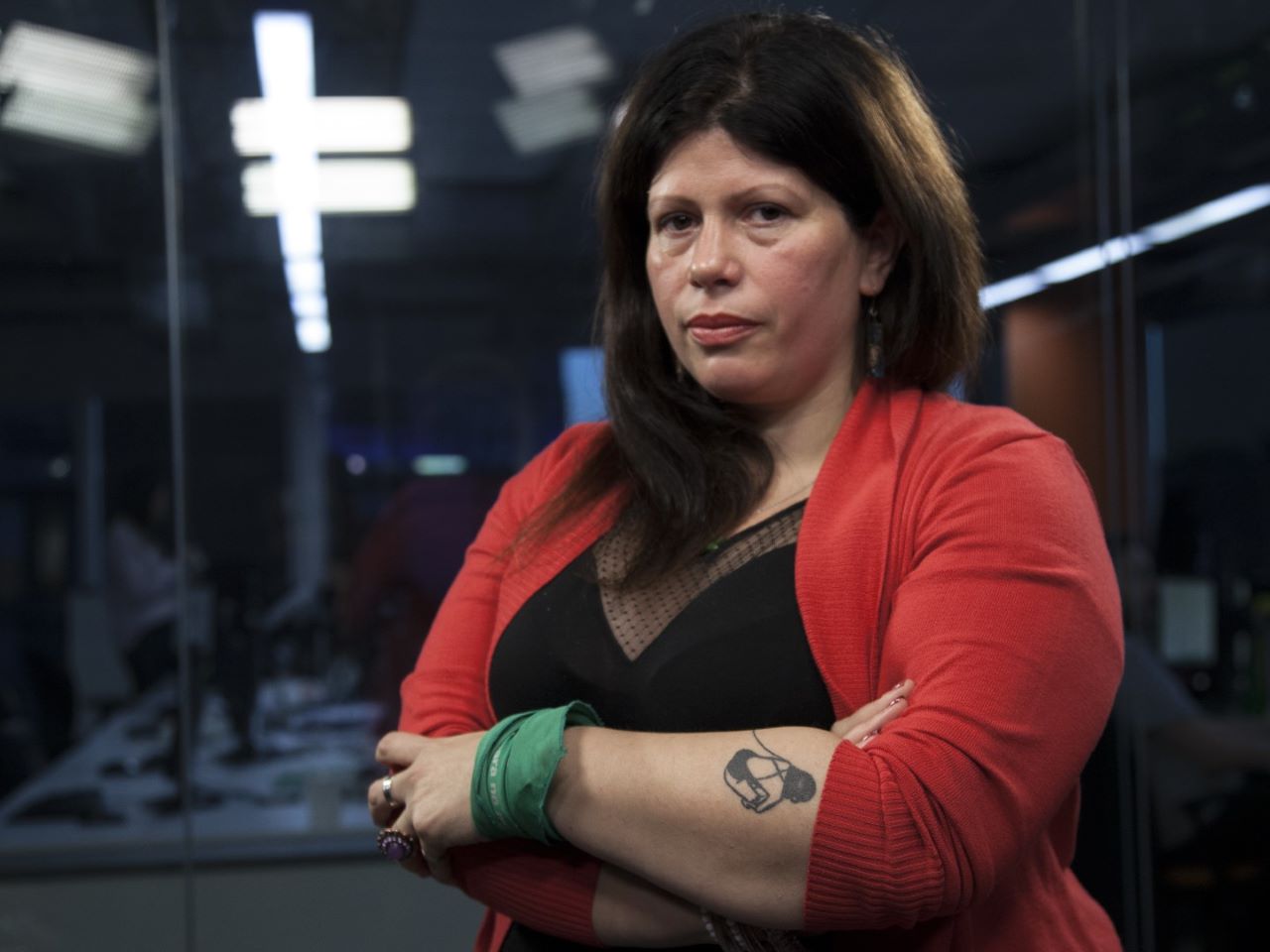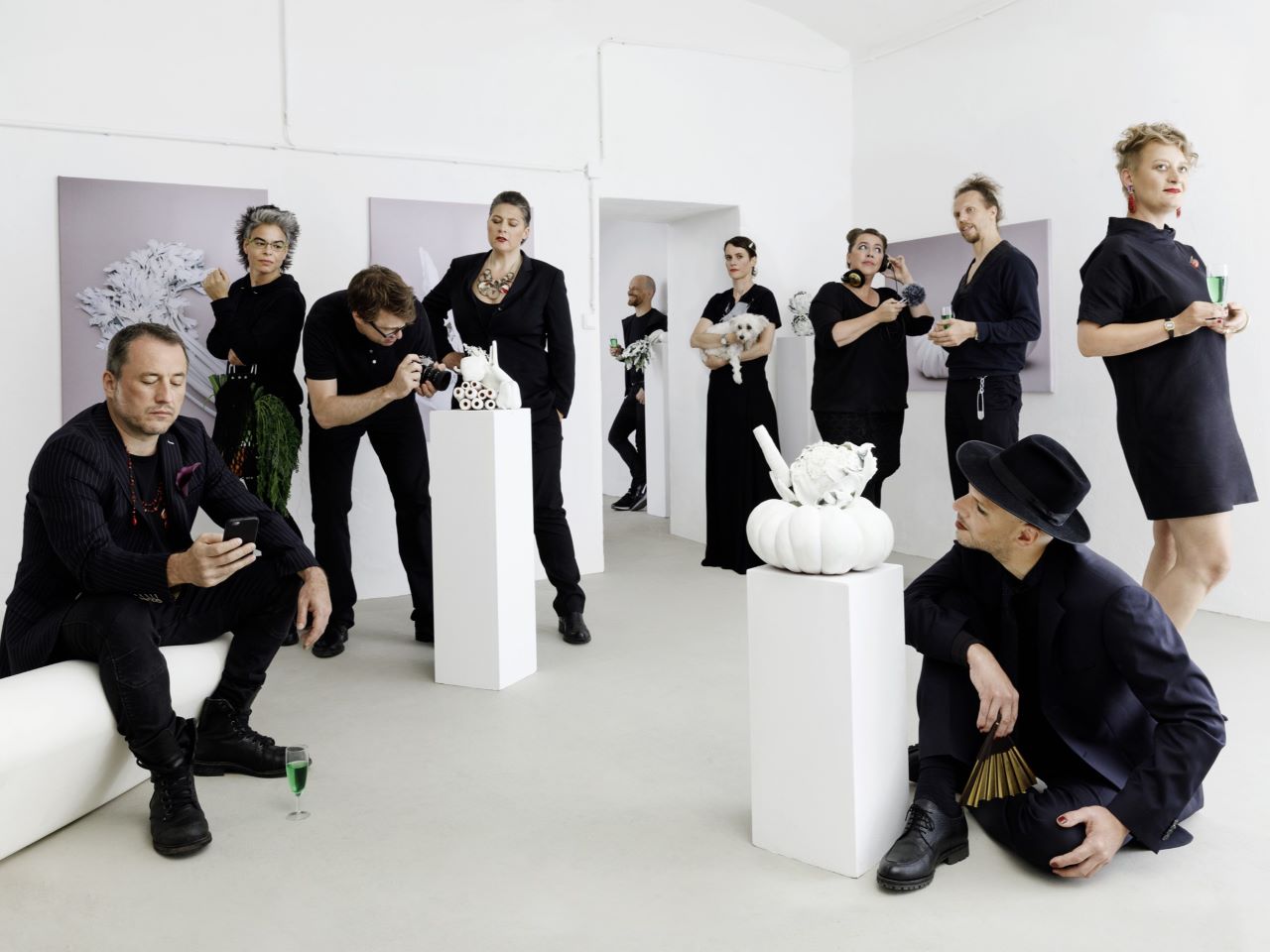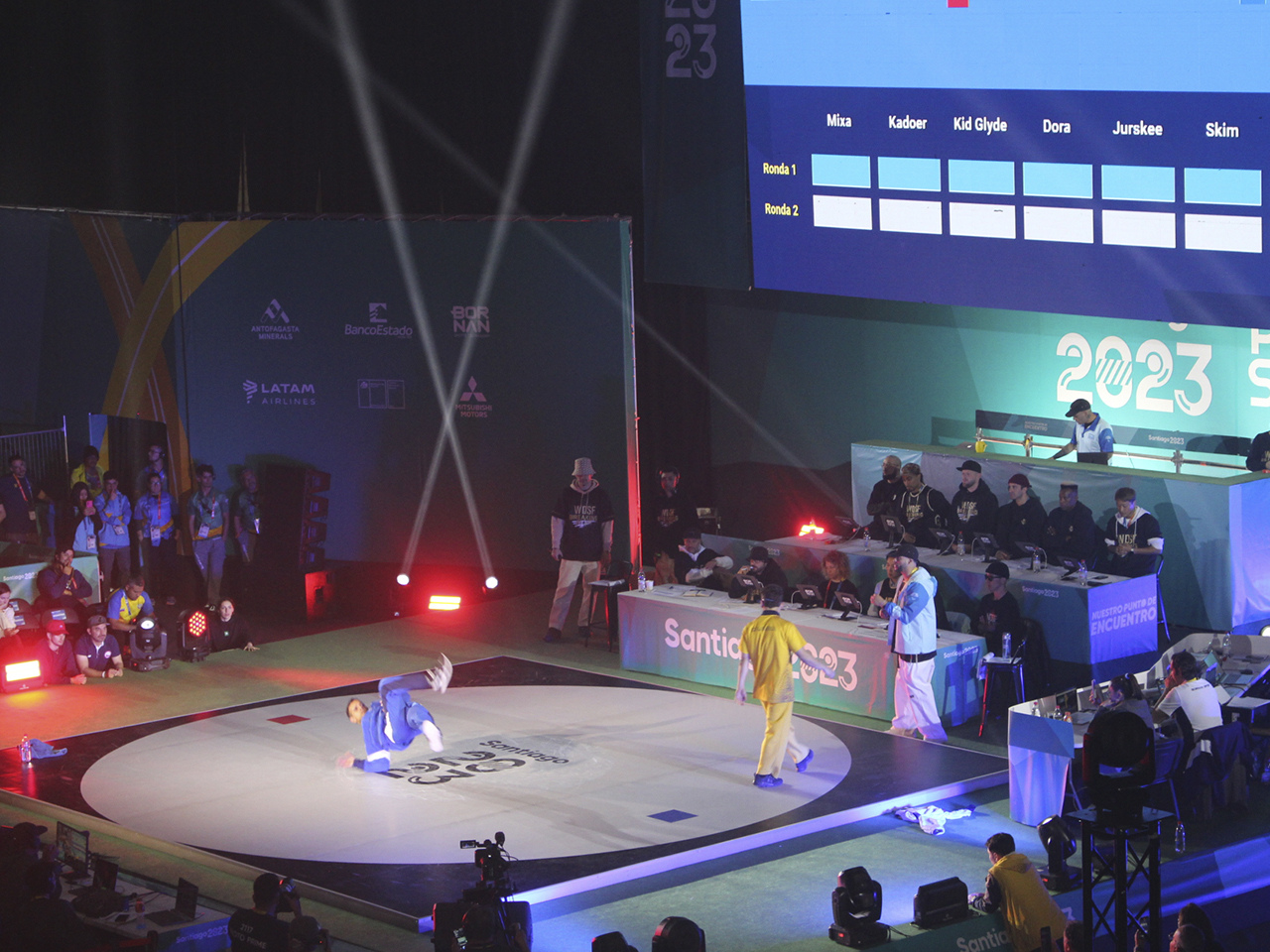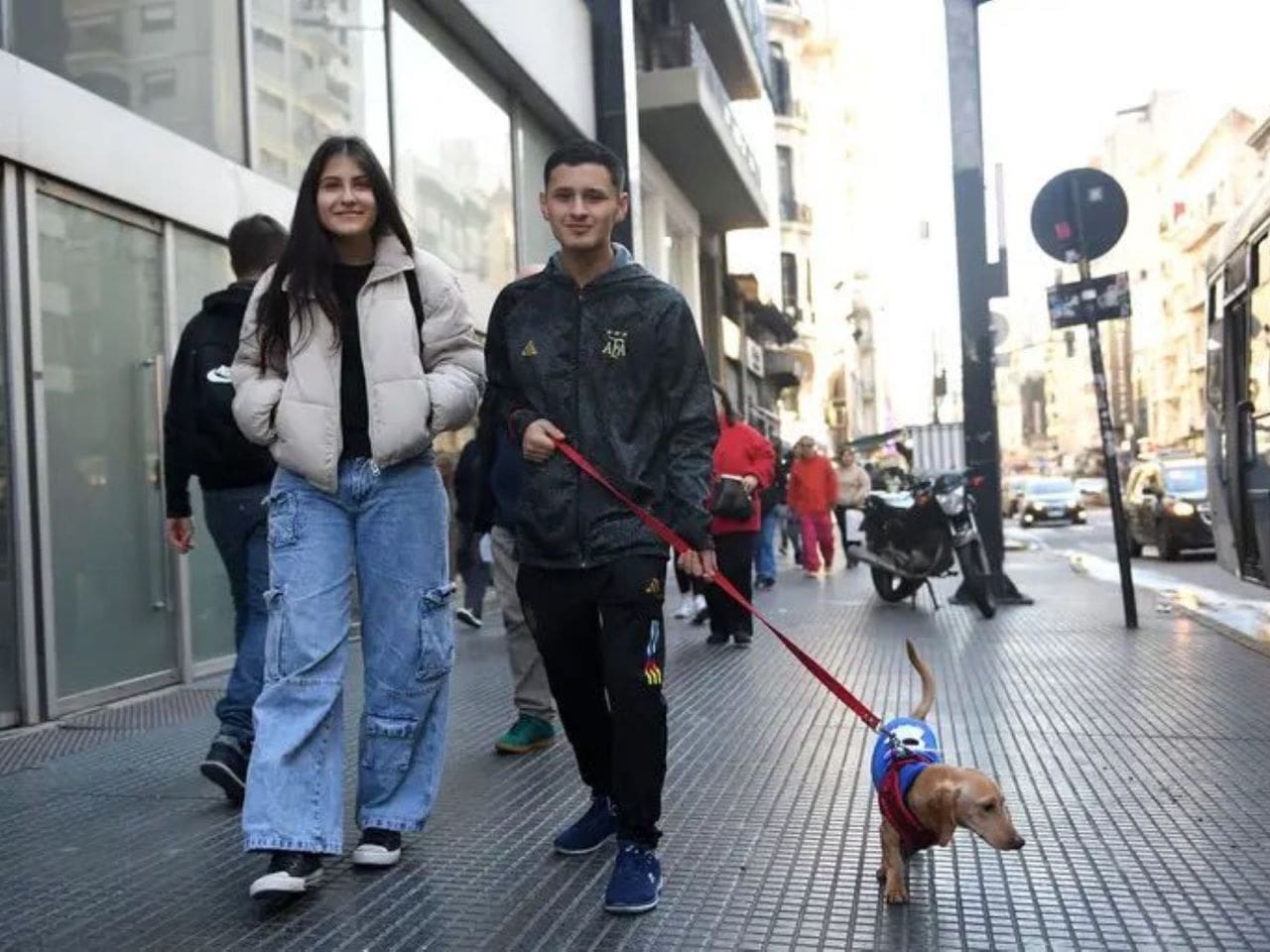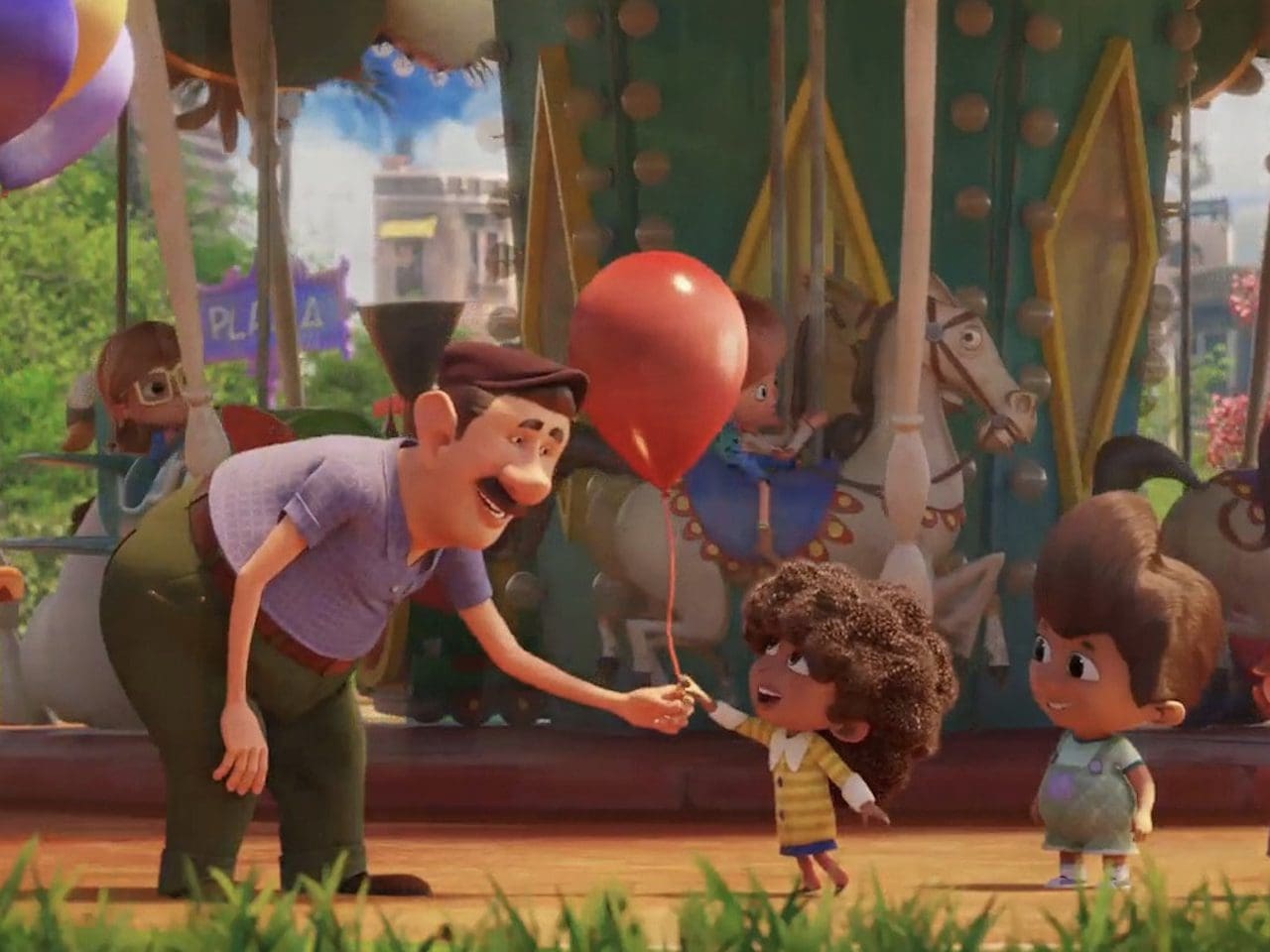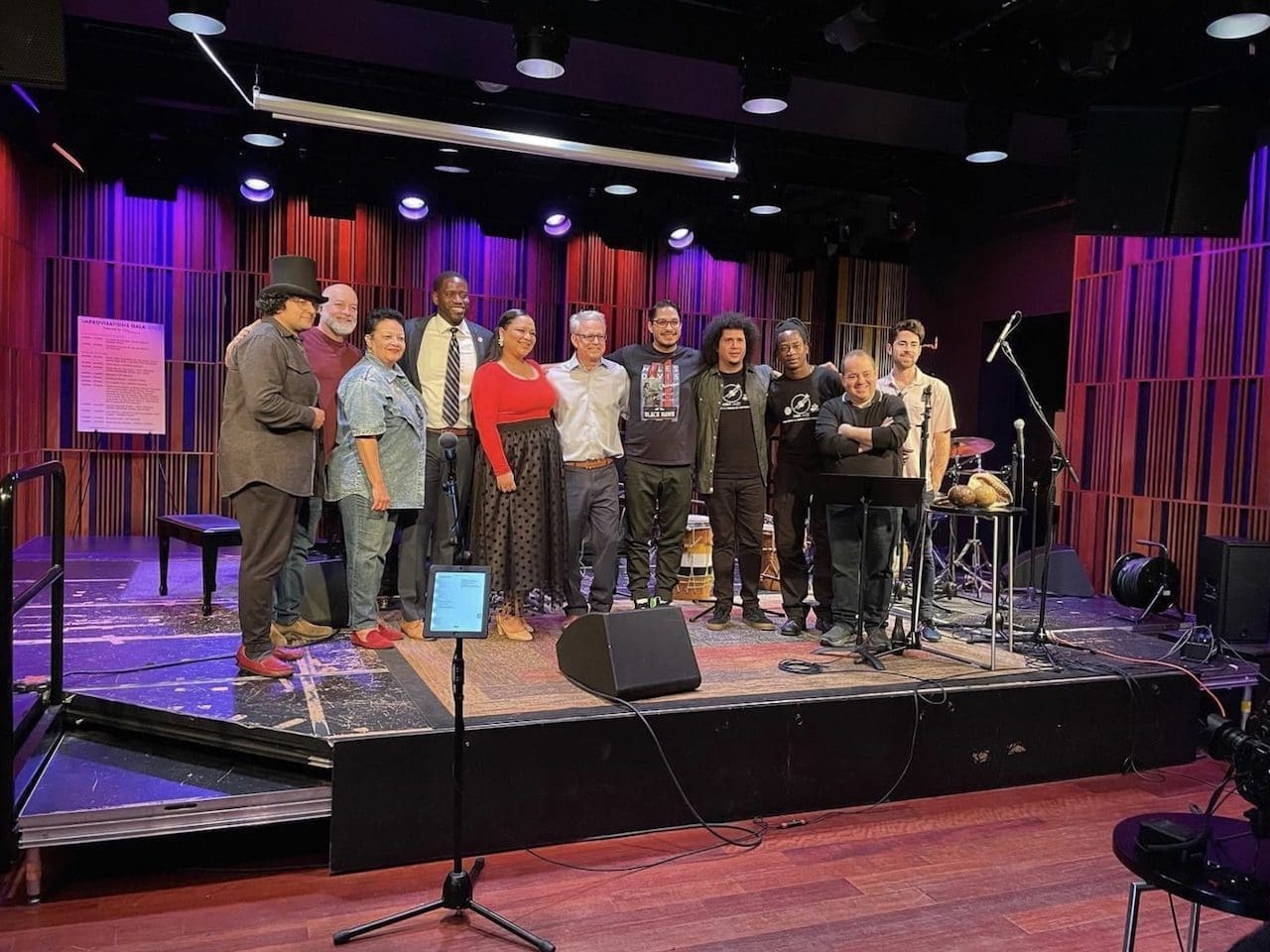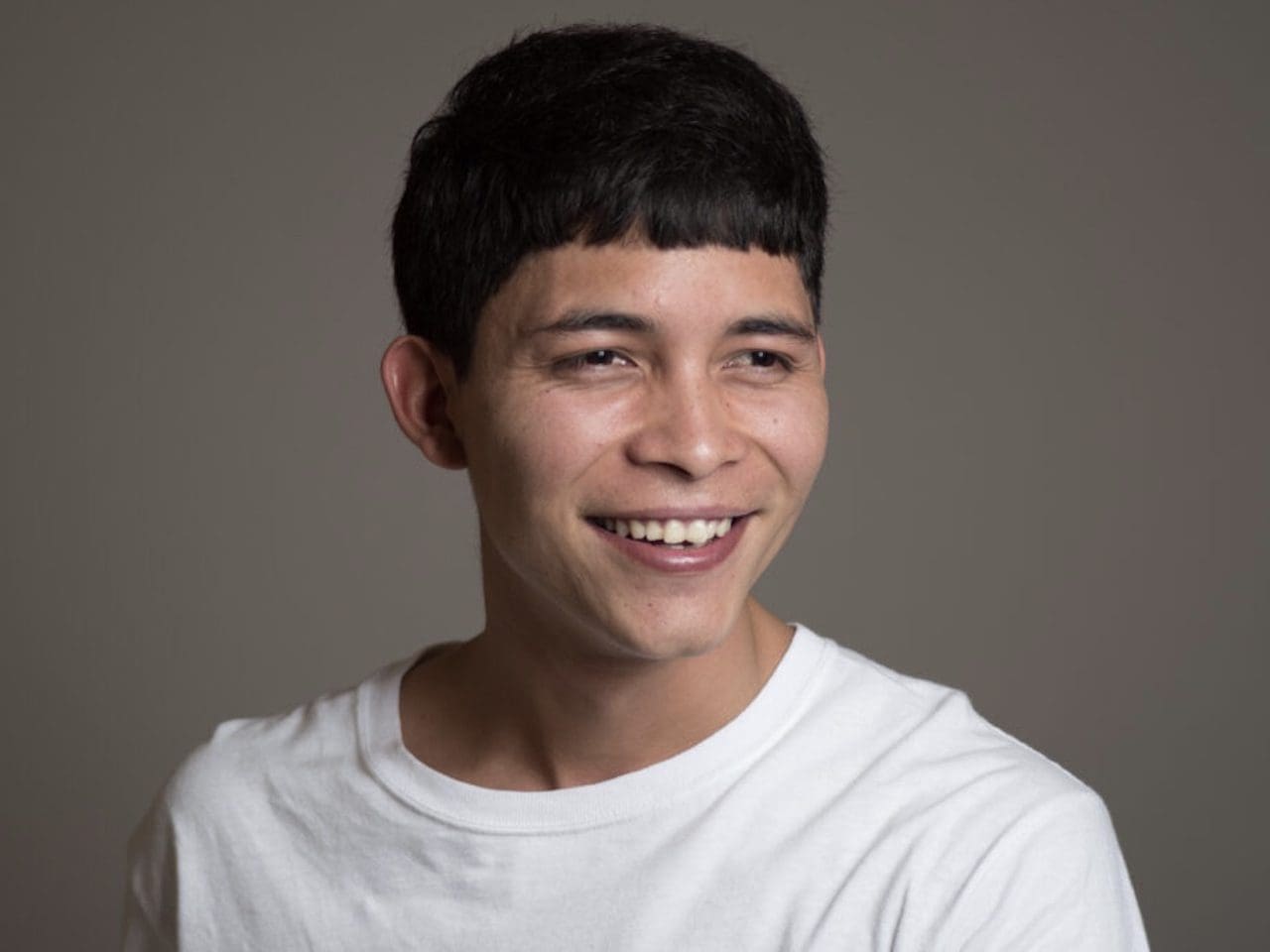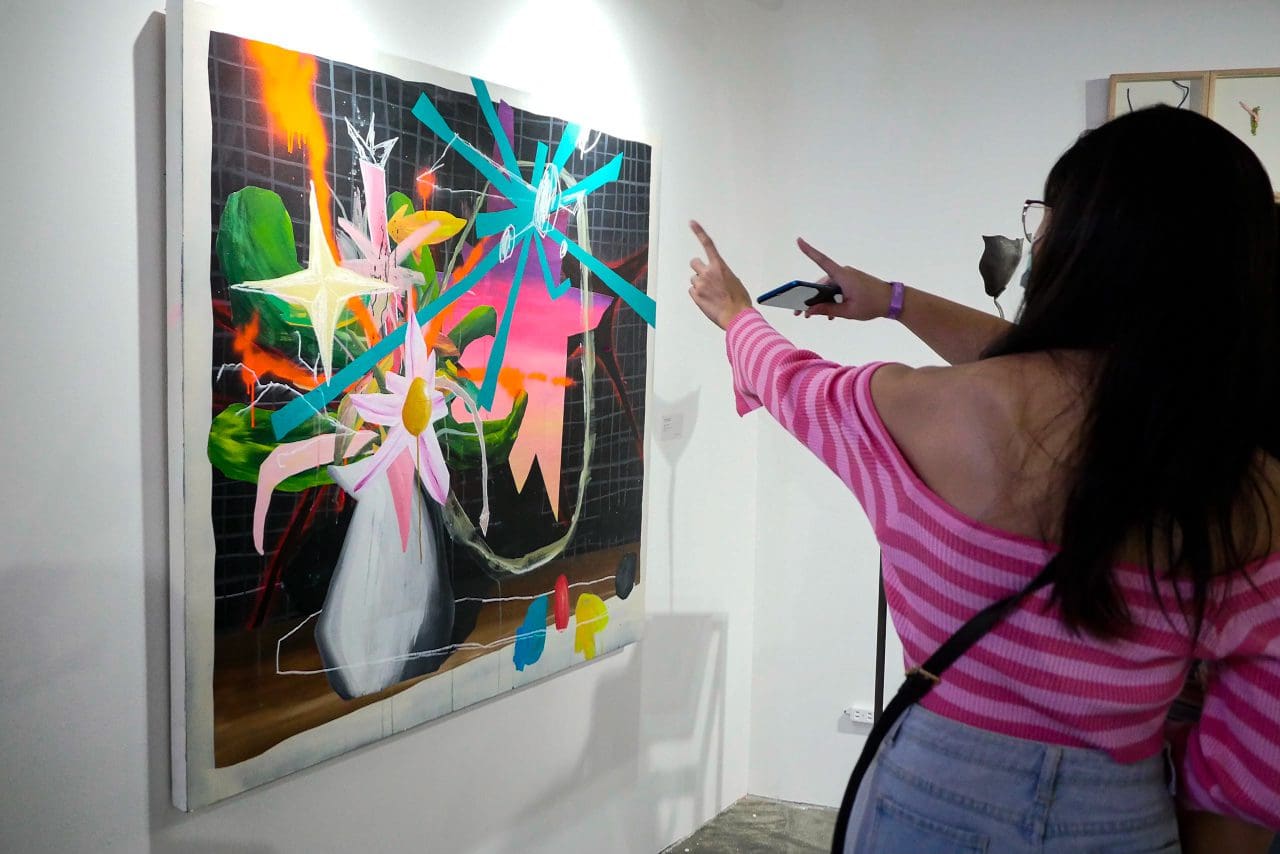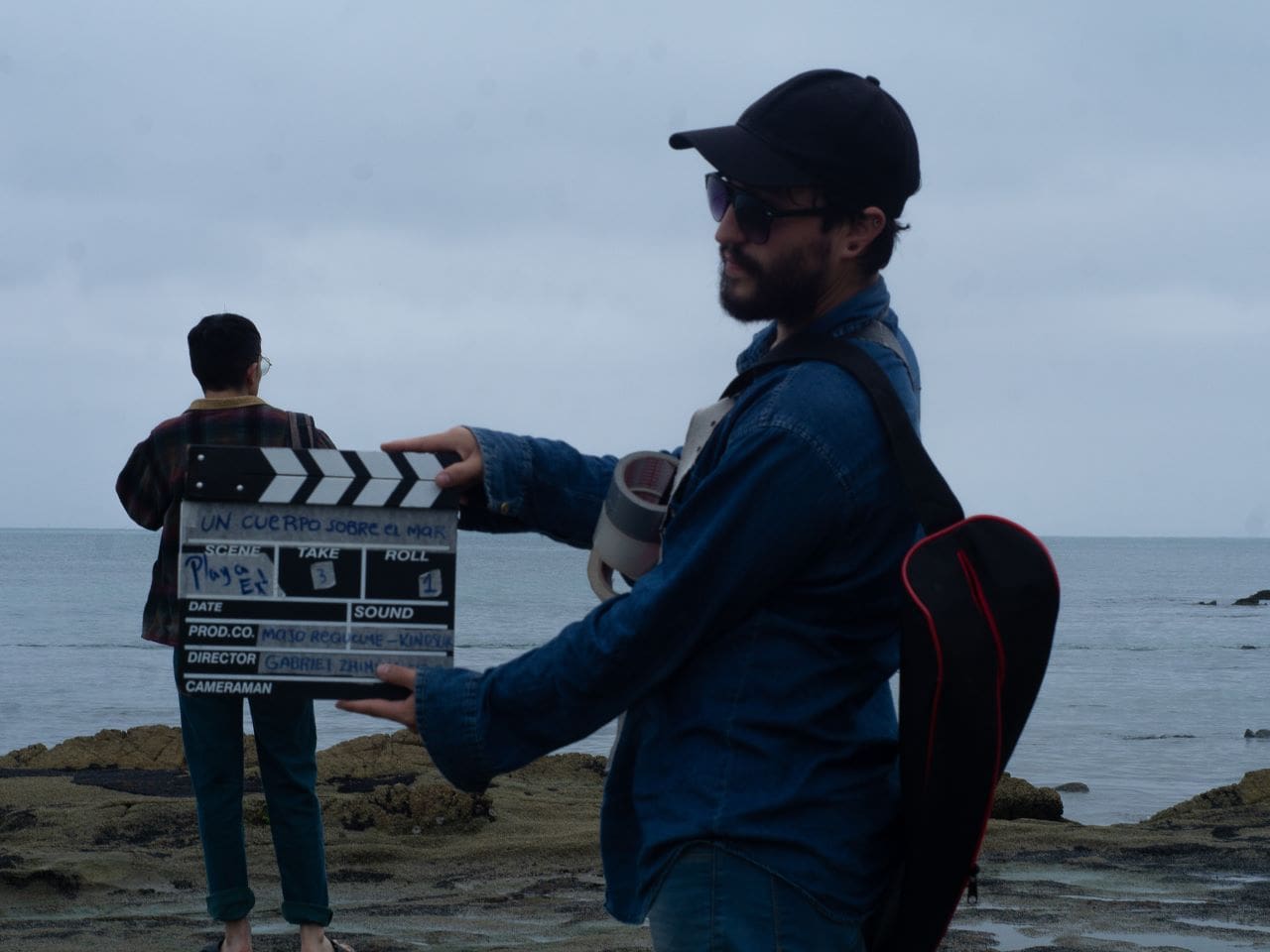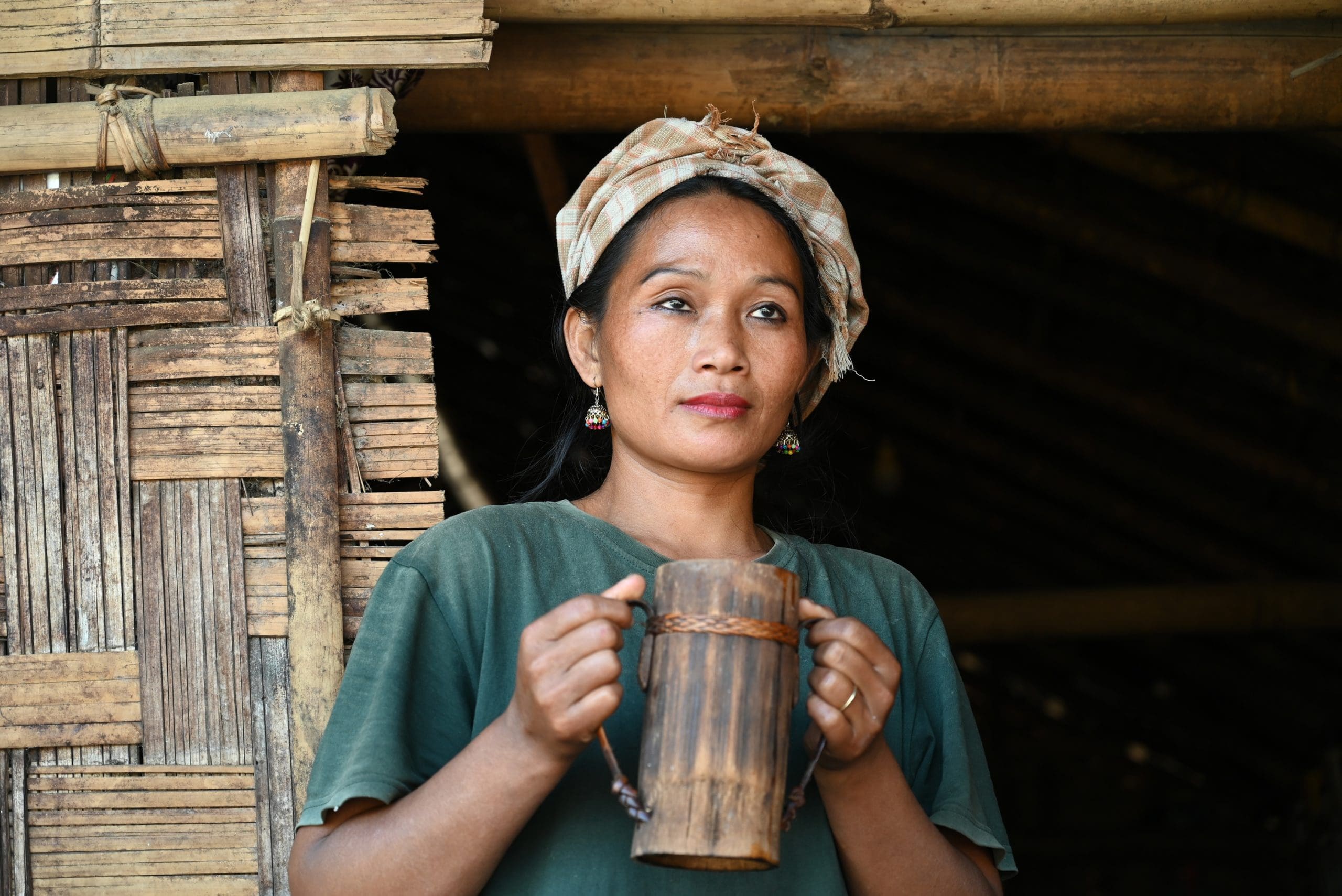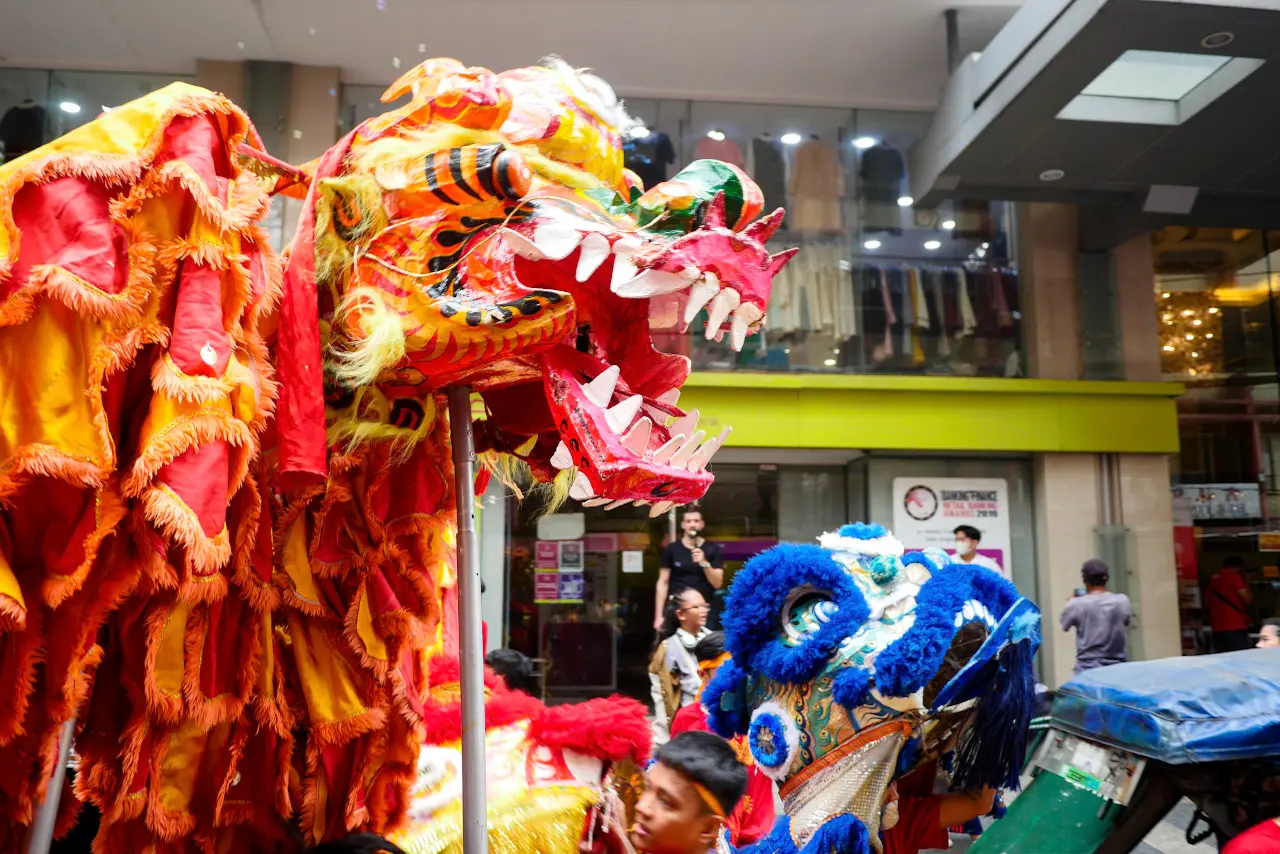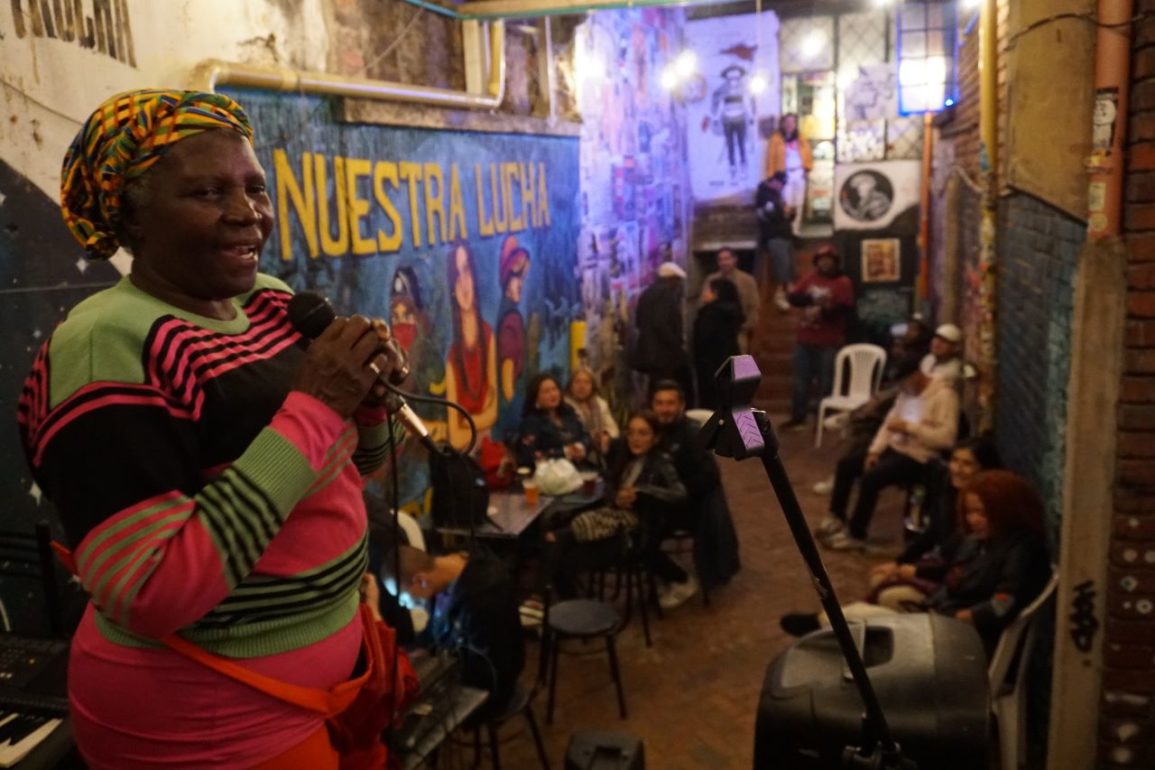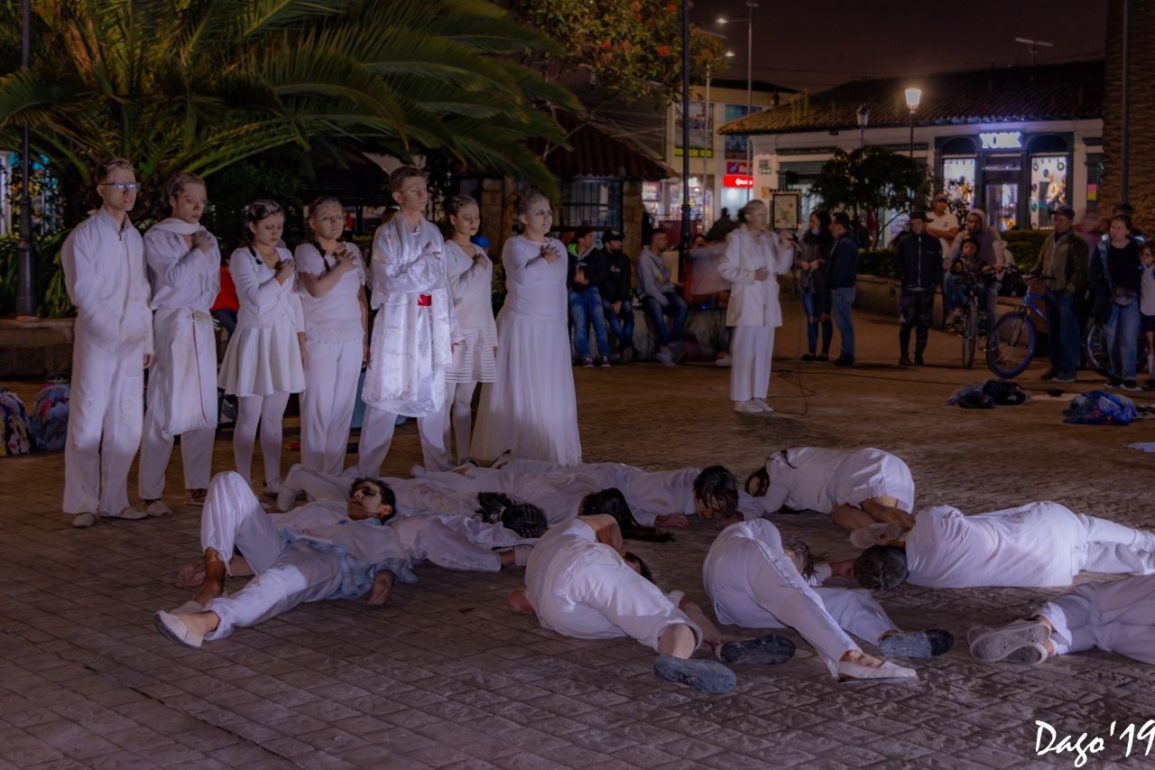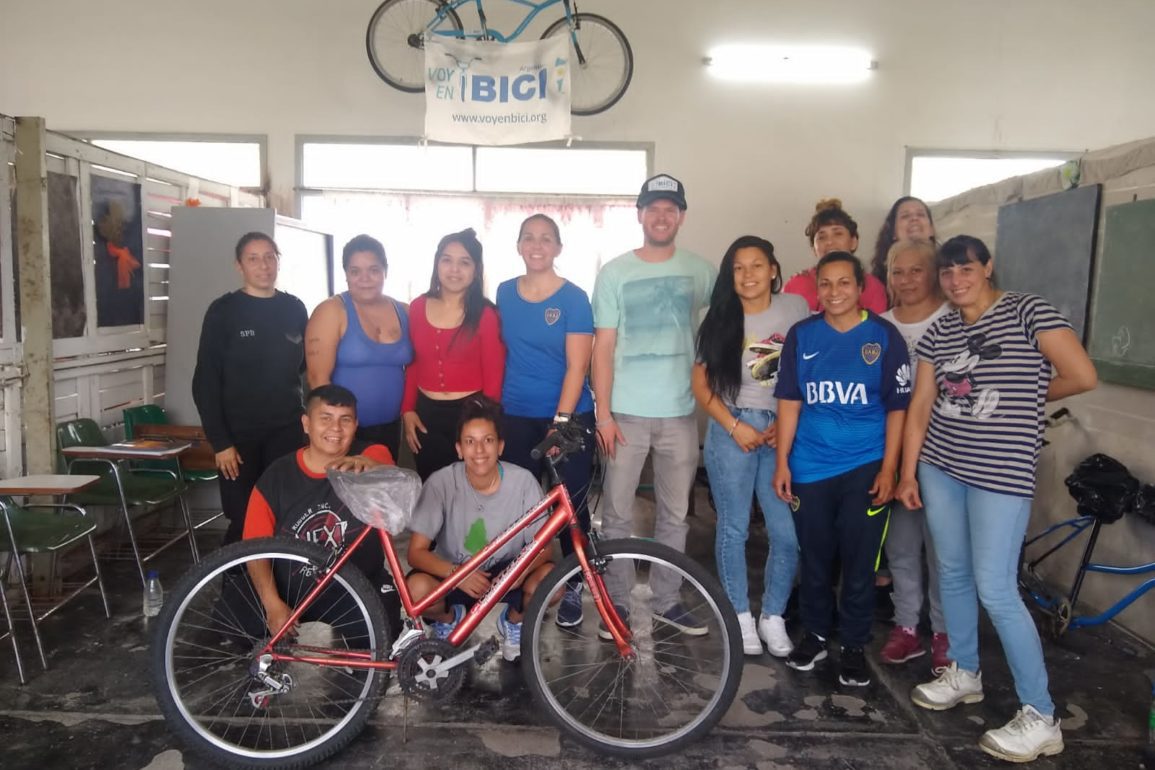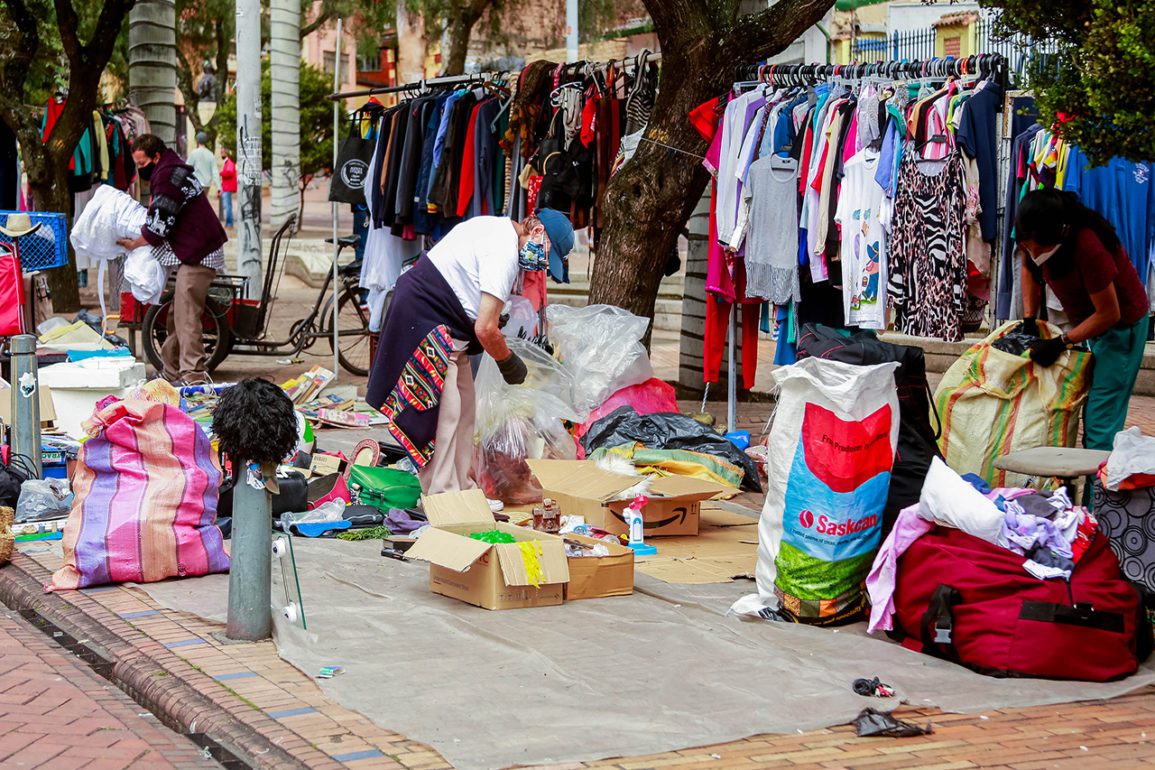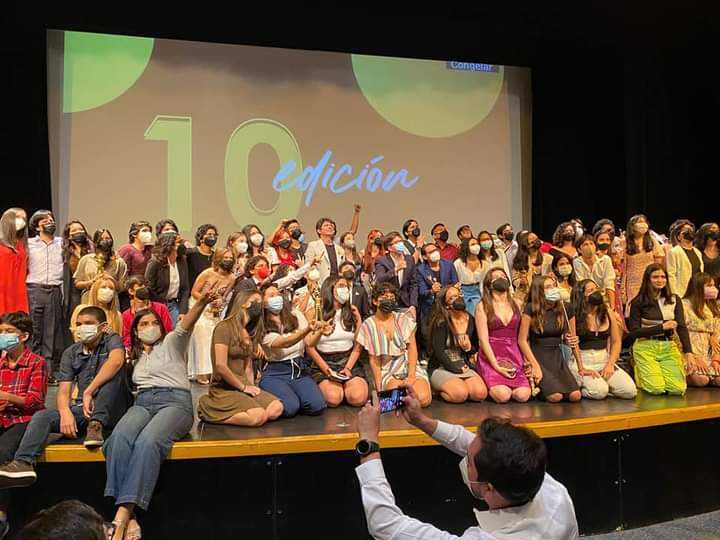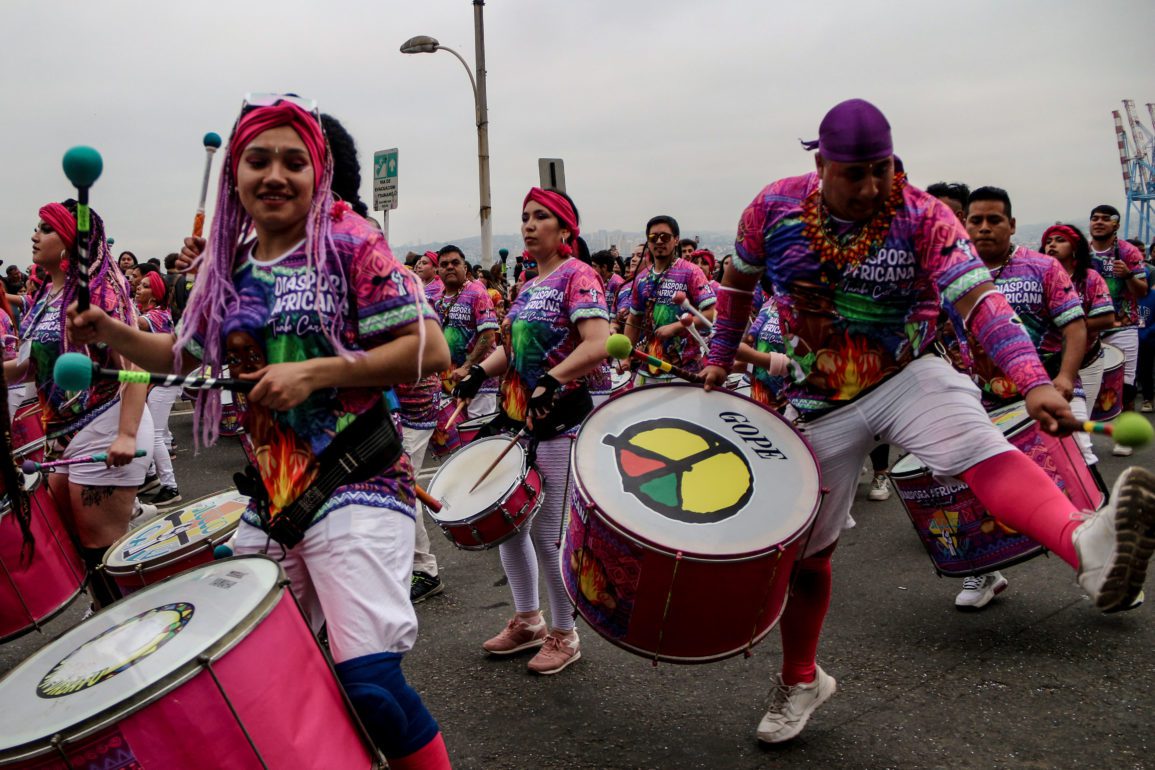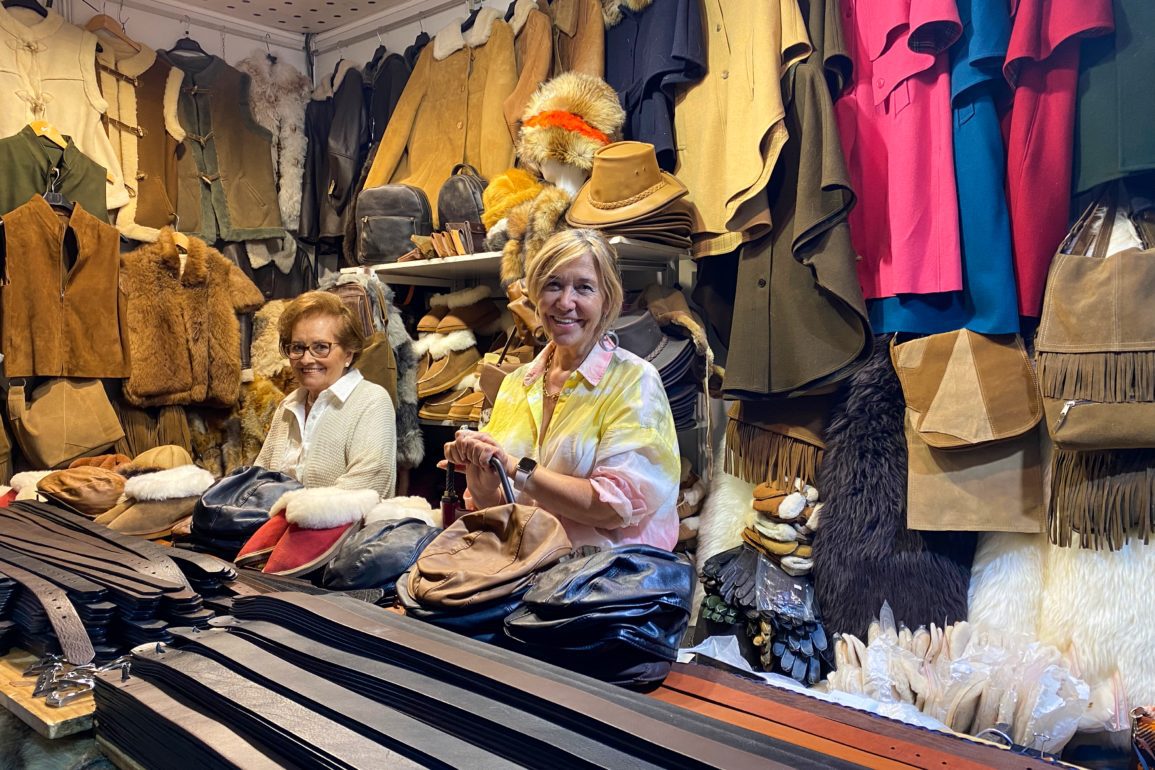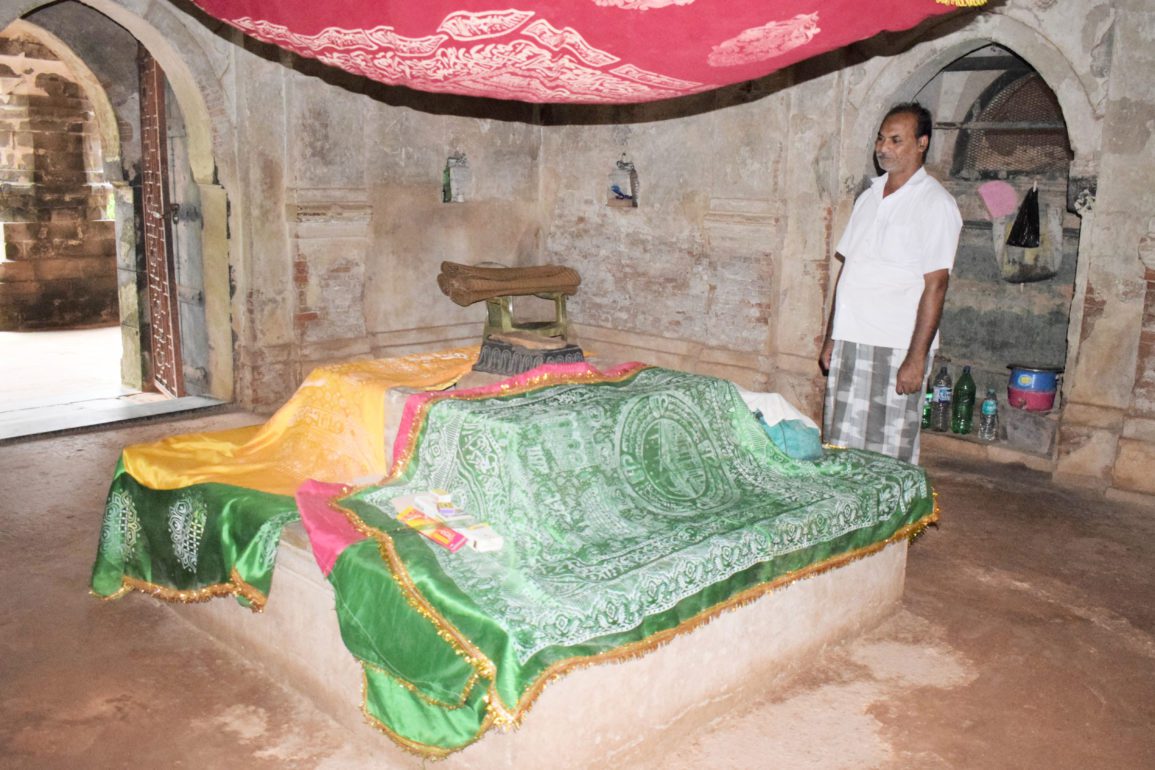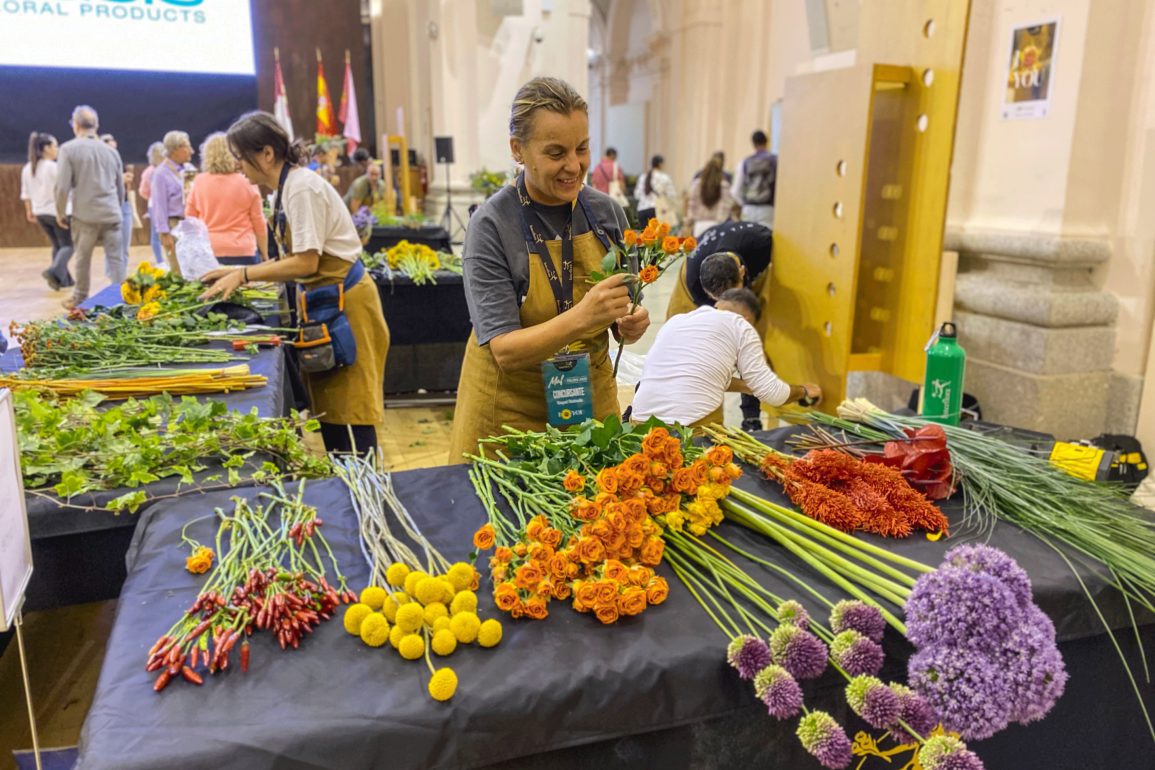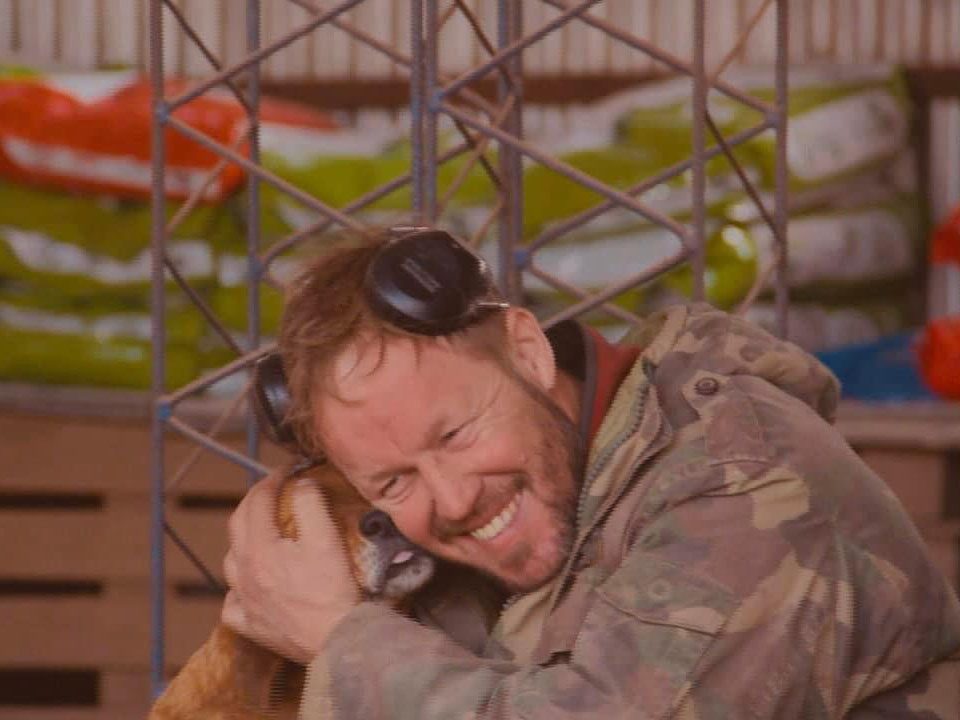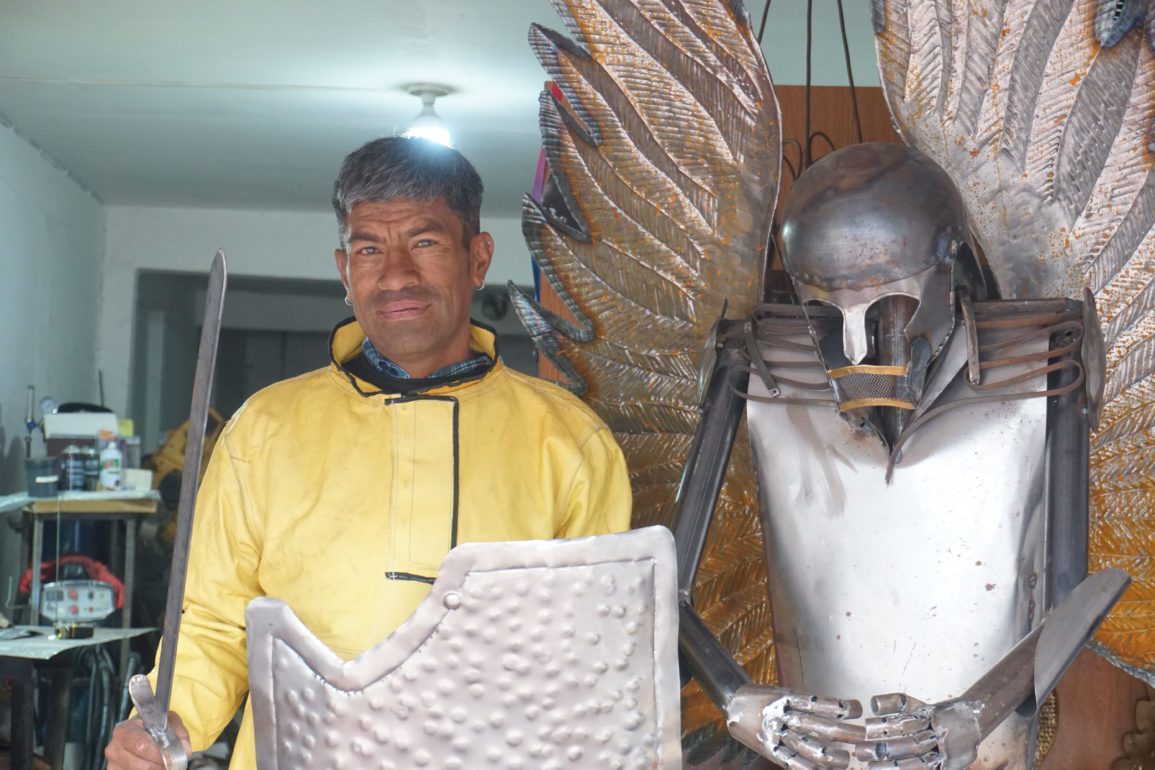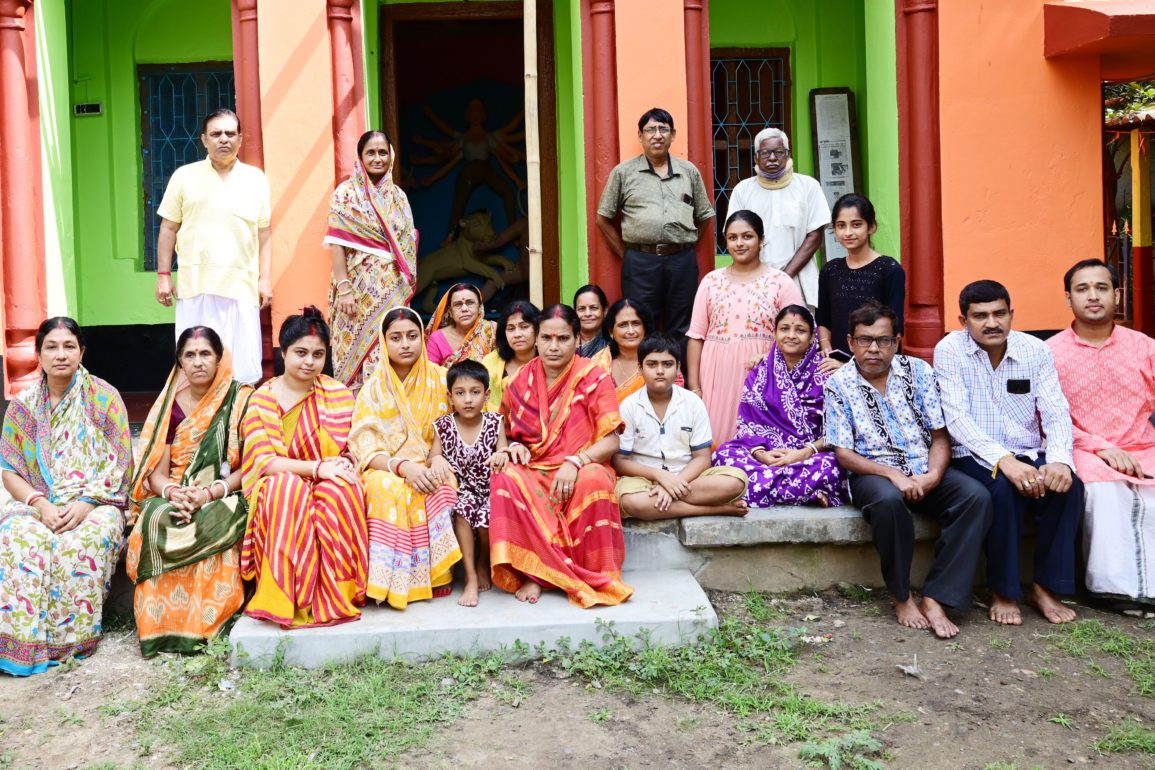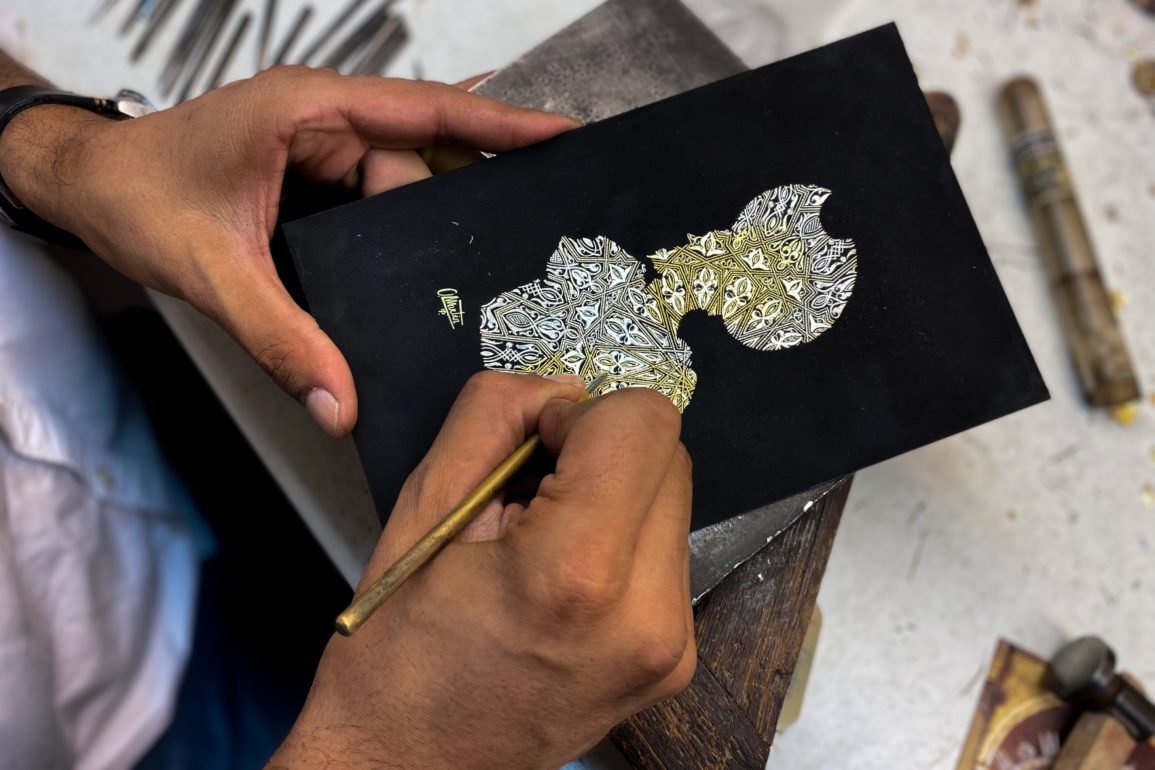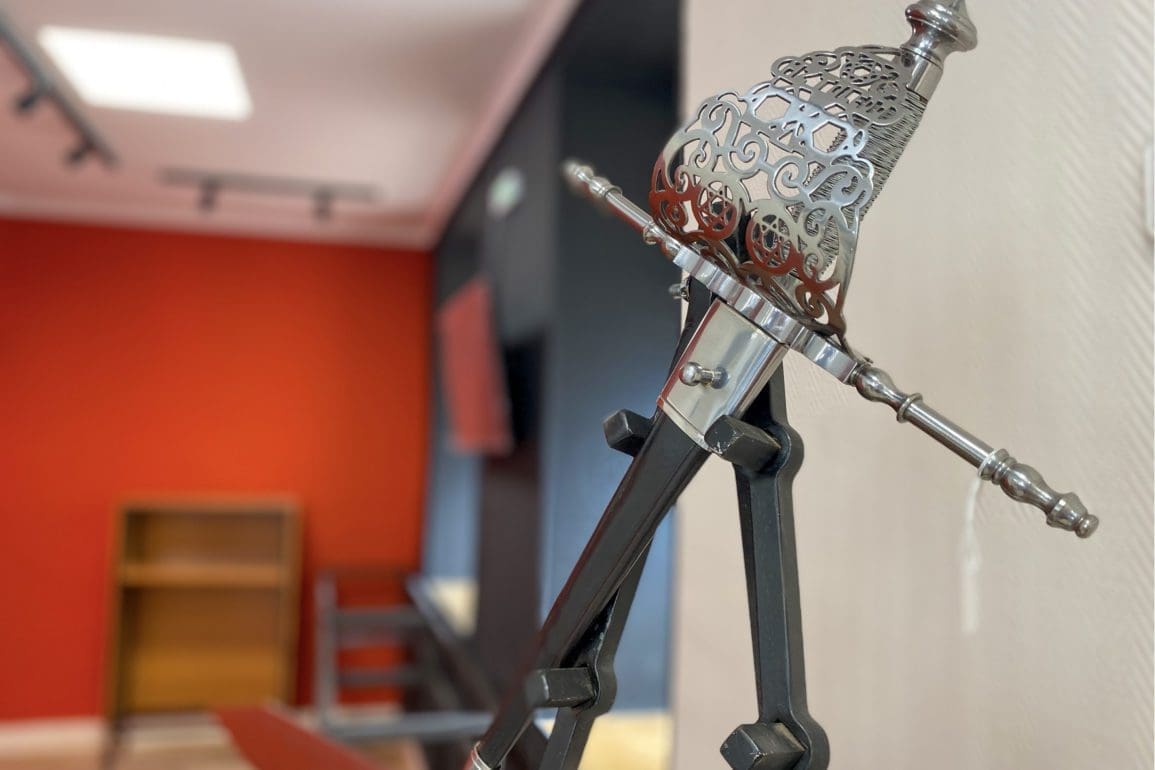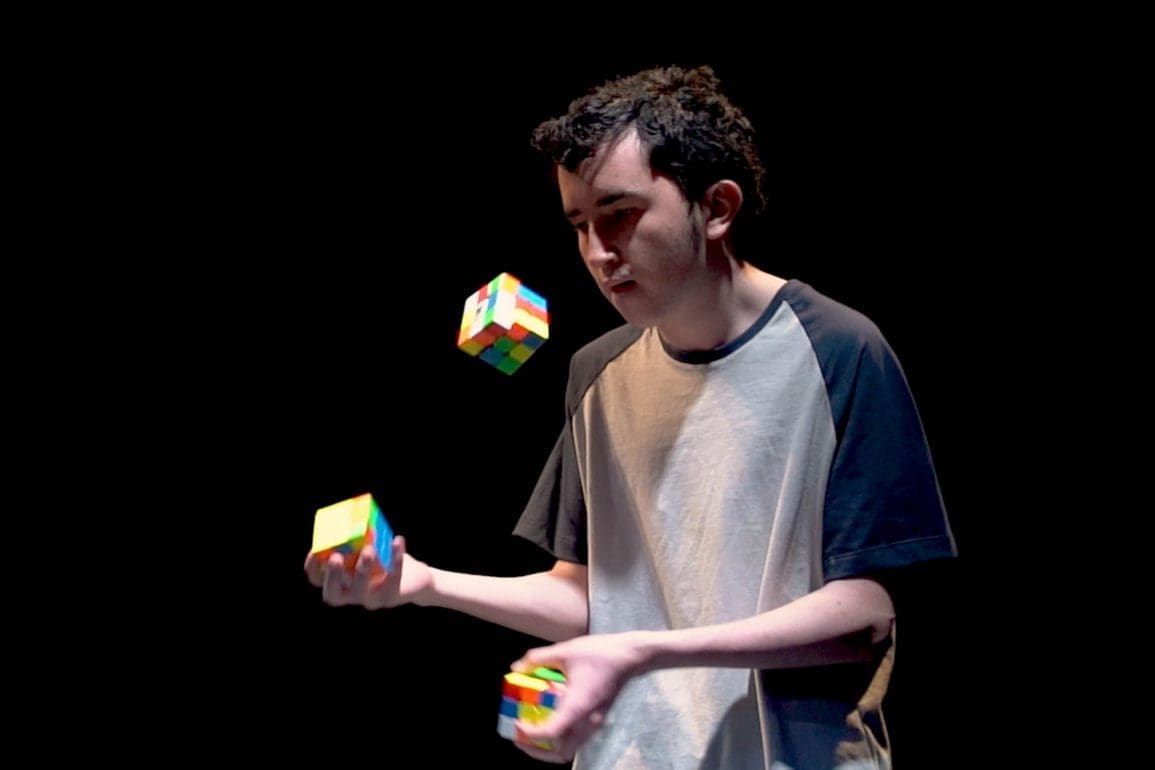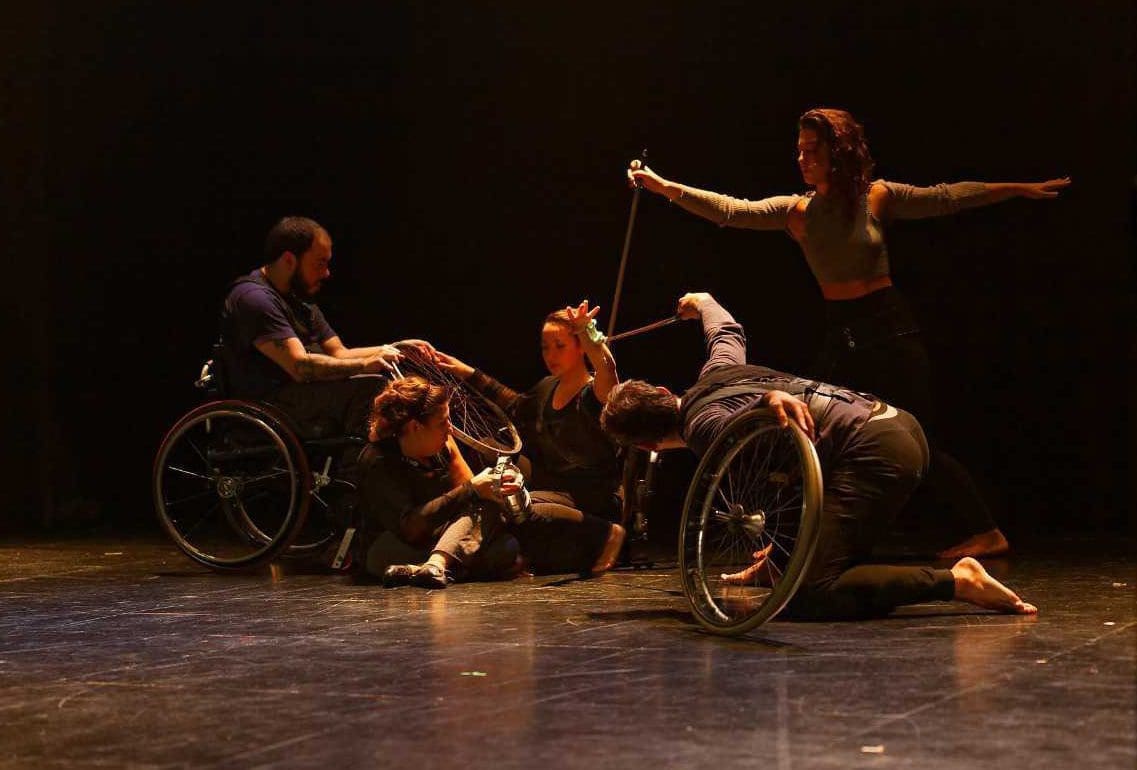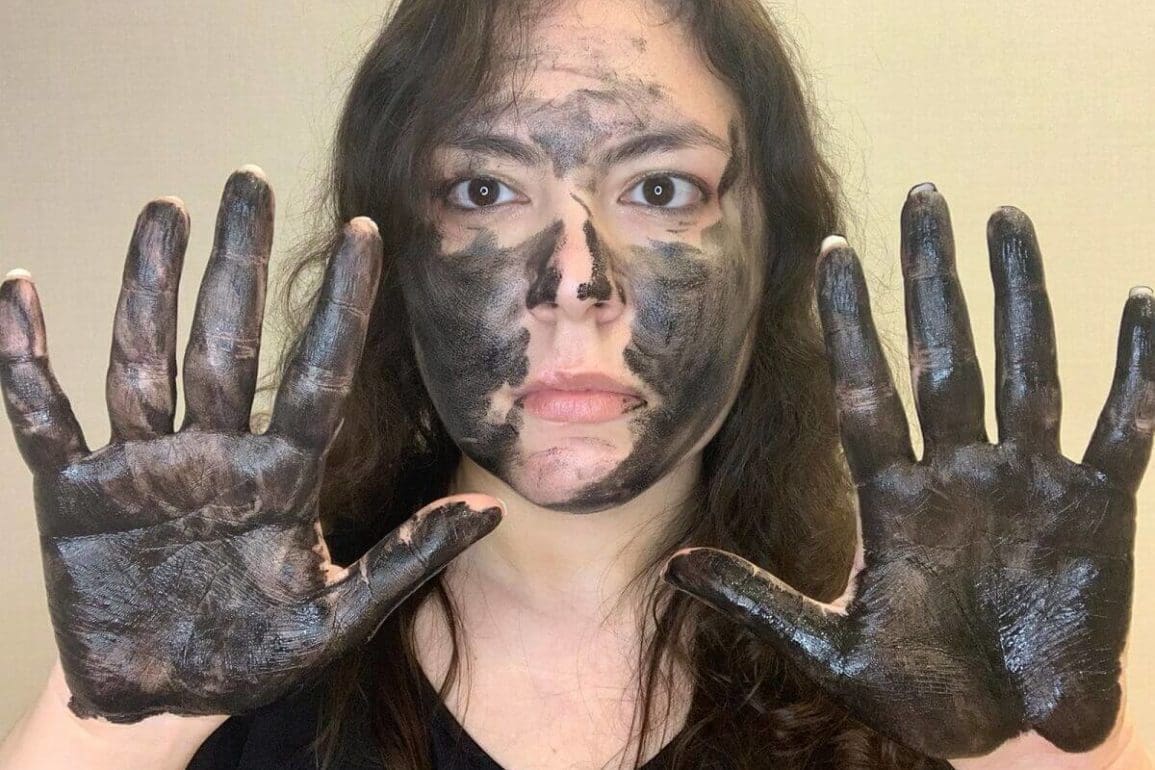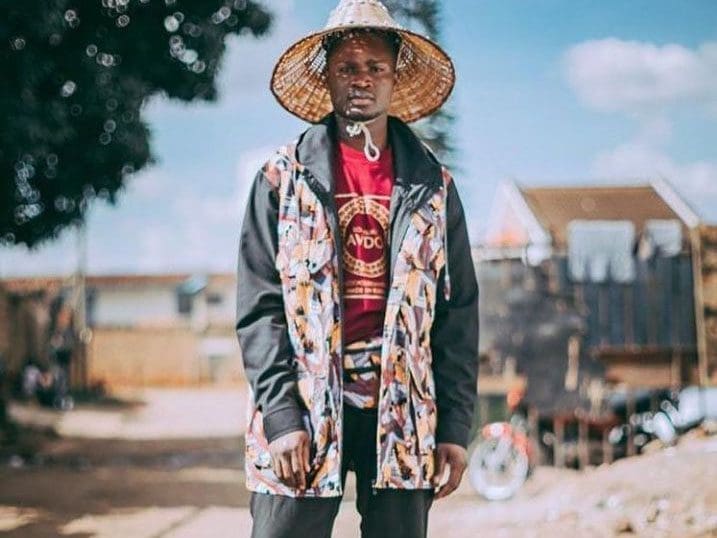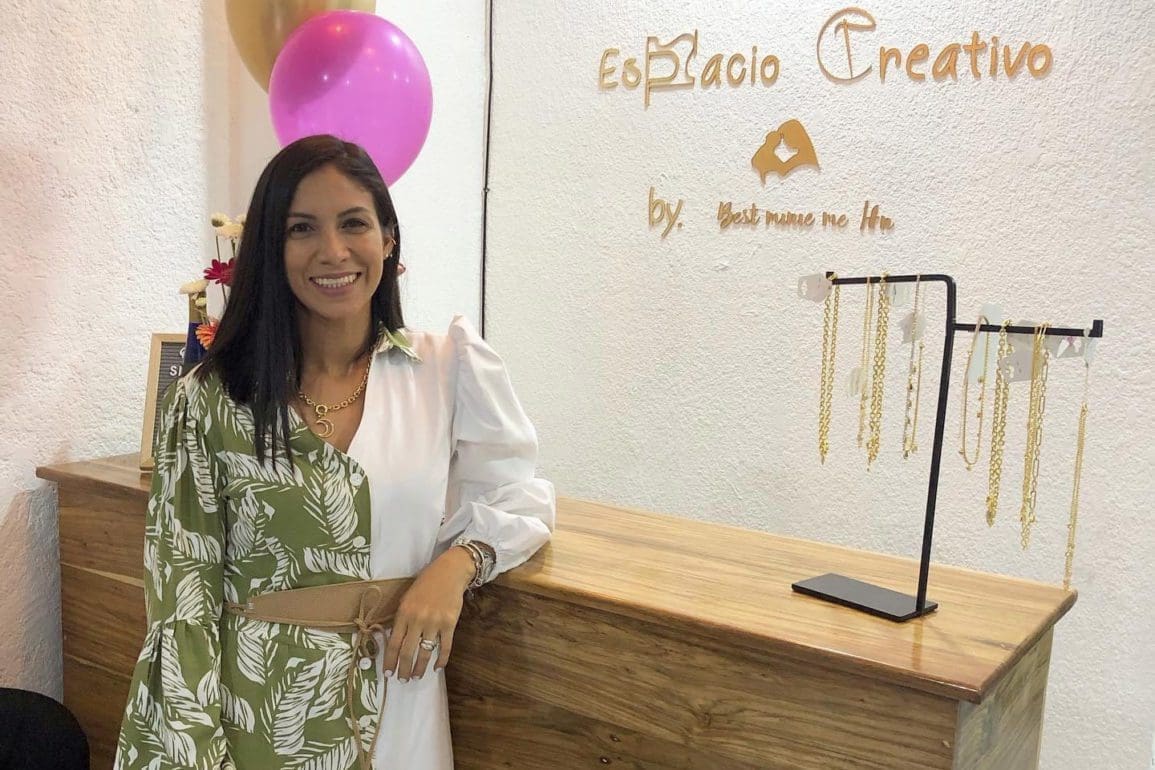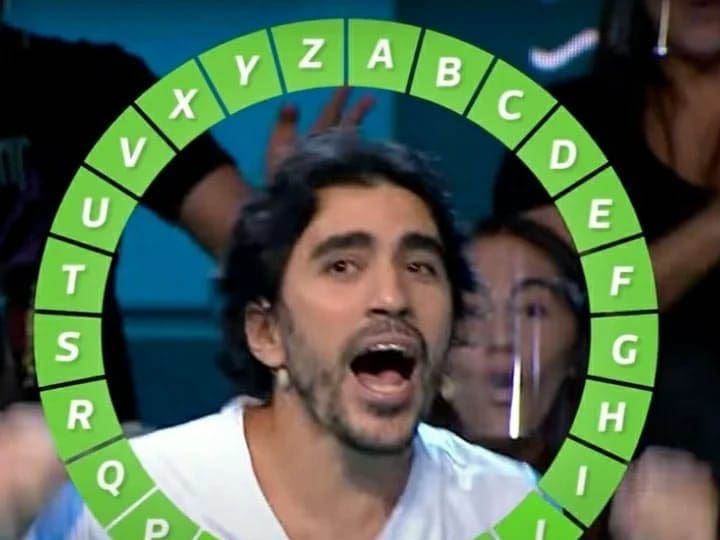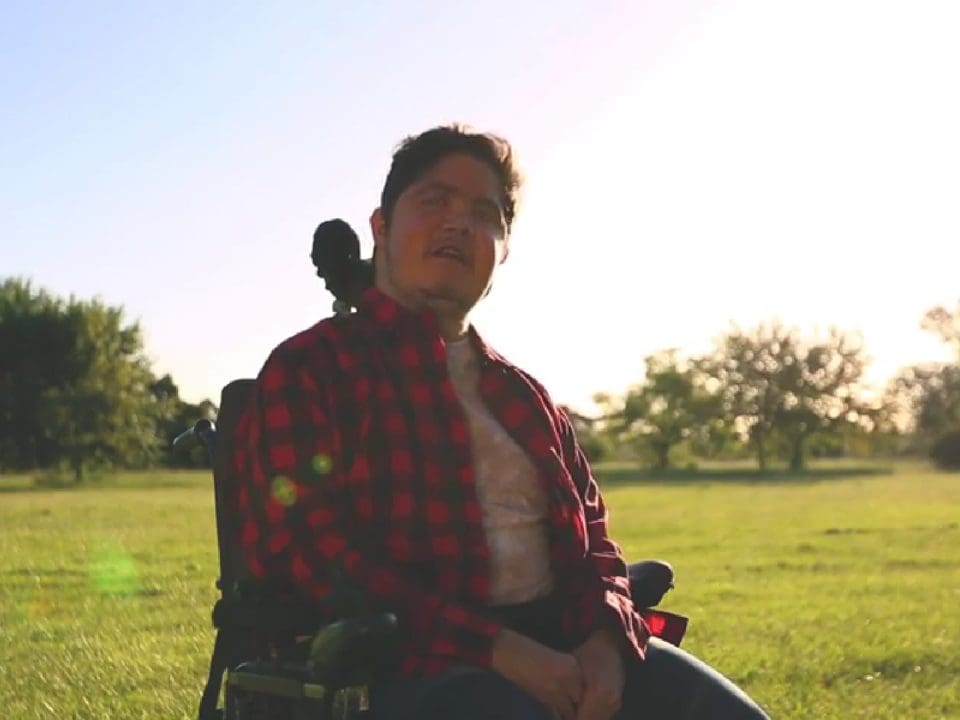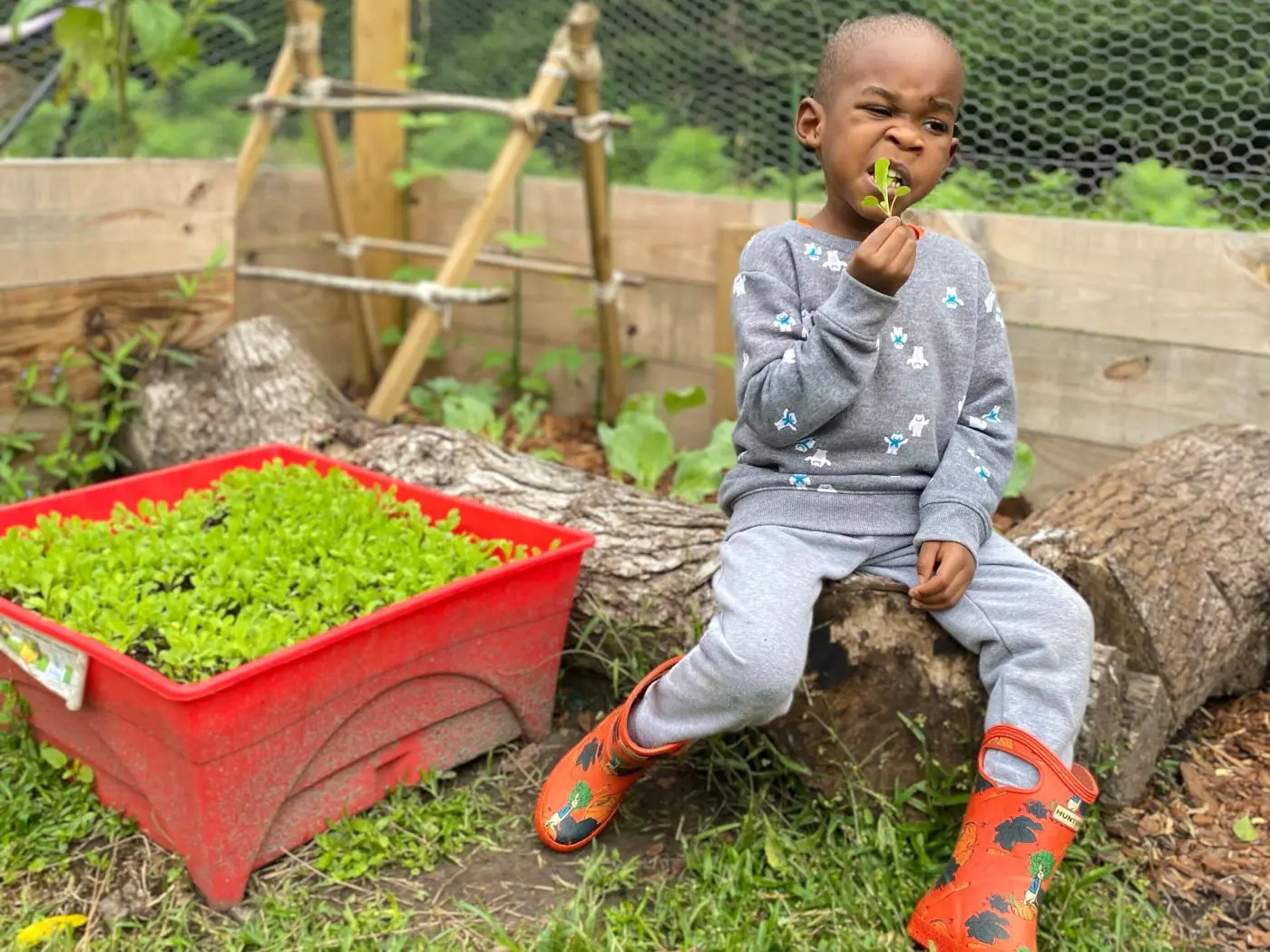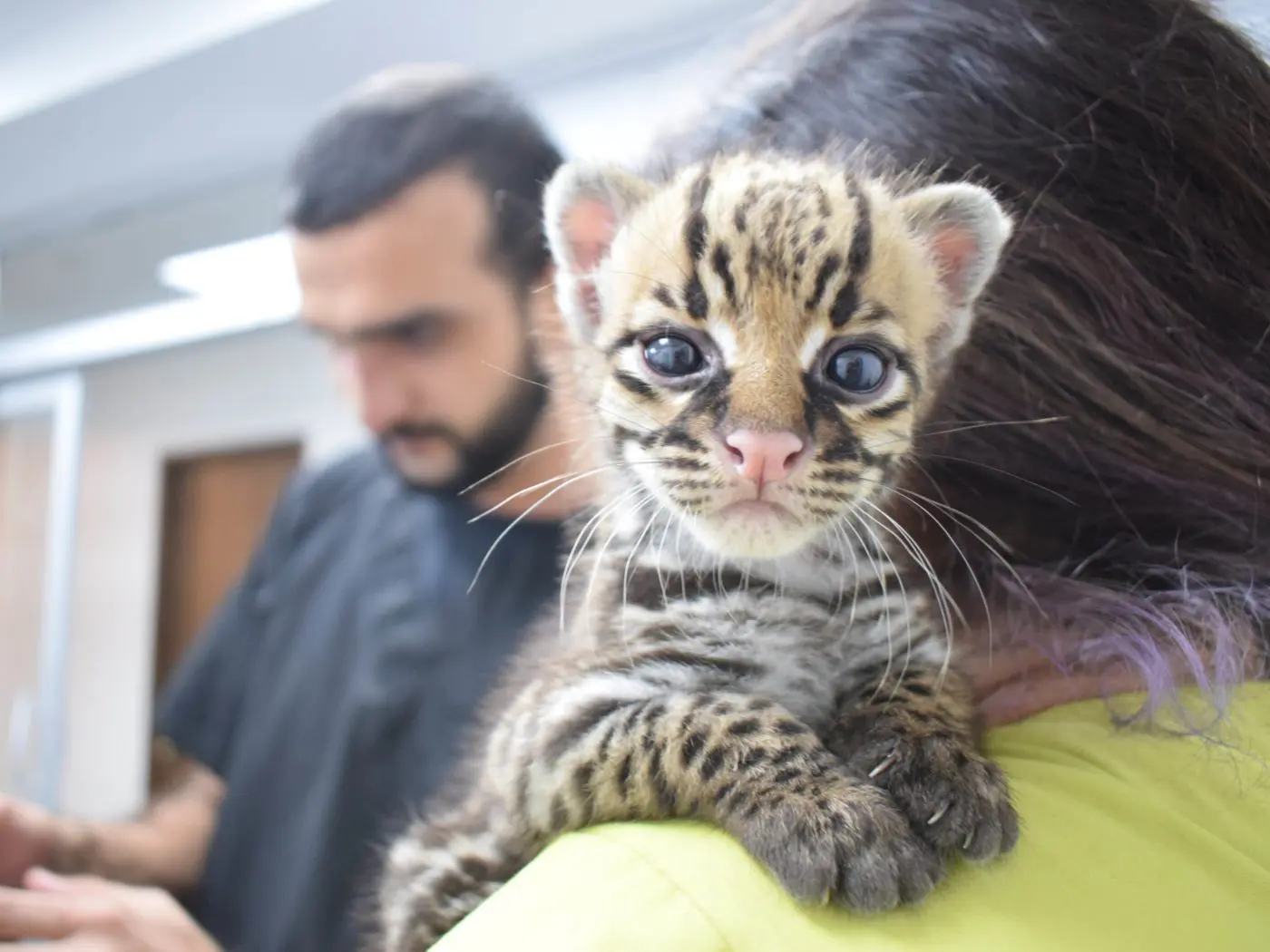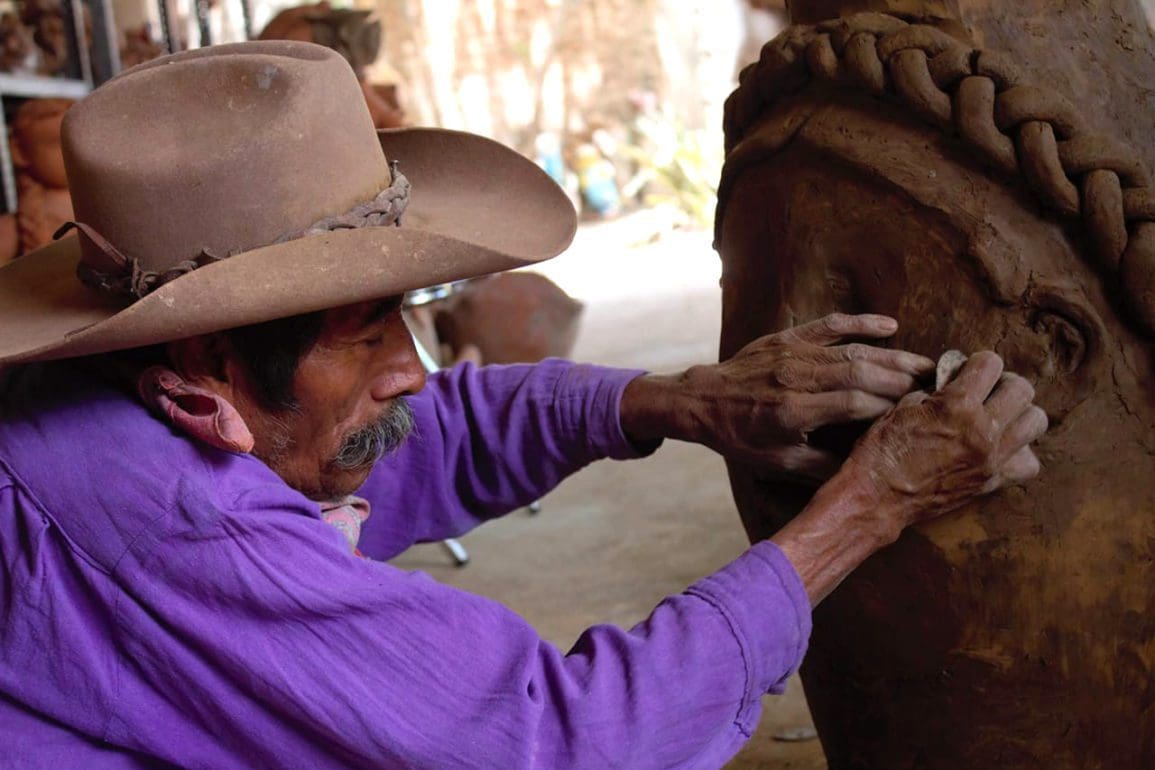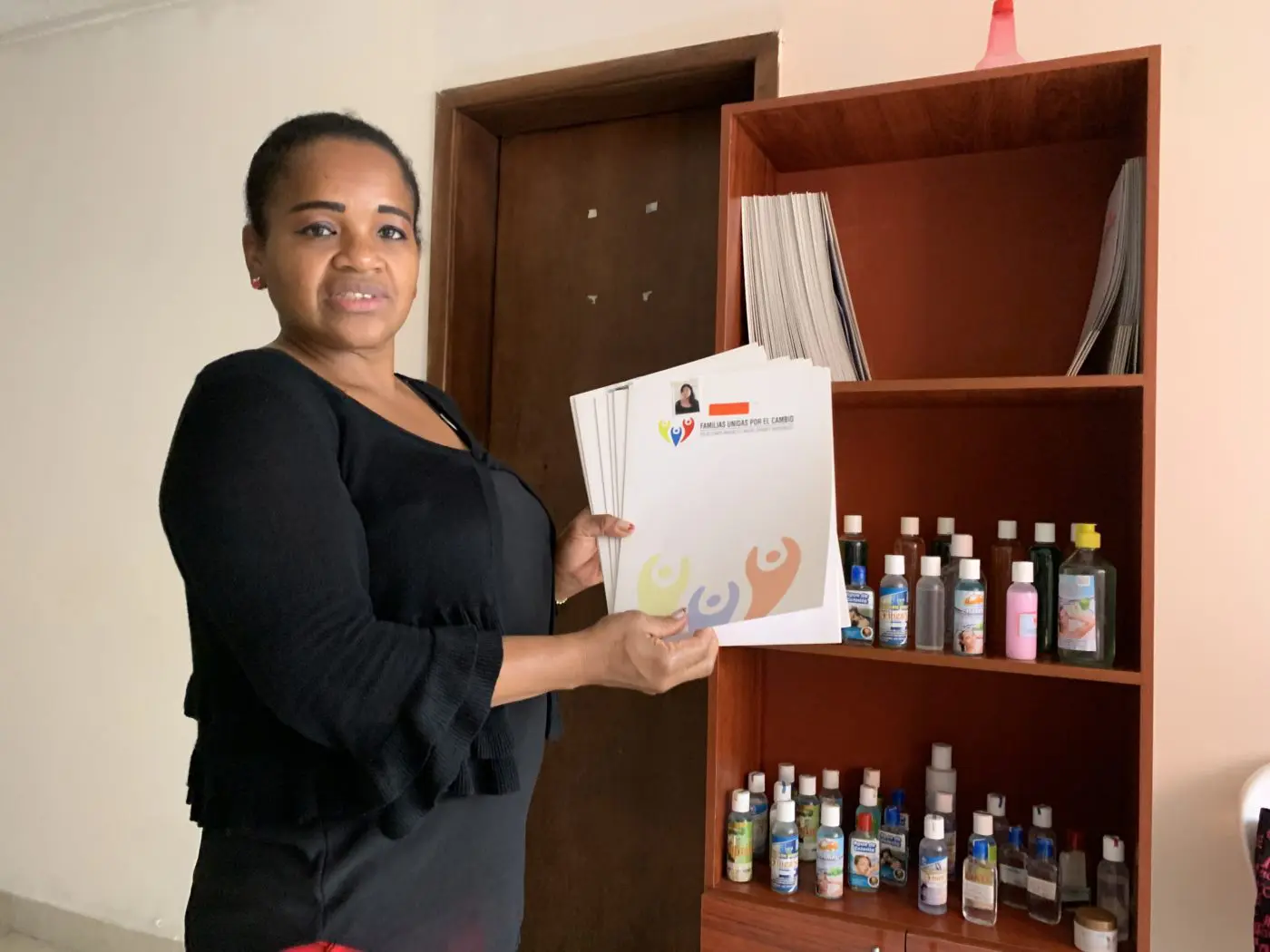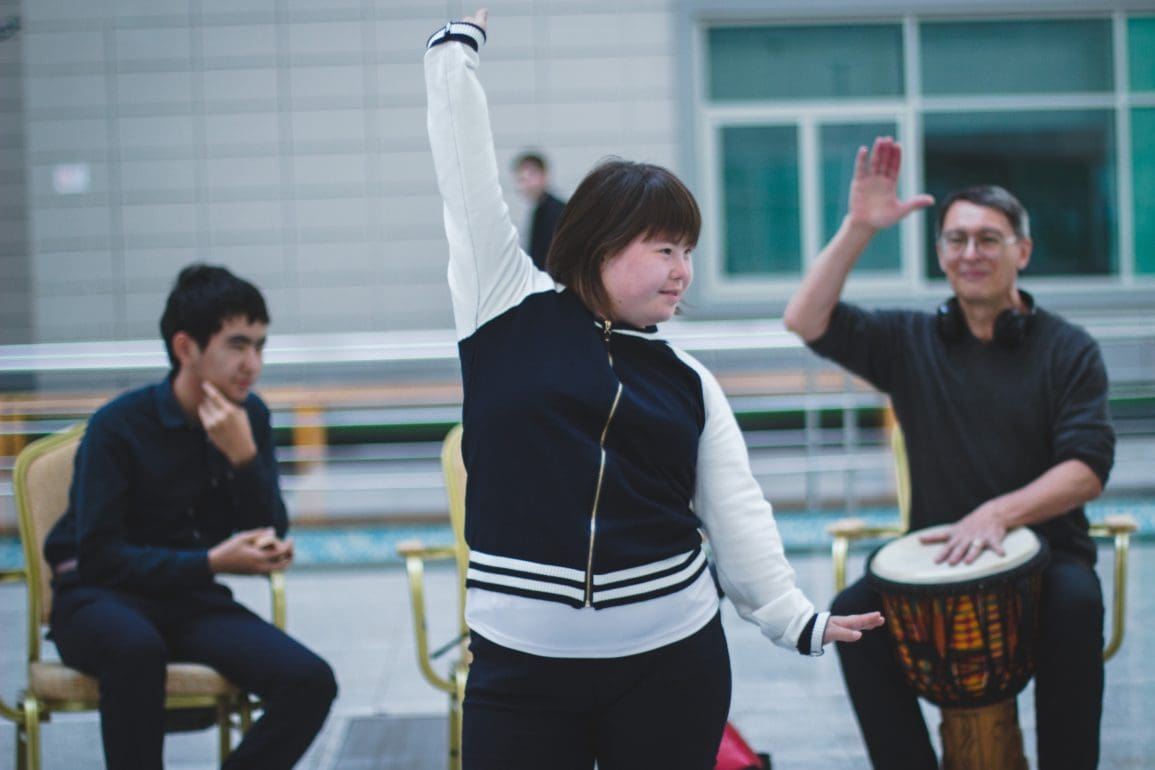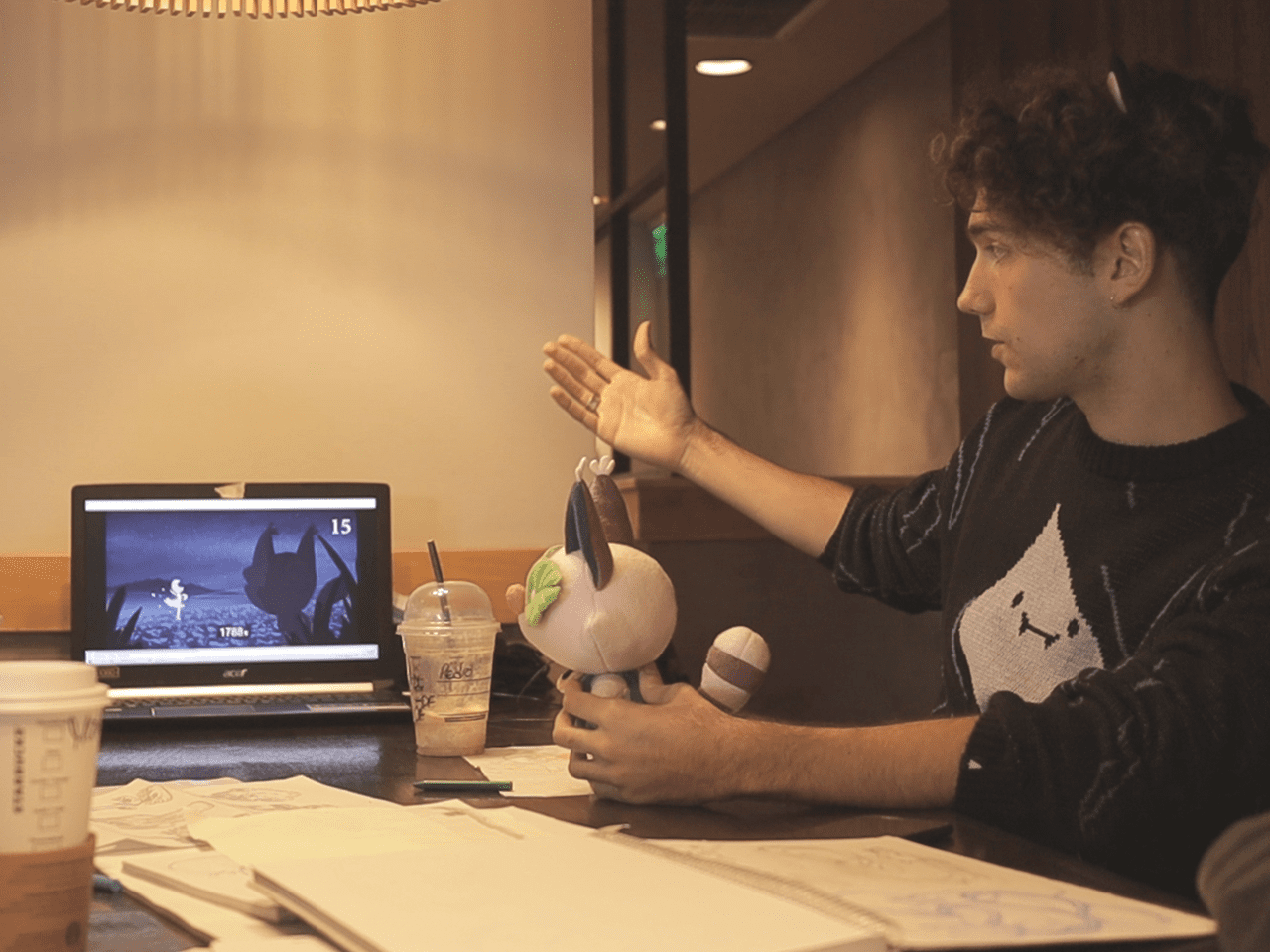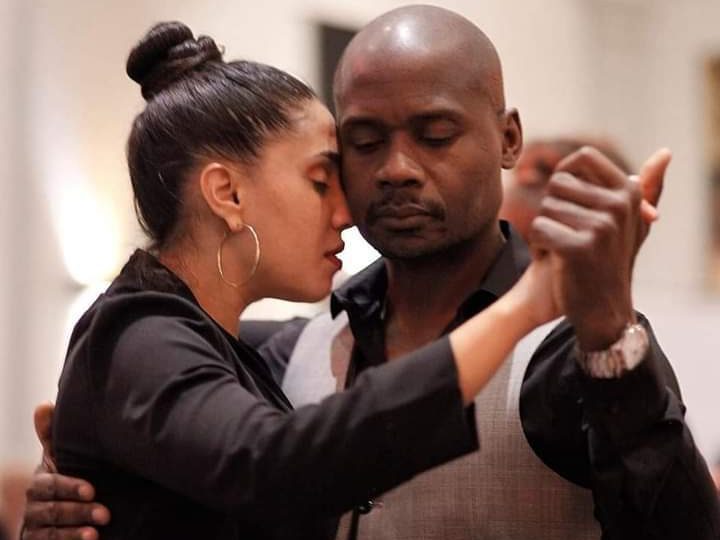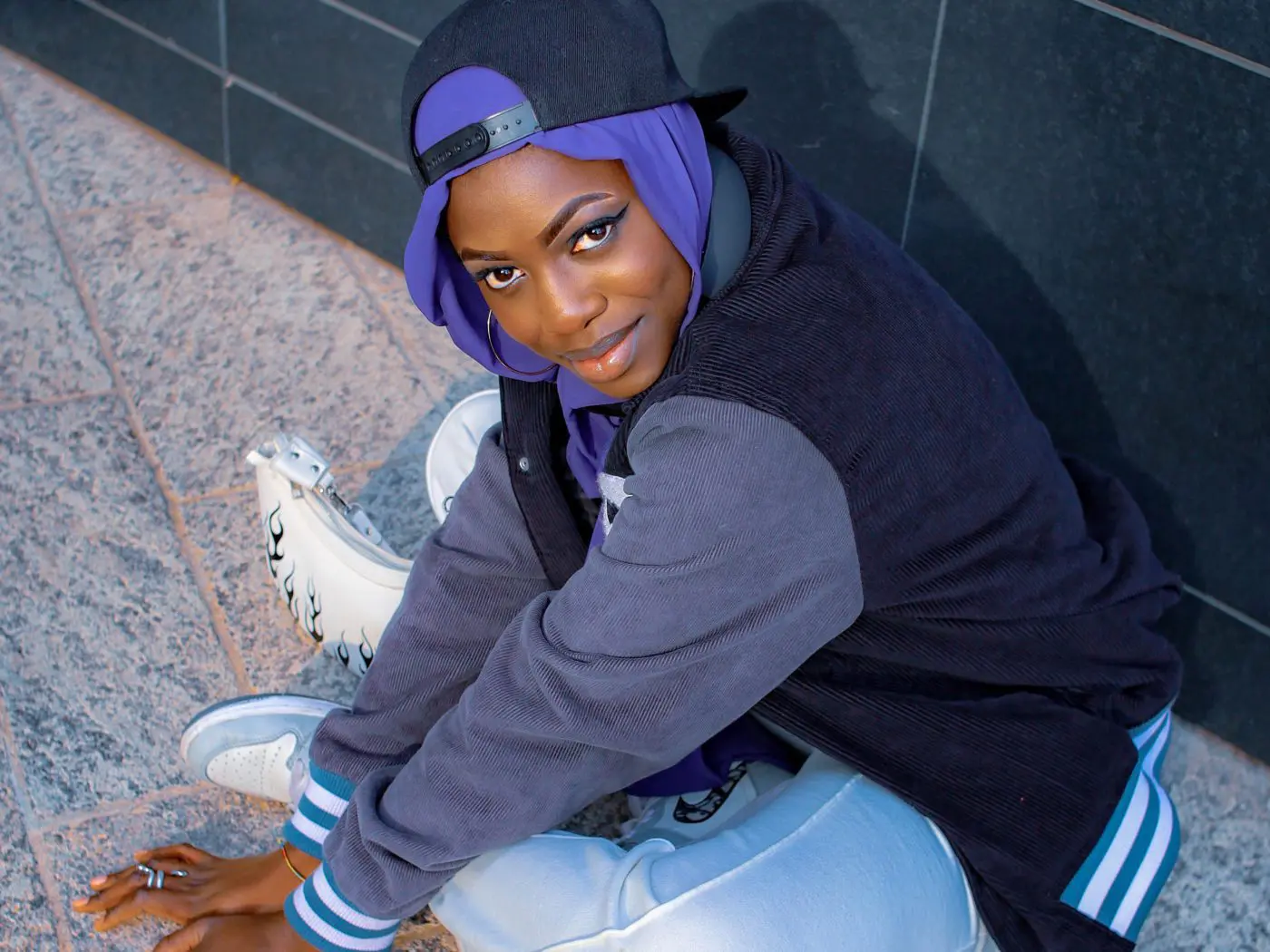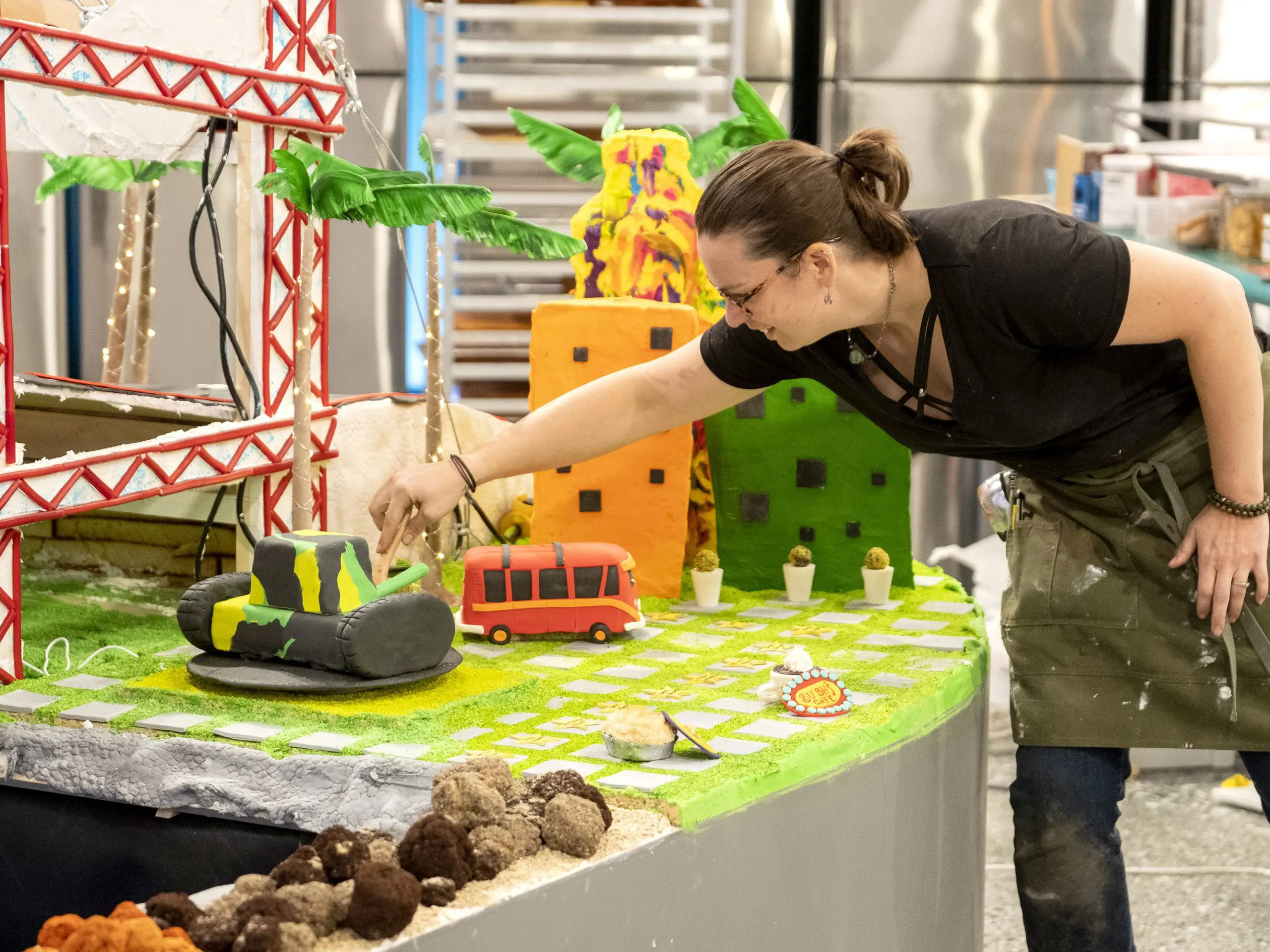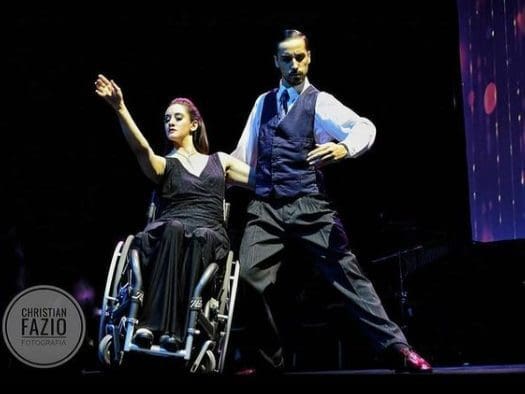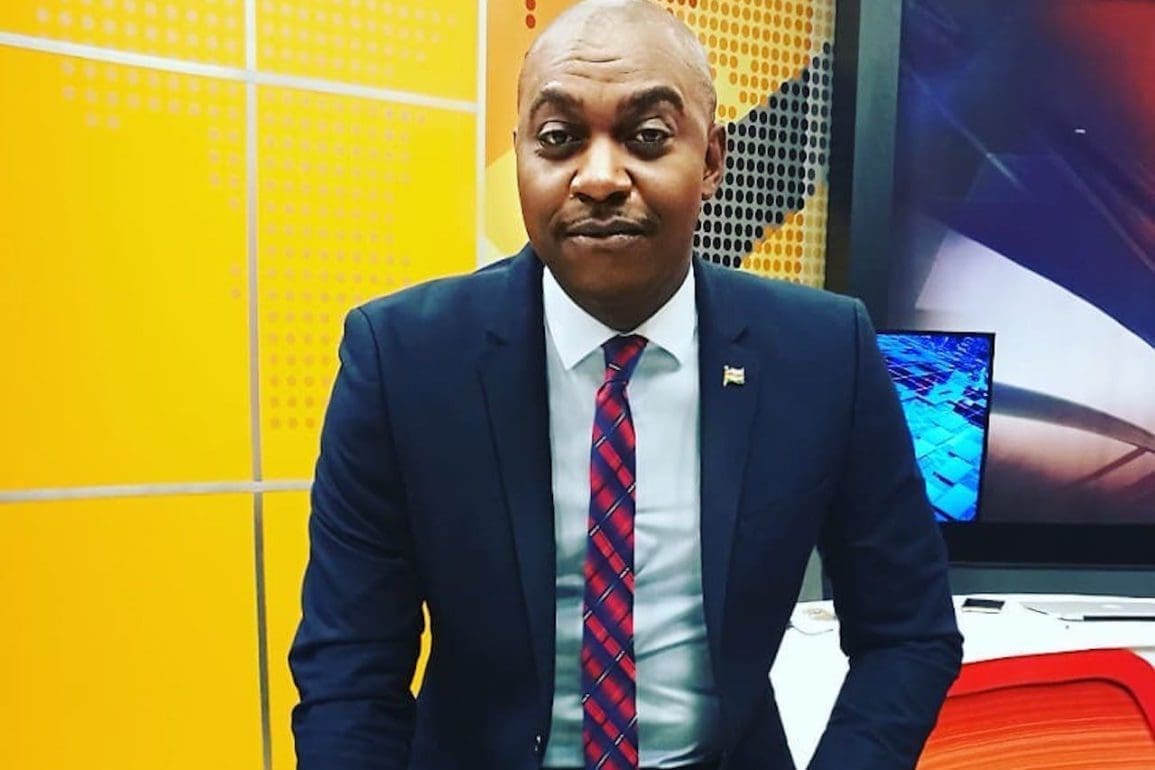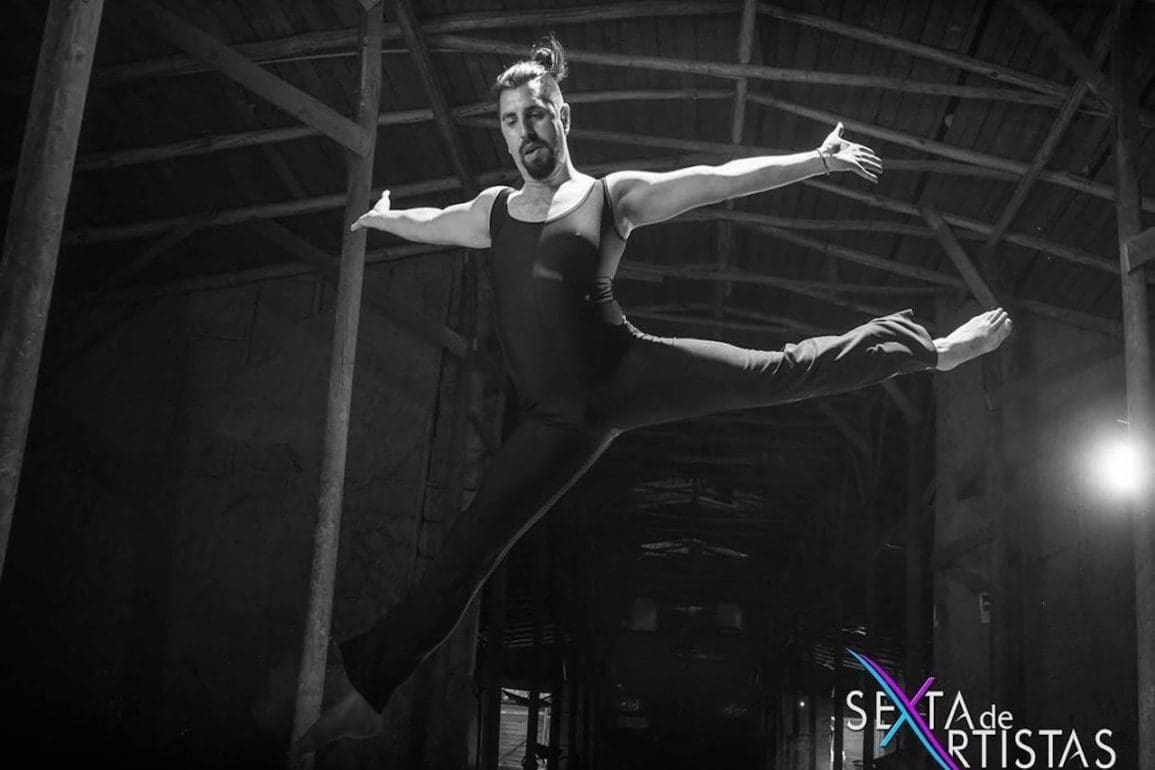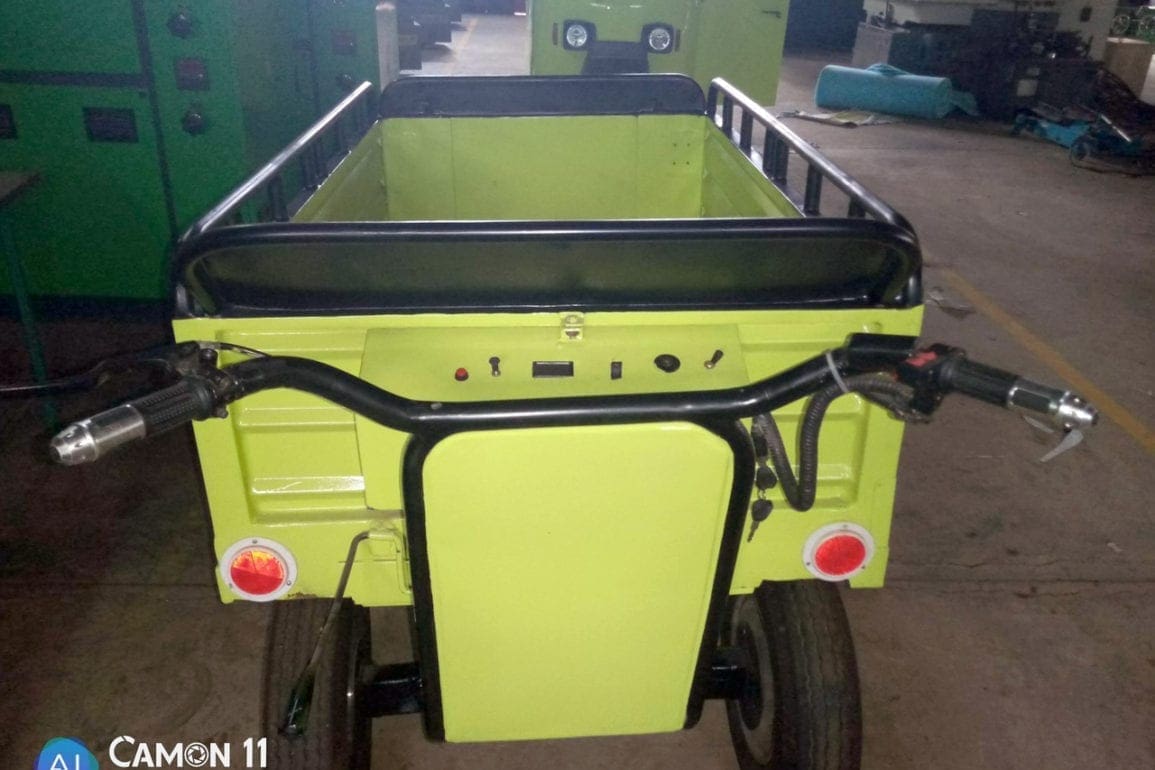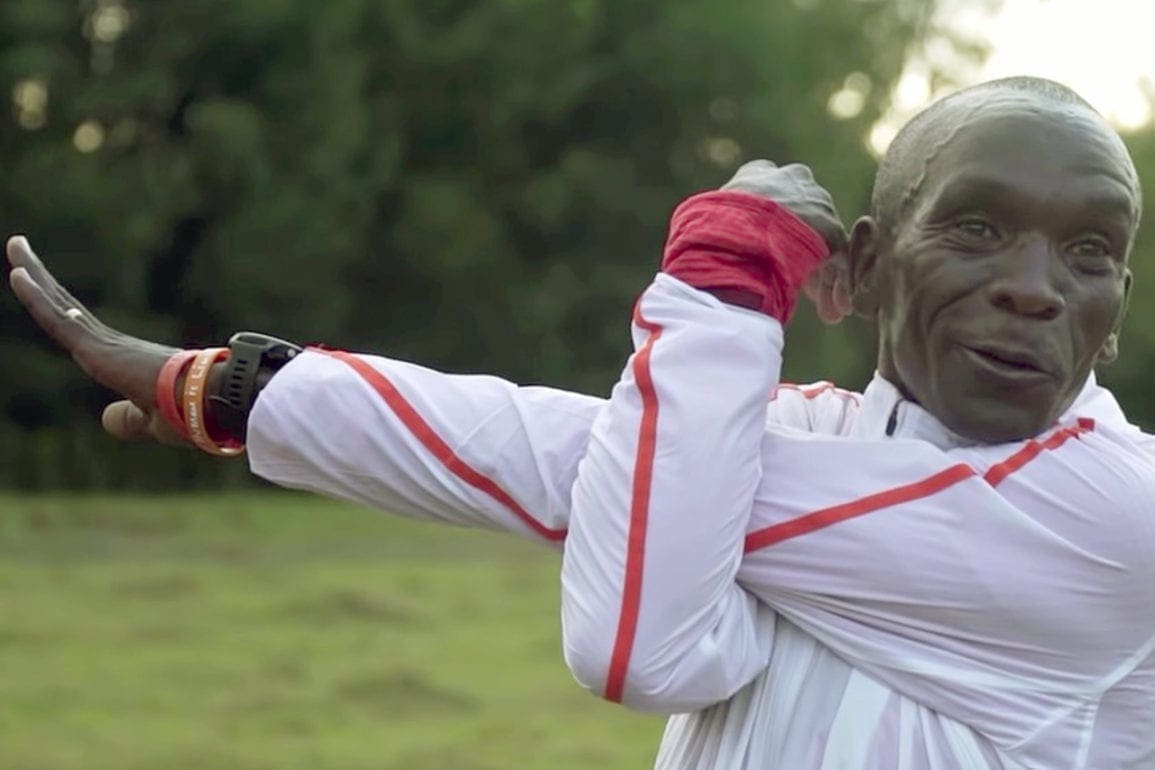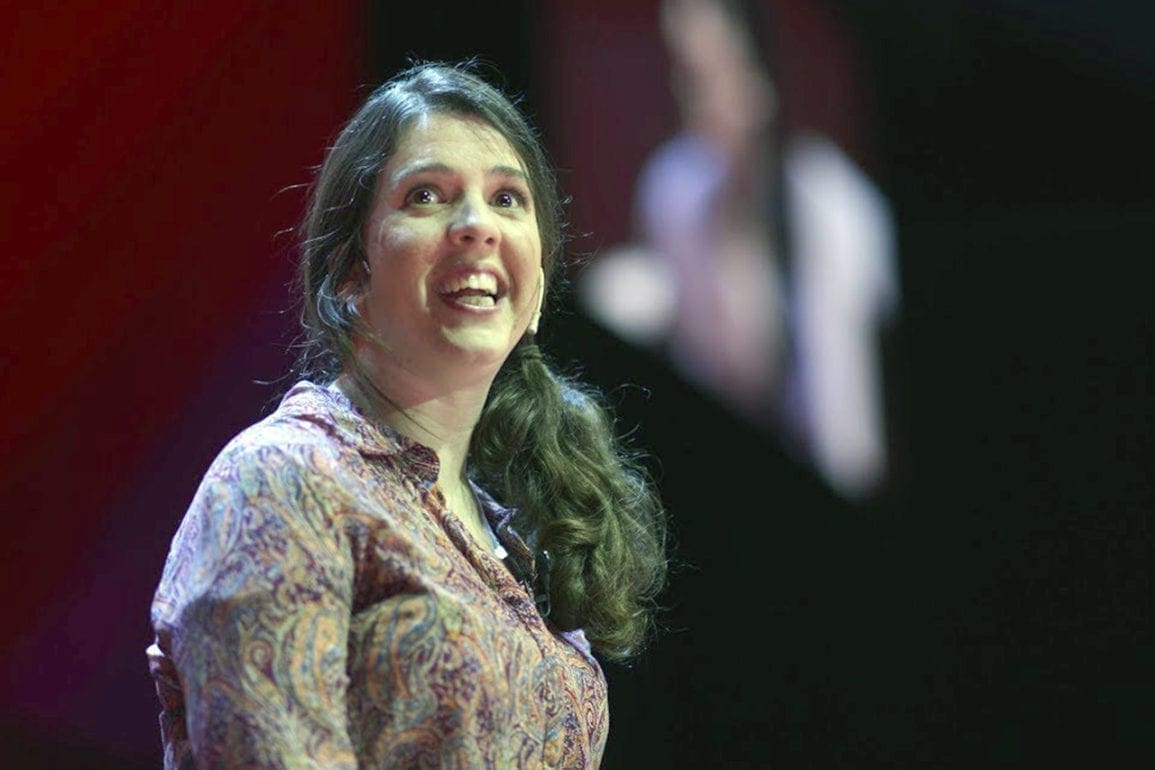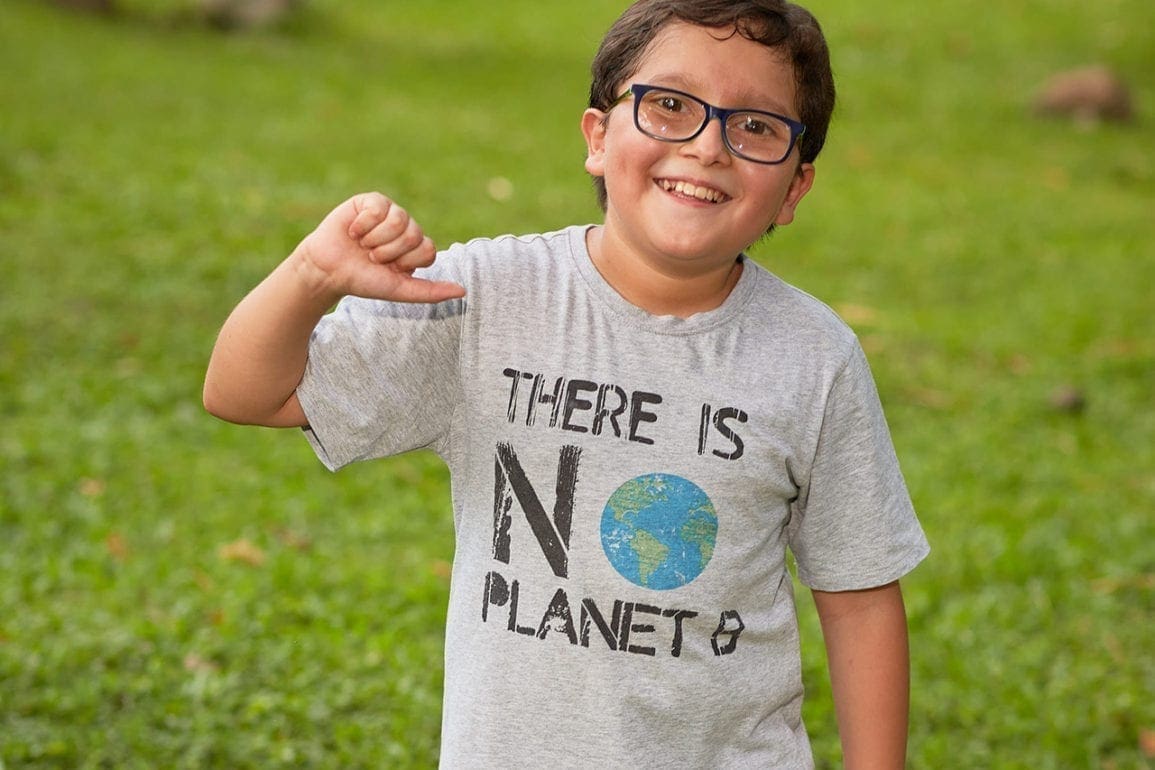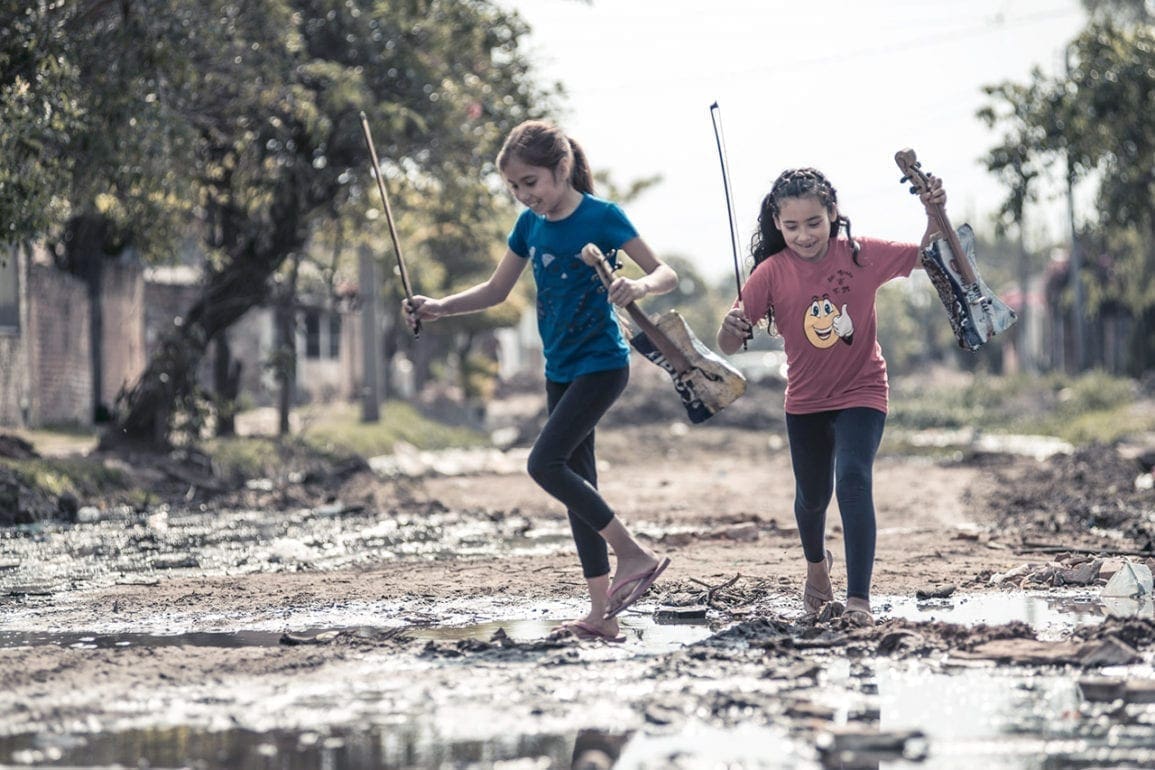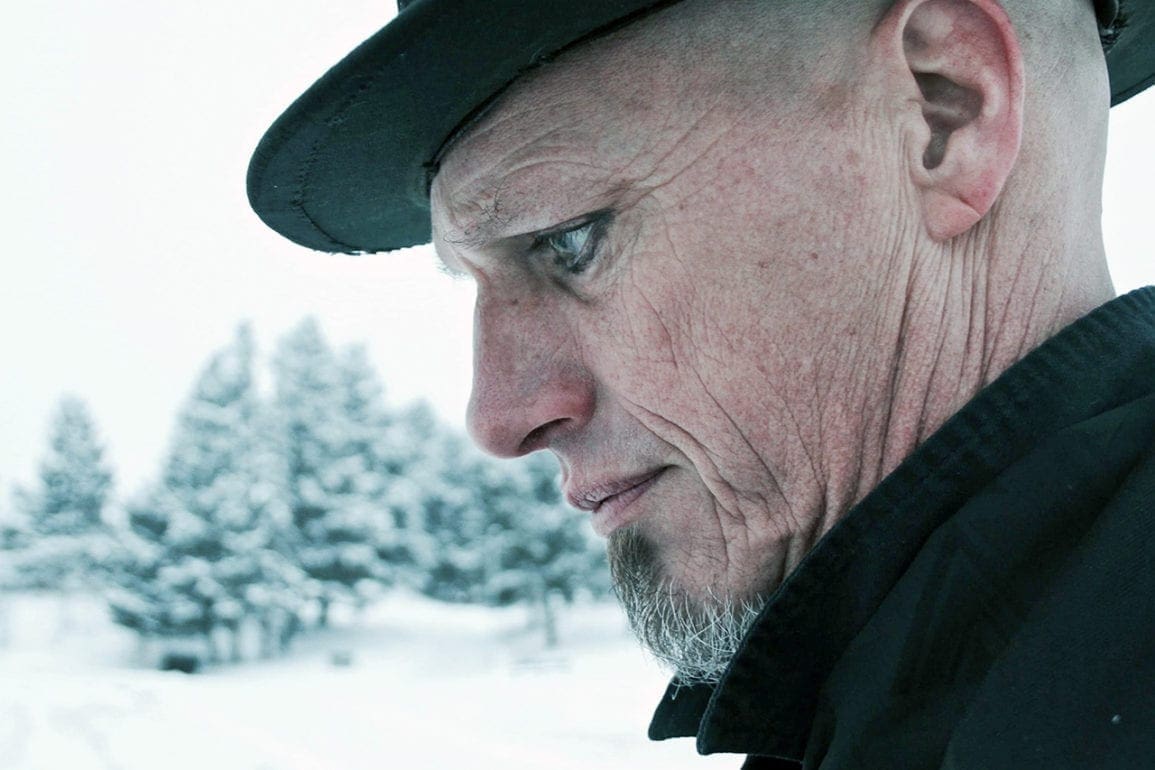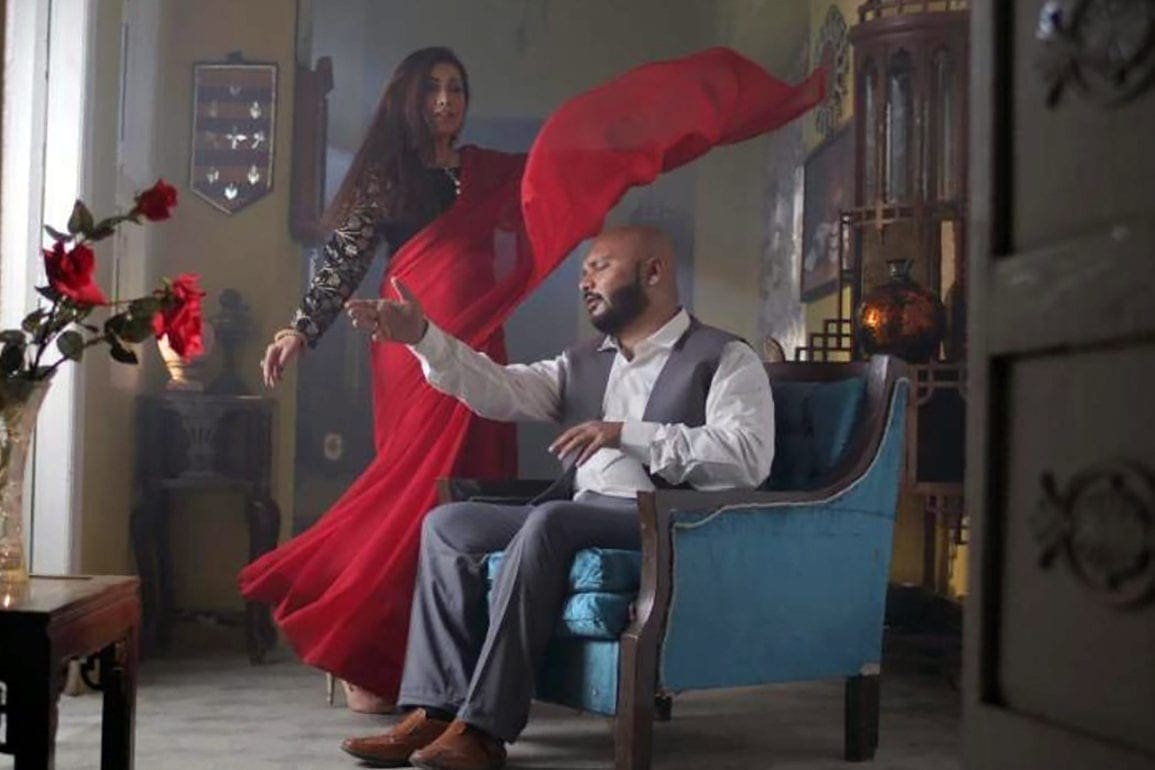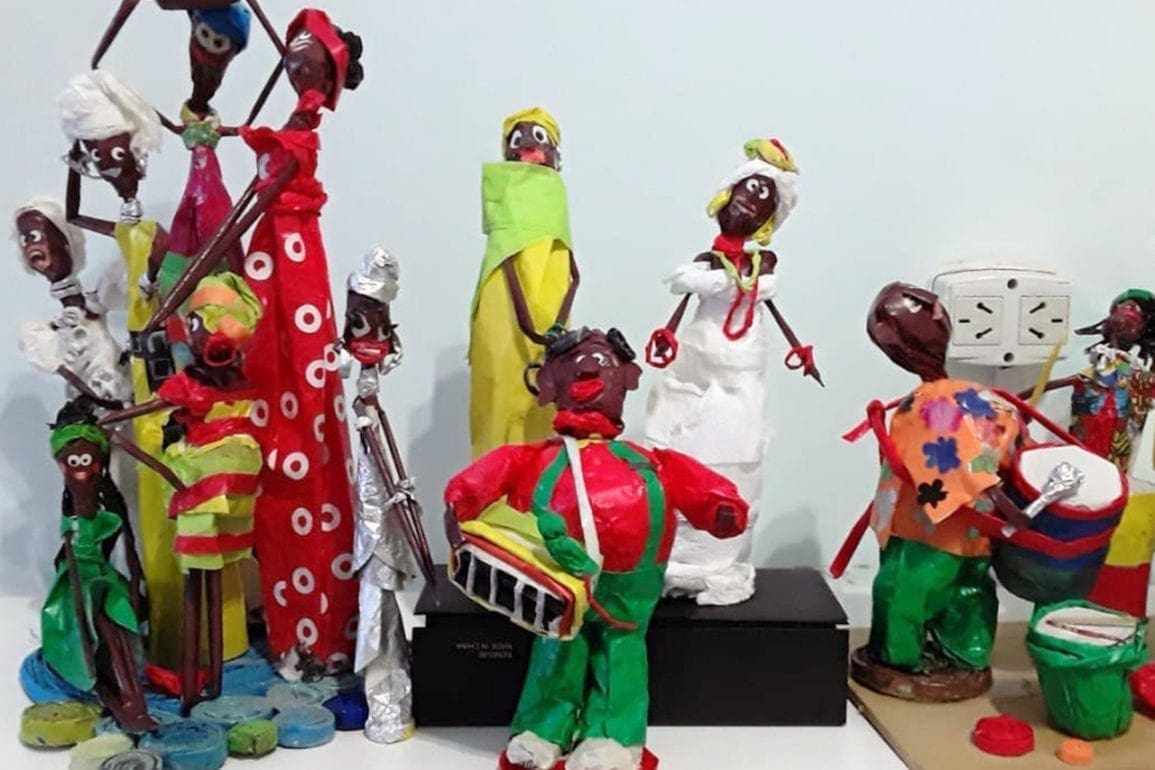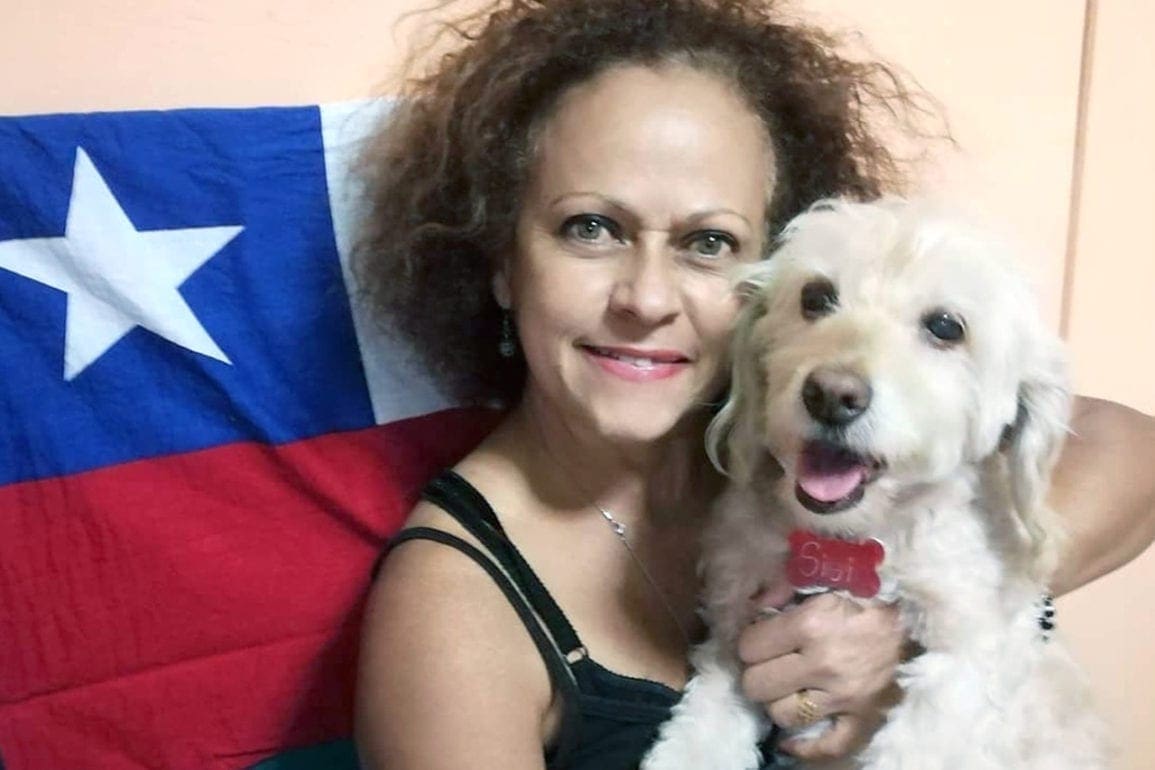Kenya DJ drops the beat and the stigma
My hand movements are slow and jerky, but I DJ using my feet. I do everything from selecting songs to mixing and scratching on the decks.
- 5 years ago
May 27, 2021
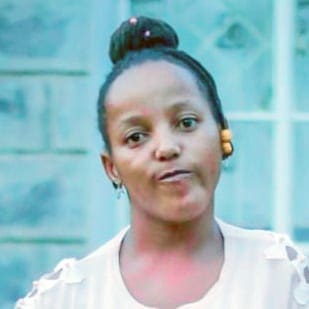
NAIROBI, Kenya — My name is Winnie Wanjiku and I am a 27-year-old Kenyan woman living with cerebral palsy.
I am a DJ and my professional name is DJ Wiwa. You may wonder how I came to be a DJ with my condition. People are often shocked when I share my occupation.
My hand movements are slow and jerky, but I DJ using my feet, including everything from selecting songs to mixing and scratching on the decks.
Growing up equal
I was born with cerebral palsy and my mother did not realize I had this condition until I was six months old. She faced challenges raising me with my condition, but I am very thankful she never gave up on me, no matter what situation she faced from society.
My mother resolved to raise me no differently from others. She was always by my side to give me a shoulder to lean on even when I faced discrimination and stigmatization from my community.
At home, there was no difference in how she cared for us. I had the same opportunities as my siblings.
When assigning duties around the house, she gave me some as well. I was tasked with keeping the house neat and tidy, which I always looked forward to doing.
With my condition barring me from doing some chores, my family stayed beside me. They were all there to help and support me. Whatever I needed to do was done.
Belief from support
This support helped me believe in myself and my ability to embrace who I was and the condition I lived with as a young girl.
Life was fun and I enjoyed every moment because I never had to worry about the people who did not care.
I played with my friends with a free spirit and even though I was a bit uncoordinated, the games were livelier to all of us with no boundaries or limitations.
I enrolled at Joytown Primary School in Thika, Kenya, a school that focuses on children with special needs.
At school, life was different because my interactions were with physically challenged children like me. They taught us various skills to suit our different statuses and to help us in life.
I later went to Joytown High School, a sister school of the primary school I attended.
All throughout school, I did not realize how tough it was living with cerebral palsy.
I was treated equally to others, so I never noticed stigmatization against me until I completed my high school studies in 2014 and started looking for jobs.
Rocky road to employment
When I started looking for jobs, things changed. It was a dark time for me.
I was asked indirectly by potential employers about my slurred speech. They would look at my hands. It always broke my heart to face such discrimination in a world that I only pictured as a safe place. I asked myself, what can I do, when they all saw me as someone not capable of doing a job.
I gave up after failing to get a single job after several trials. I prepared for a life without employment, but soon my mind went to being self-employed. I began to sell jewelry with my mother in my hometown and area neighborhoods.
We did deliveries and door-to-door sales. Business was good, and I was content with everything we were earning.
Many people grew fond of me and would call my mother asking when I would make the deliveries for them.
We kept on doing this until one day in 2018 when my mother asked me to go back to school since we had saved enough from the business.
Turning point
My mom recognized my love for music, so she said I should consider enrolling to become a DJ.
I do not remember my exact response, but I did laugh. I would not have expected such a suggestion.
I only knew a few female DJs in Kenya and none with my condition. At that moment, as I sat staring at my mother with disbelief, I allowed myself to imagine life as a DJ.
Since I enjoy and love music so much, I agreed to her proposal. That year, in June, accompanied by someone to help me, I traveled to Kenya’s capital city for the first time to start a DJ course at Talanta Institute.
That was the beginning of my journey as a cerebral palsy DJ in Kenya.
Through the first few weeks of training at the institute, I questioned what I was doing and how I would handle being a DJ with my condition.
I decided to work hard on my career, doing things differently to generate hope for the future.
With support from my family, classmates, and tutors, I graduated in October, after four months of serious training.
I started looking for gigs and marketing myself by mixing music on social media. Slowly, I became known by many people across the nation.
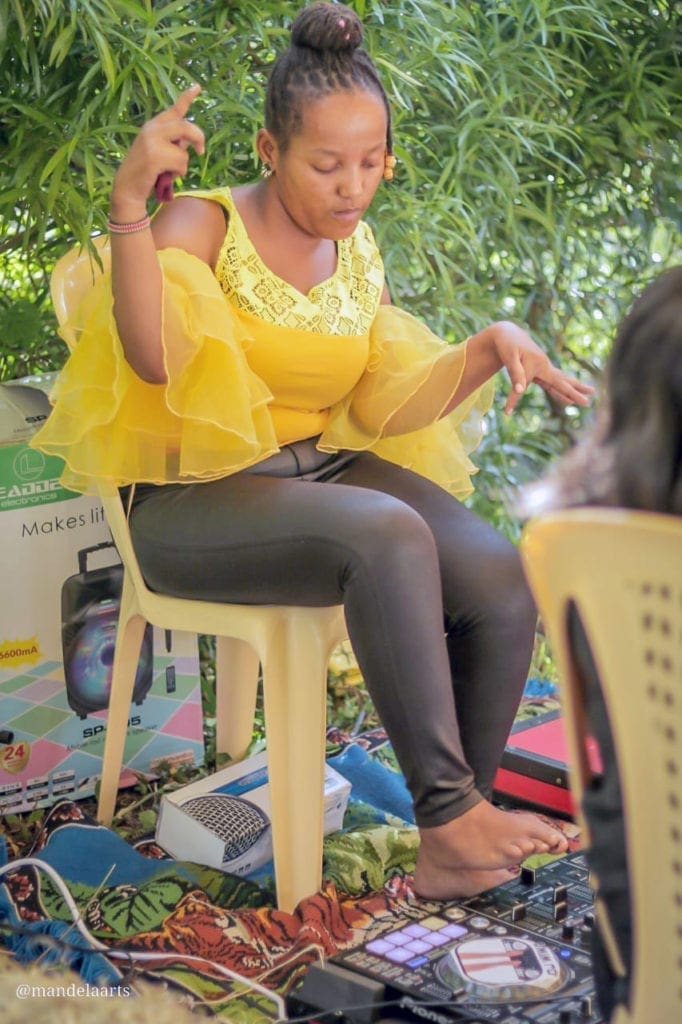
My DJ style
I DJ with my legs, my hands in the air, and my feet on the equipment doing the mixing.
I control my balance on the seat, towering over the DJ equipment on the ground.
I put one foot on my laptop and the other on the decks. With my toe, I press play, and the internet goes on overdrive. It is not hard to do because it is a process I am used to performing.
It is therapy to my soul, so I give it my all.
I believe in and view myself not as just an ordinary DJ. I am an online sensation in Kenya, and my DJ skills impress thousands of people across the globe despite the discrimination I have faced from others.
The DJ community in Kenya has embraced me and supported me in my journey since I started in 2018.
My decks are a gift from them, so I owe them my hard work and success.
As a DJ, I get around three gigs in a good month, each paying about $100. There are months when I do not get even one, but I soldier on because tomorrow will always be brighter. There is always light at the end of the darkness.
Constant challenges
Not every month will be good, and not every month will be poor.
The industry is somewhat tough to maneuver.
Still, I am proactive in seeking out gigs and marketing myself on various social media platforms, including my online platforms like YouTube, Facebook, and Twitter.
I always do videos of me on the decks mixing and share them on my media to market myself and share my potential with the world, in the hopes potential clients will notice my entertainment style.
There are times when I do not get gigs, yet everyone agrees that I am talented and competent, just like other music entertainers in the world.
Some take my condition as a reason not to give me opportunities. The main question I get from people is how can you be a DJ when your upper body is unstable.
I don’t let that affect me because I know thousands of people do believe in me, so I am here to power through and make them proud with doses of my entertainment.
My motivation
Being a DJ is fun. I get to enjoy myself and meet new people at every event I attend. I enjoy every aspect of it, despite the challenges I encounter along the way.
I am inspired to go for big things, and my goal is to DJ for large crowds in concerts to be held in the country after Covid-19.
I always encourage myself by occasionally whispering and reaffirming, “You are the queen of the decks.”
My mom was my number one fan, but she died in 2019 on Christmas Day. That was heartbreaking.
She was my number one cheerleader. I will never forget her support and encouragement.
My biggest fans now are my siblings and my closest friends, who support and encourage me to keep going.
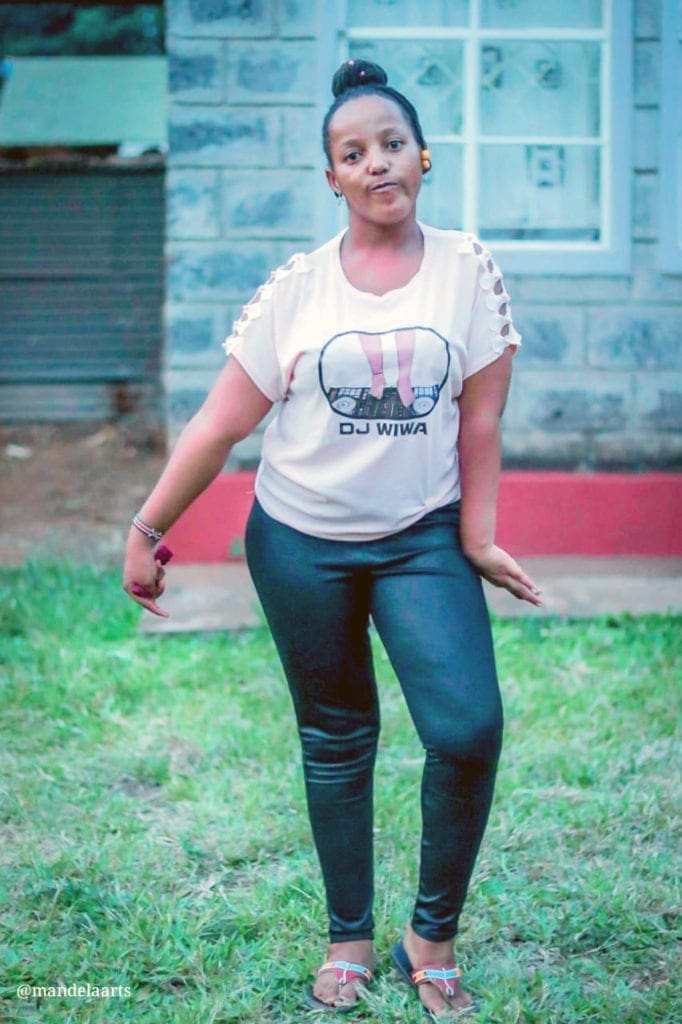
Post-pandemic plan
I am so hopeful for what is to come when the pandemic ends and things return to normal. I hope to be flying to gigs when that time comes.
I am primarily doing virtual events now, which are eye-opening and have linked me to different people, giving me hope for the future.
I plan to work harder in landing corporate shows to broaden my fan base.
My ultimate goal is to be an international DJ because nothing limits me. I believe all things are possible.
I encourage everyone to pursue their dreams no matter what situation they face. I want to encourage all physically and mentally challenged people to believe in themselves.
Disability is not inability. Do anything that you think is good for you, and don’t allow other people’s opinions or your health status to bring you down.
I am a living testimony that disability is not inability, so use me as your inspiration and keep on soaring.

